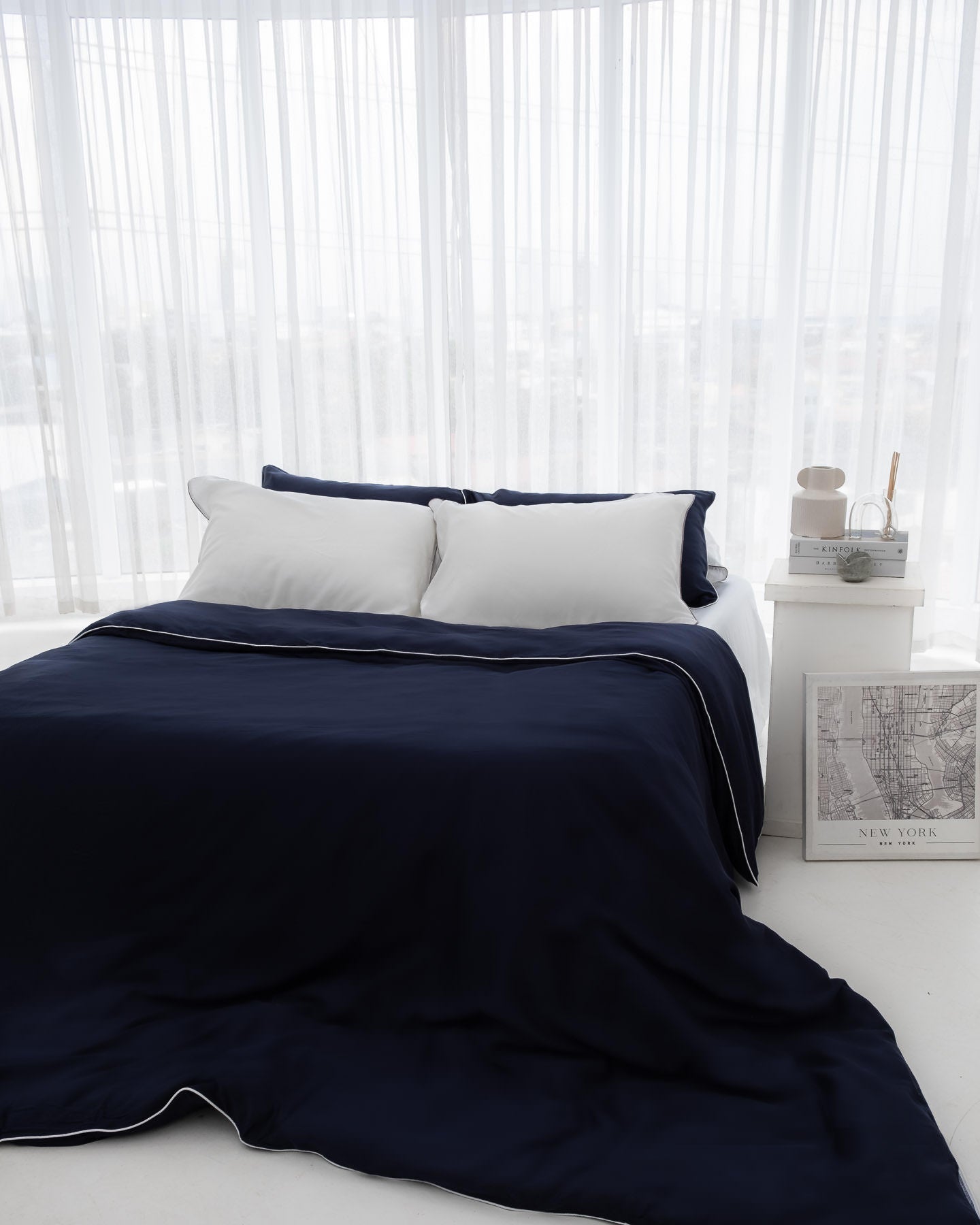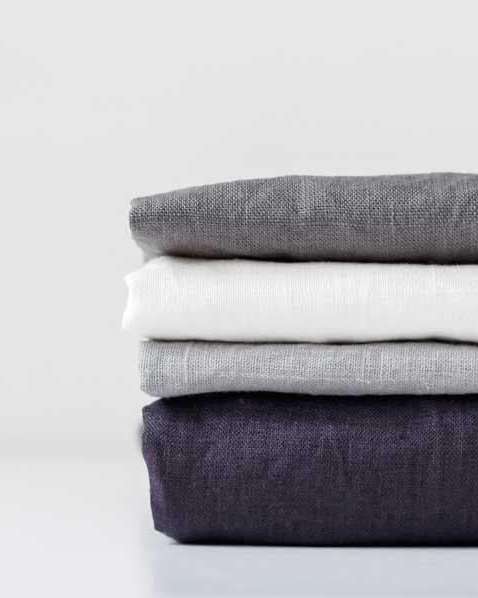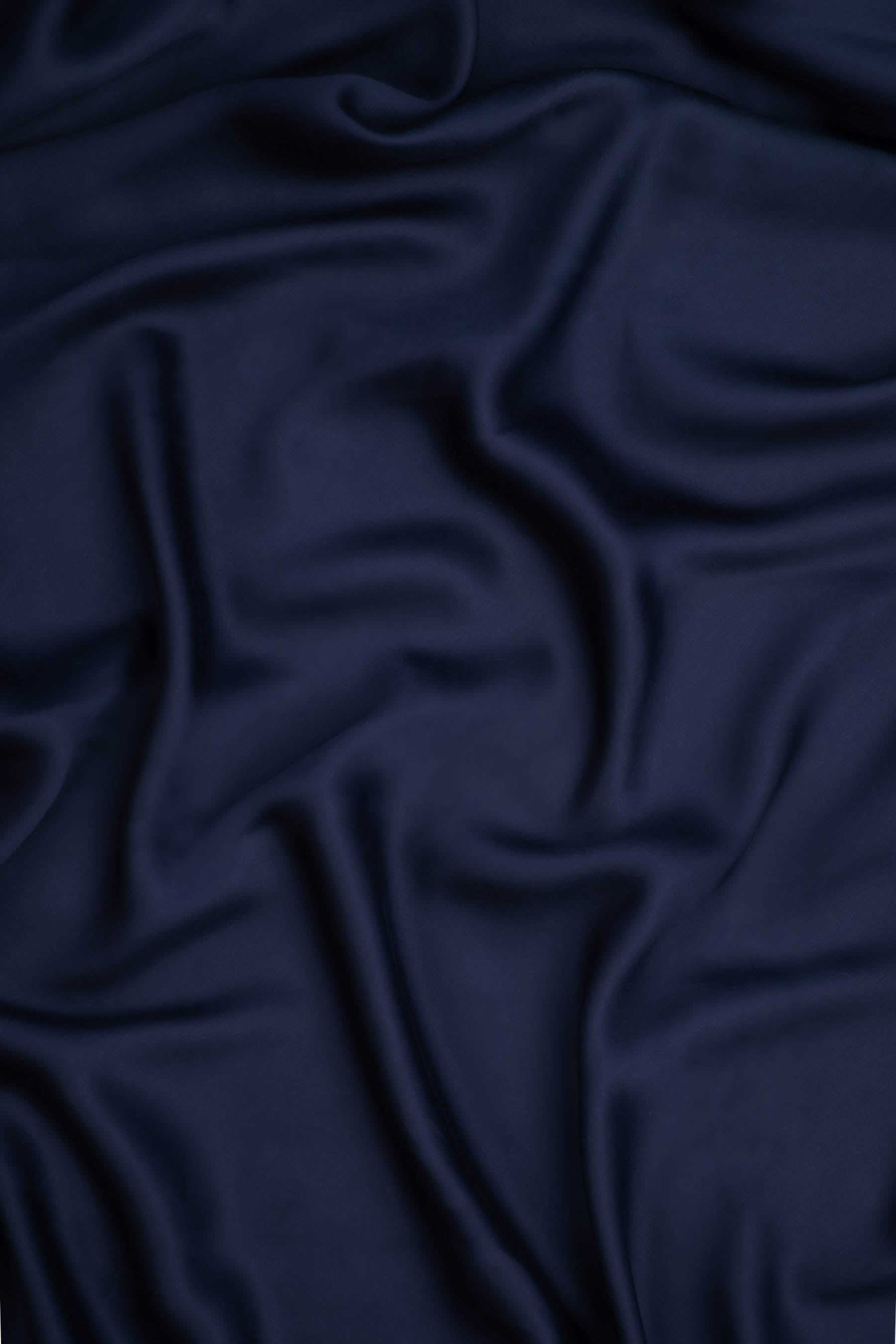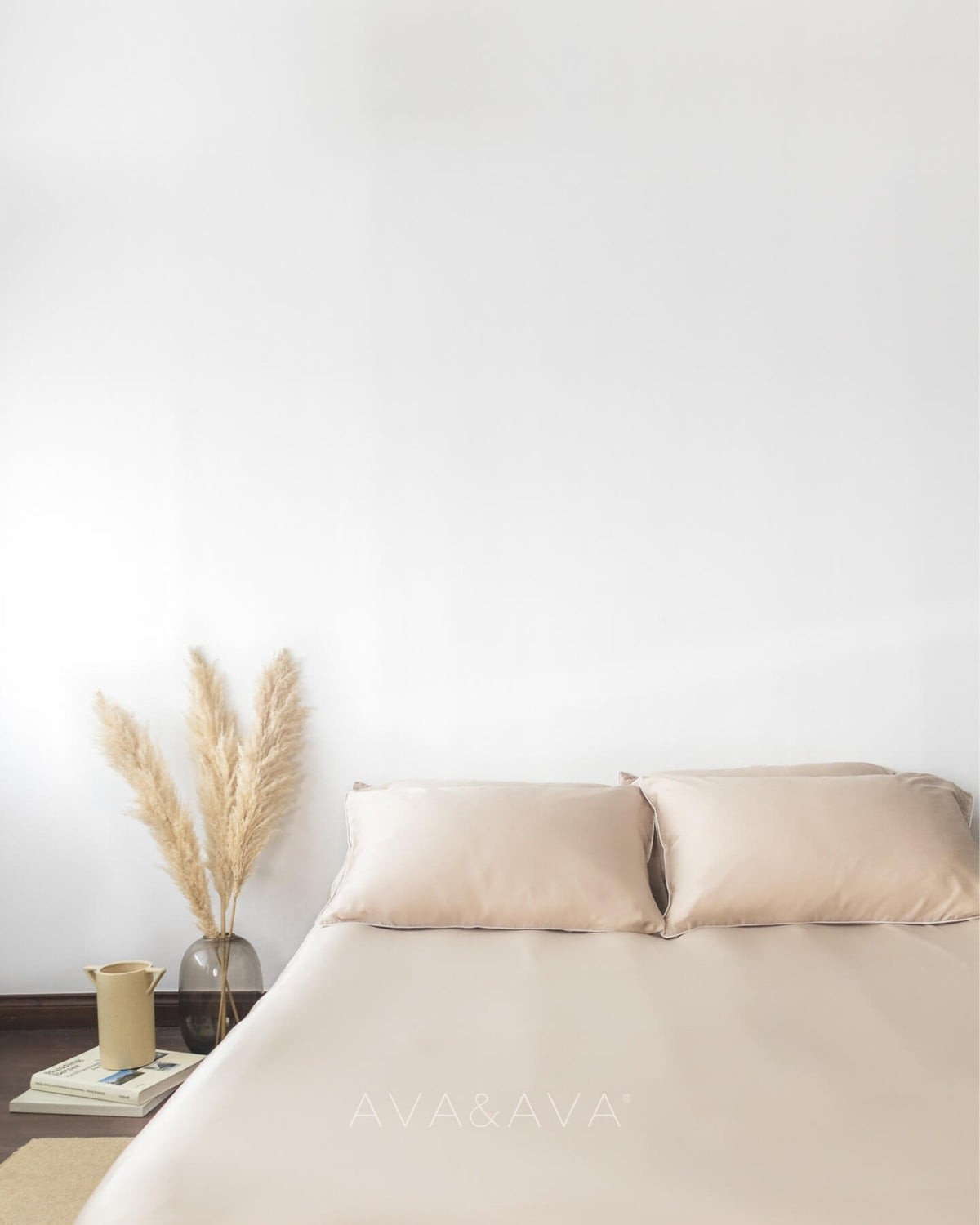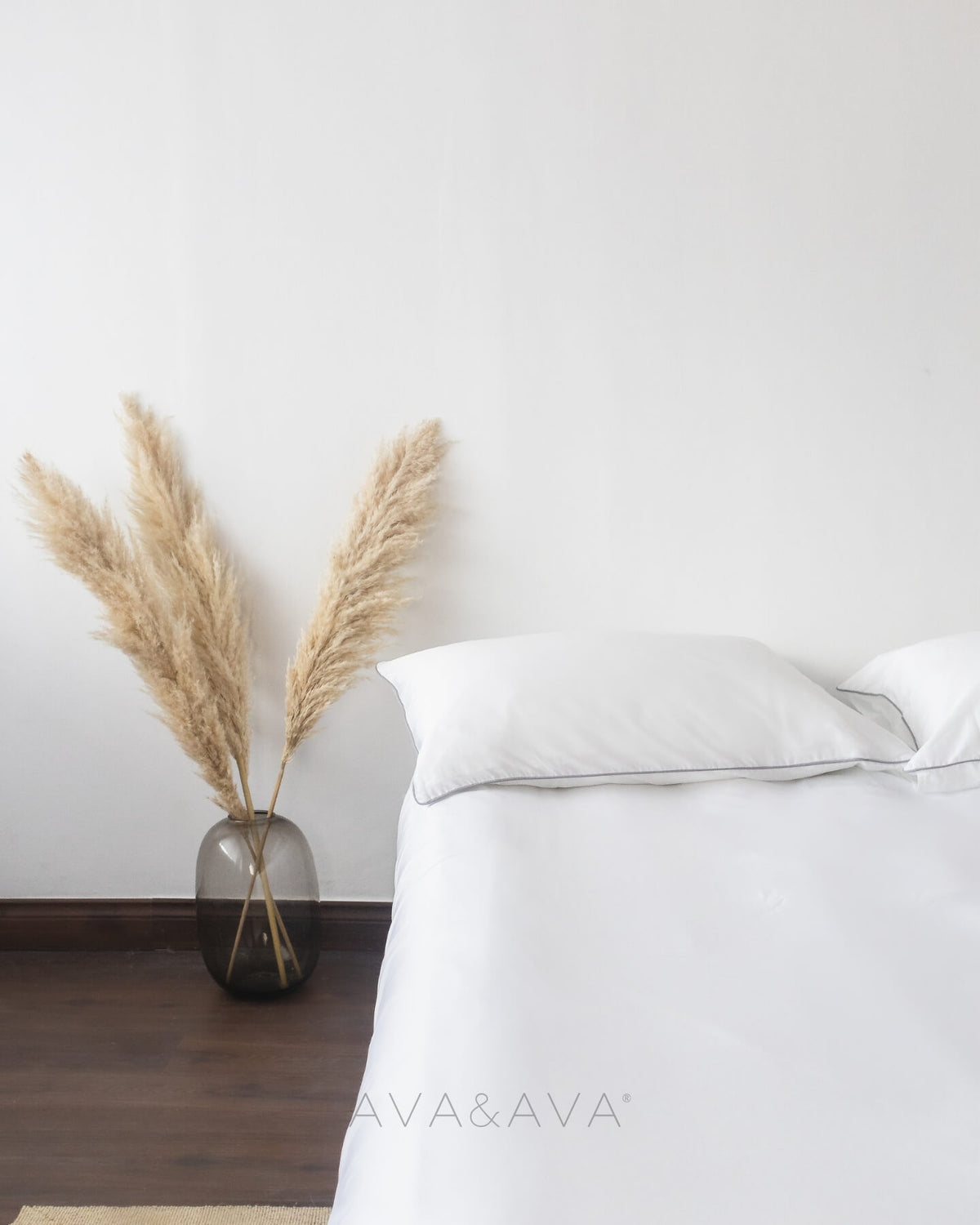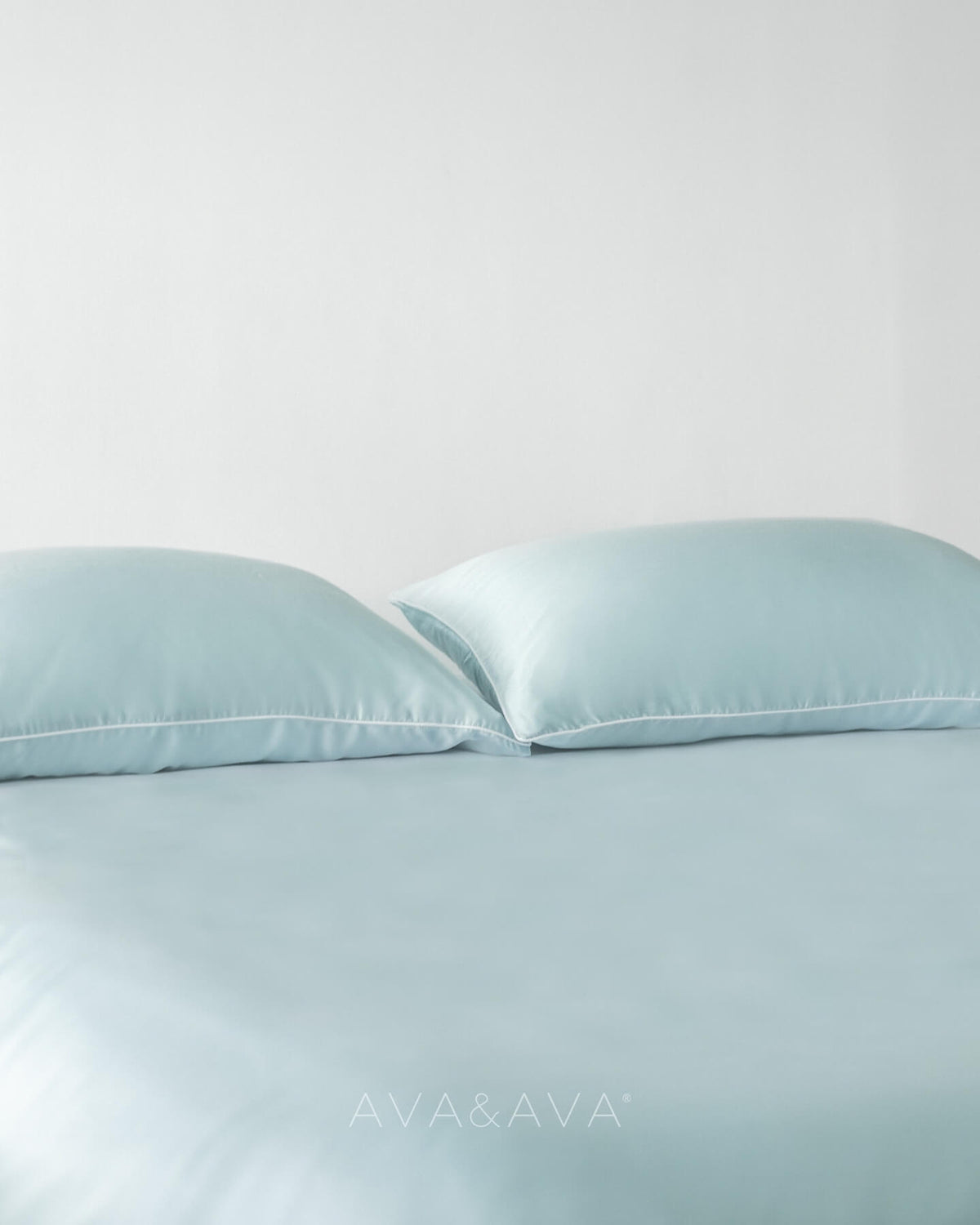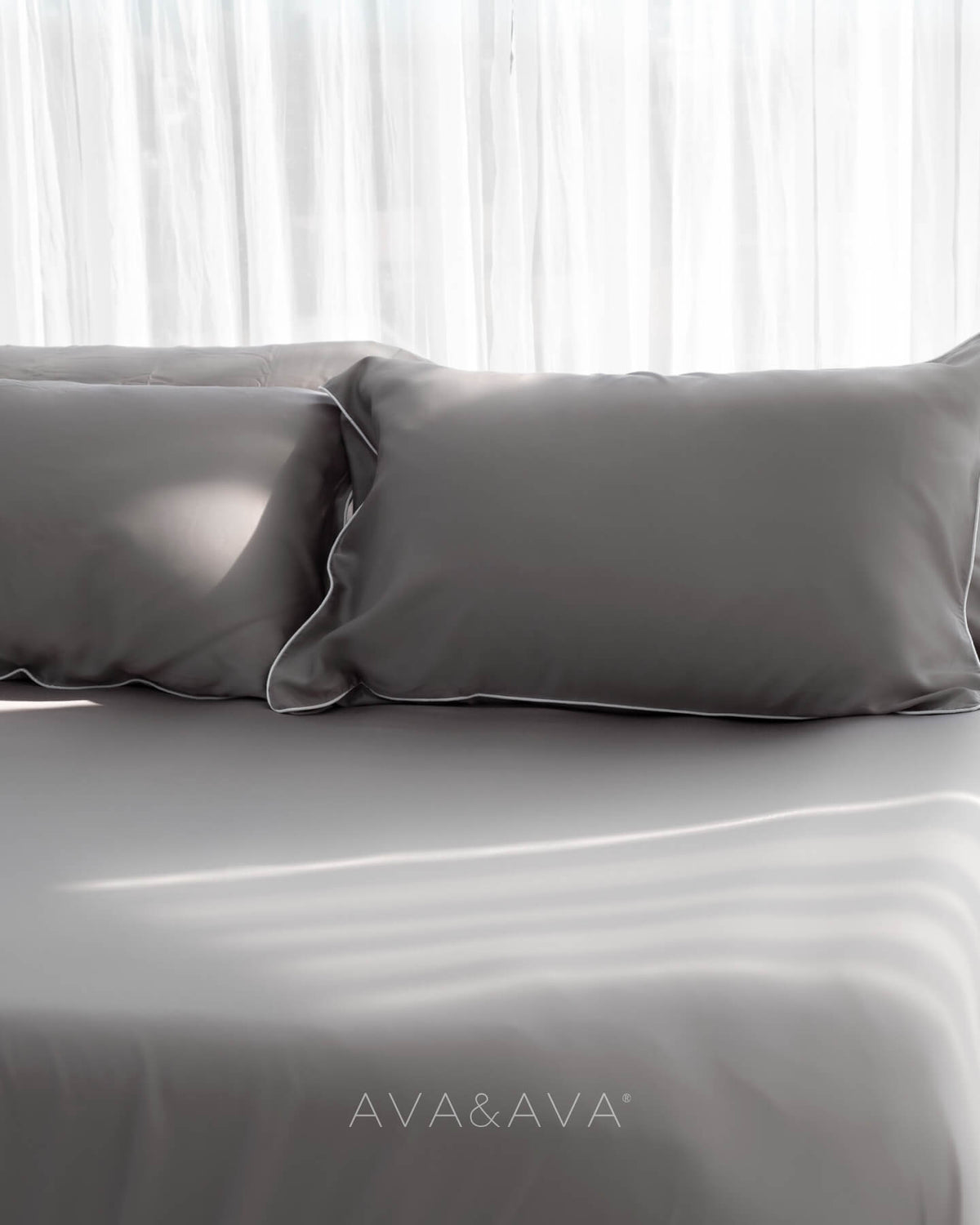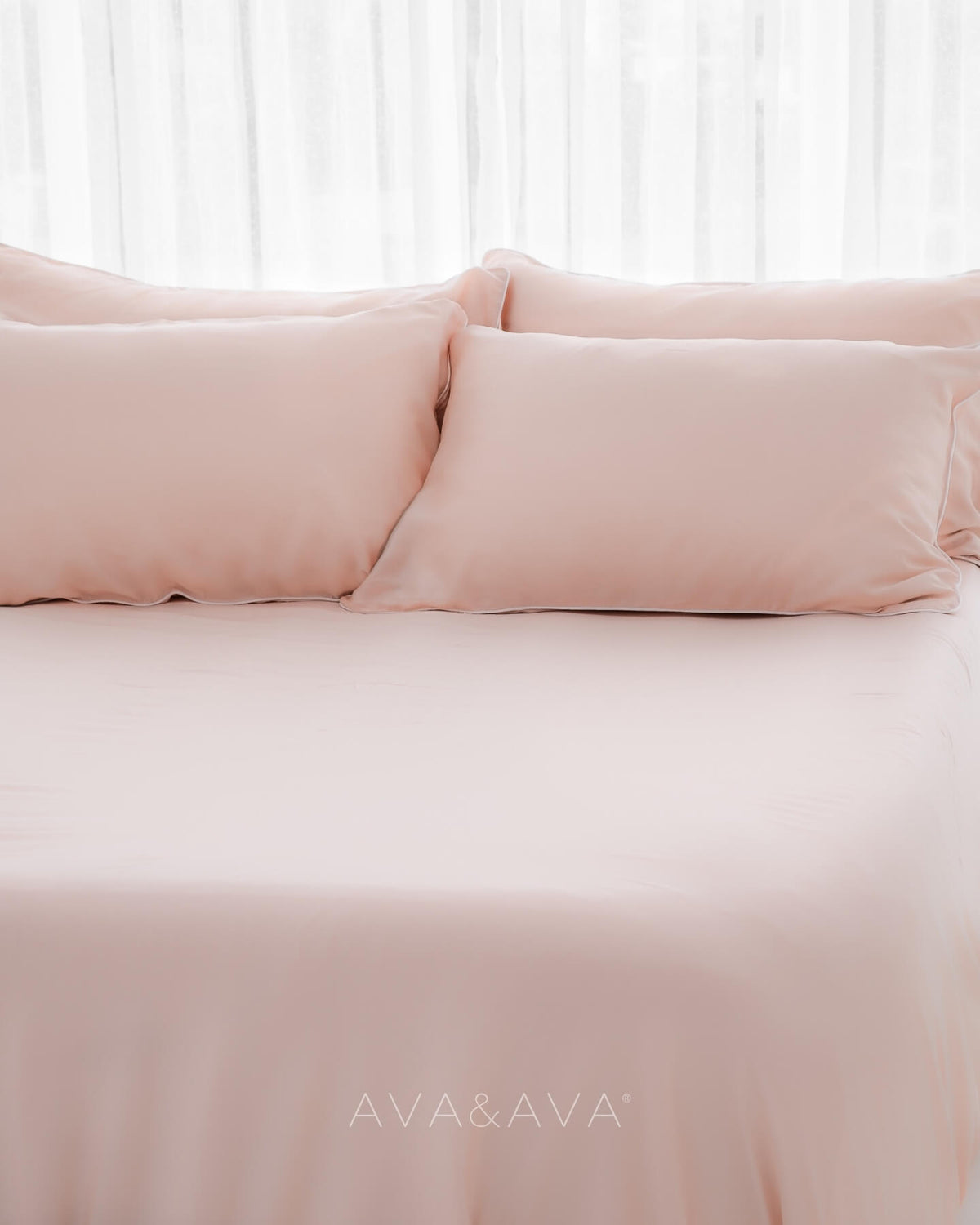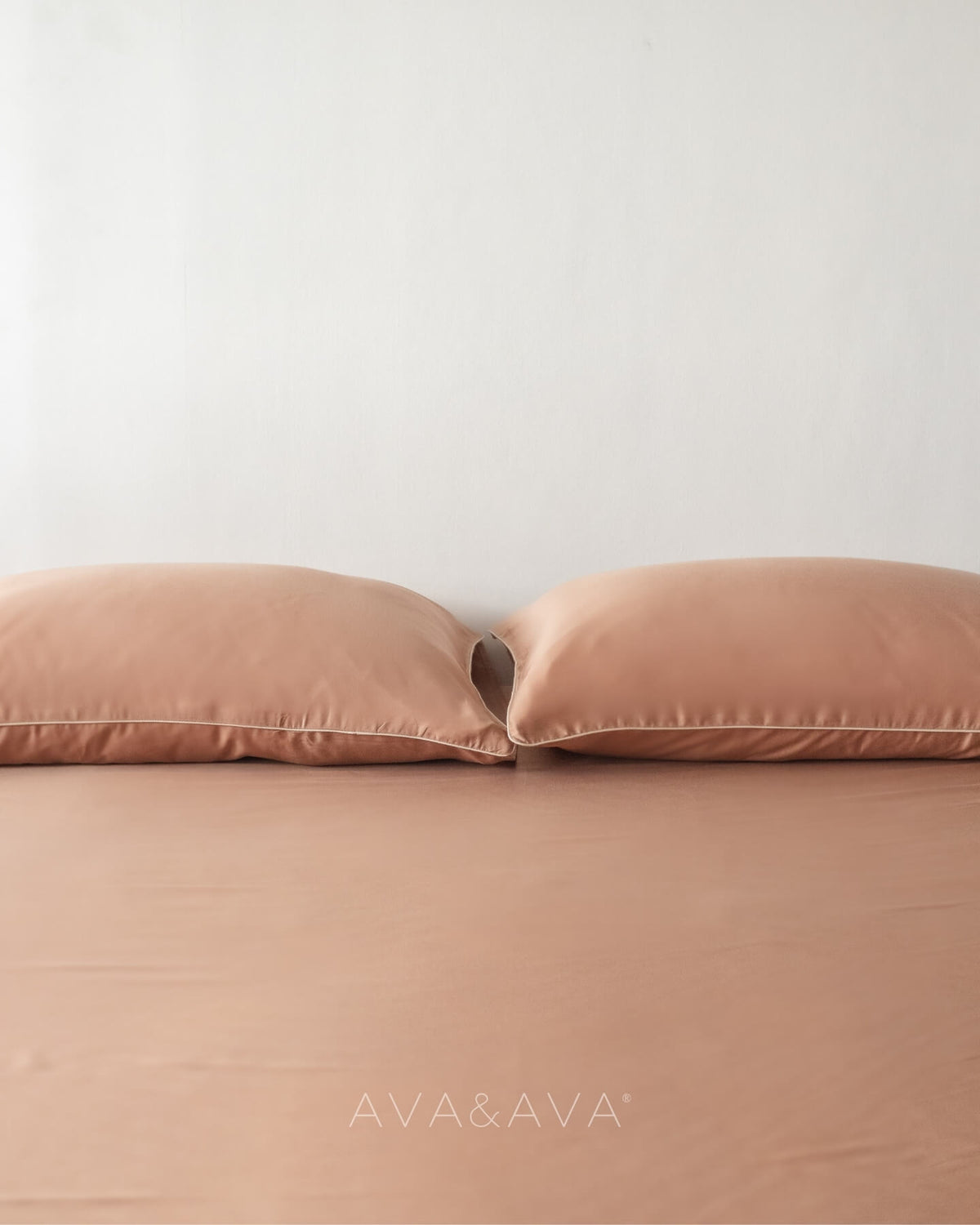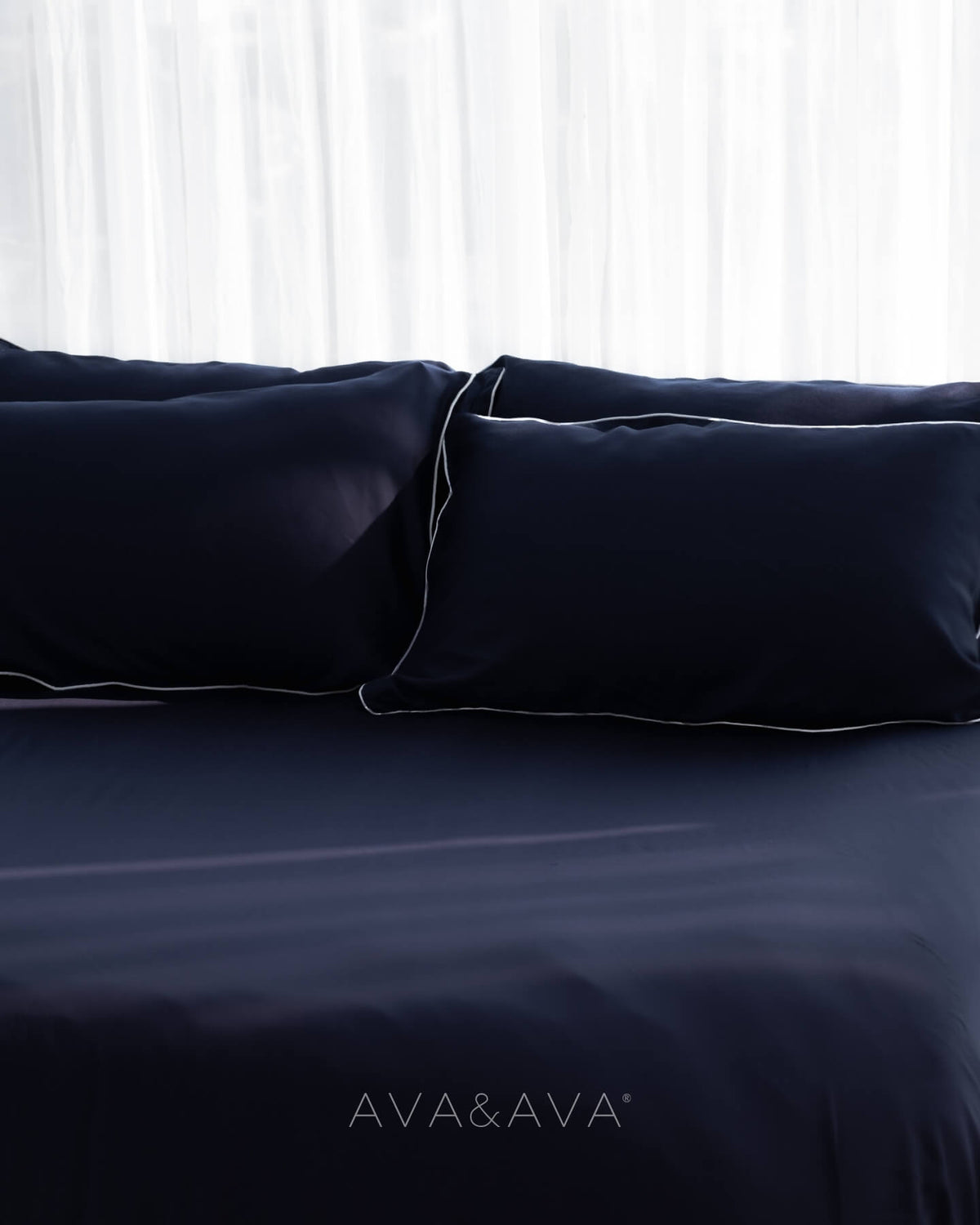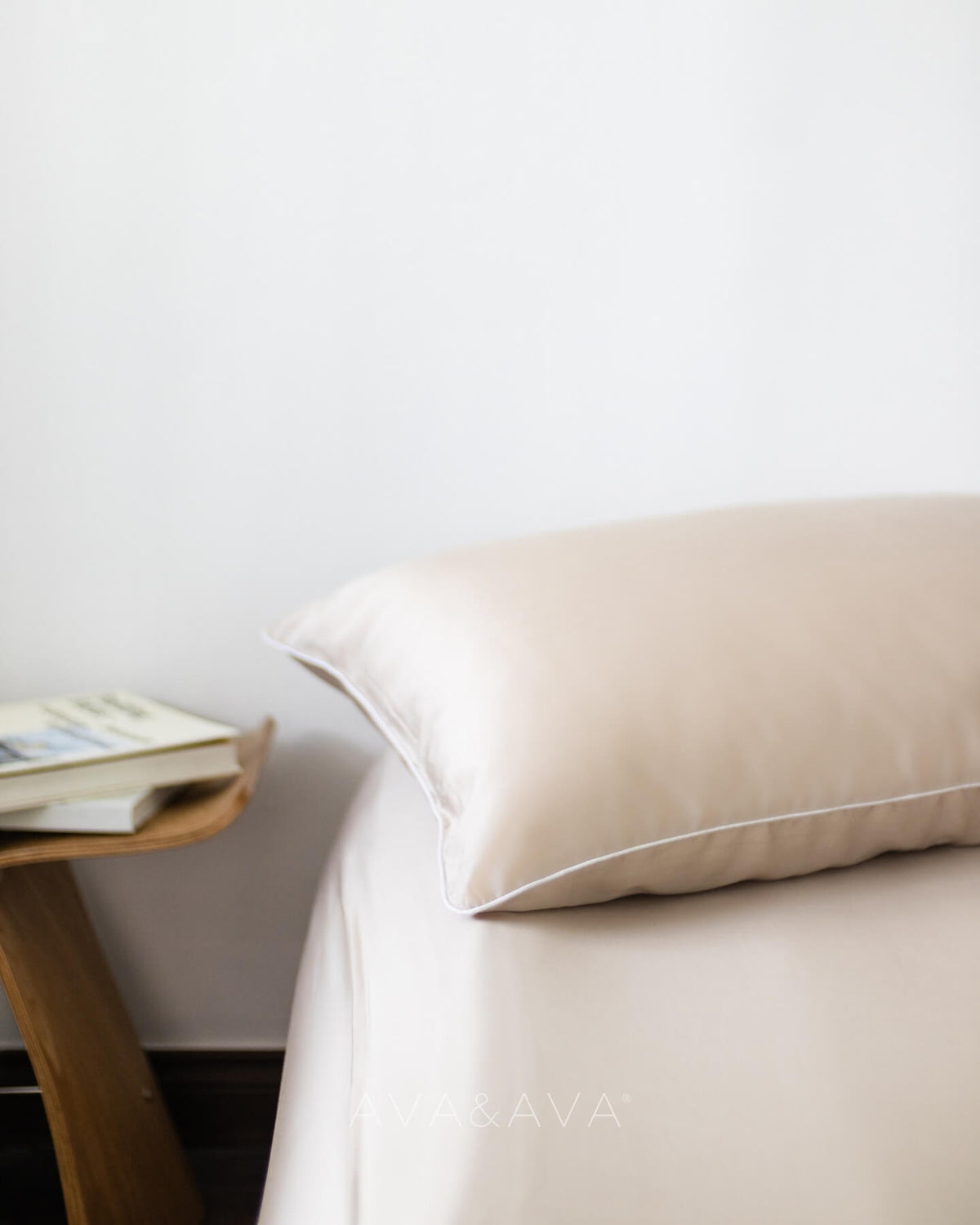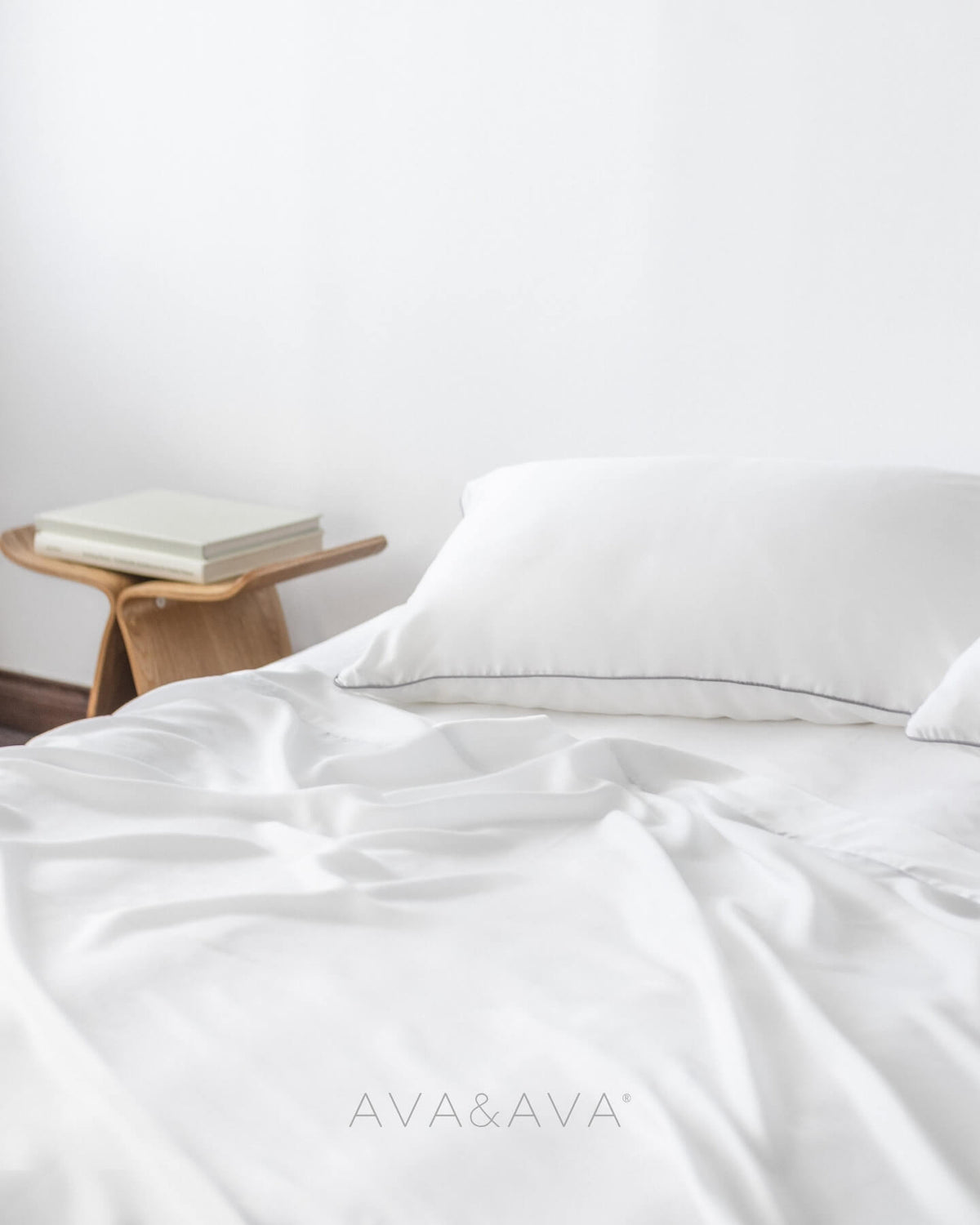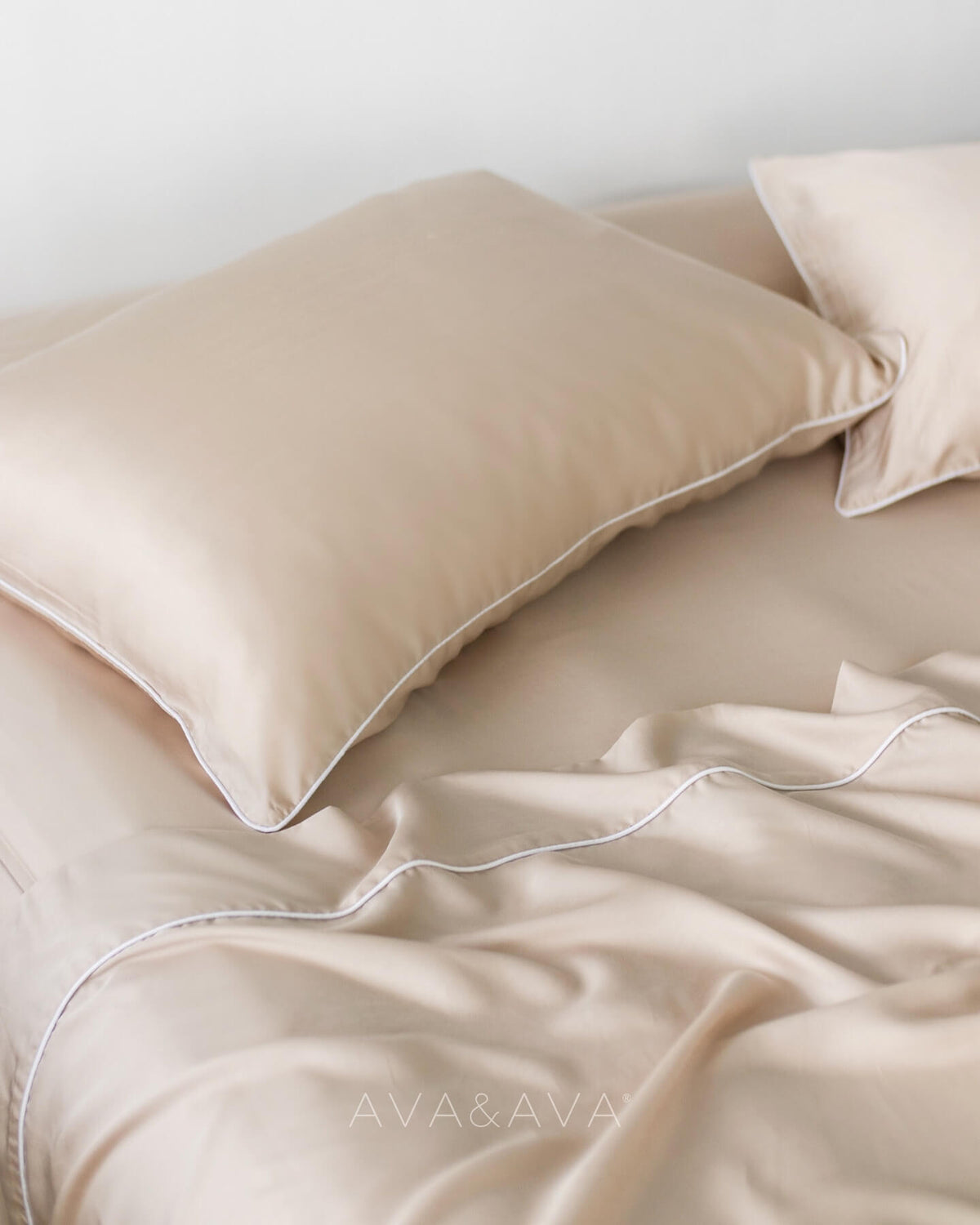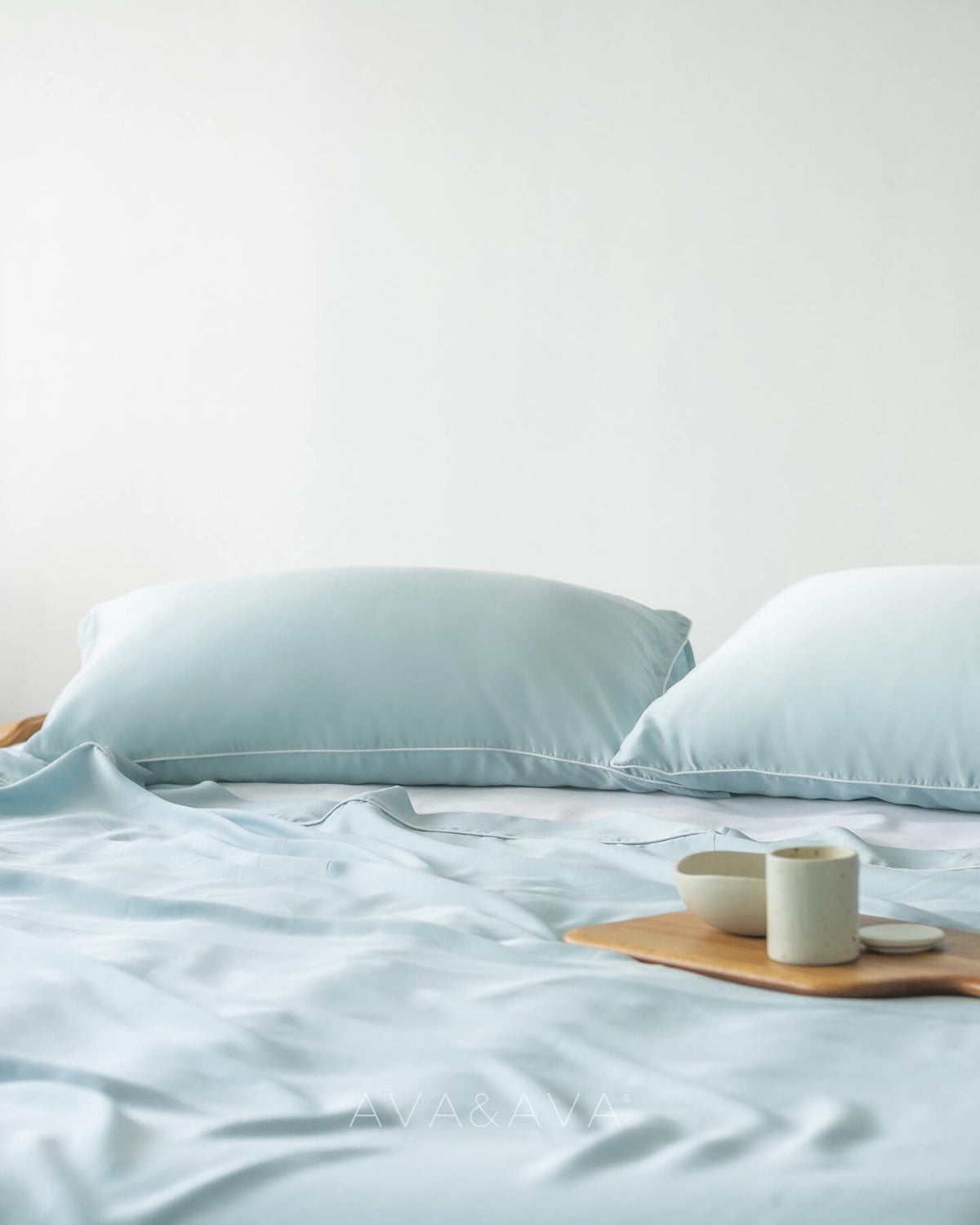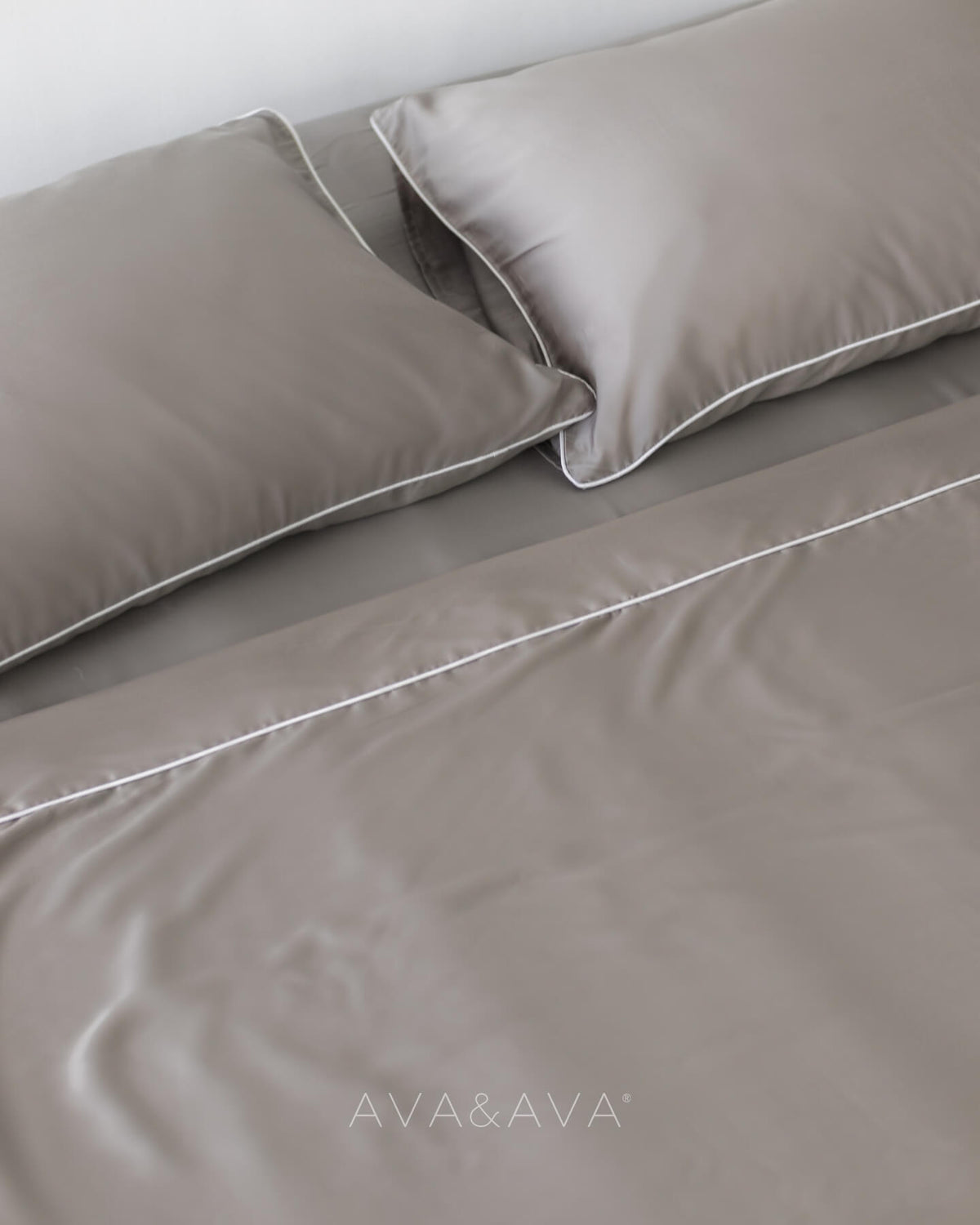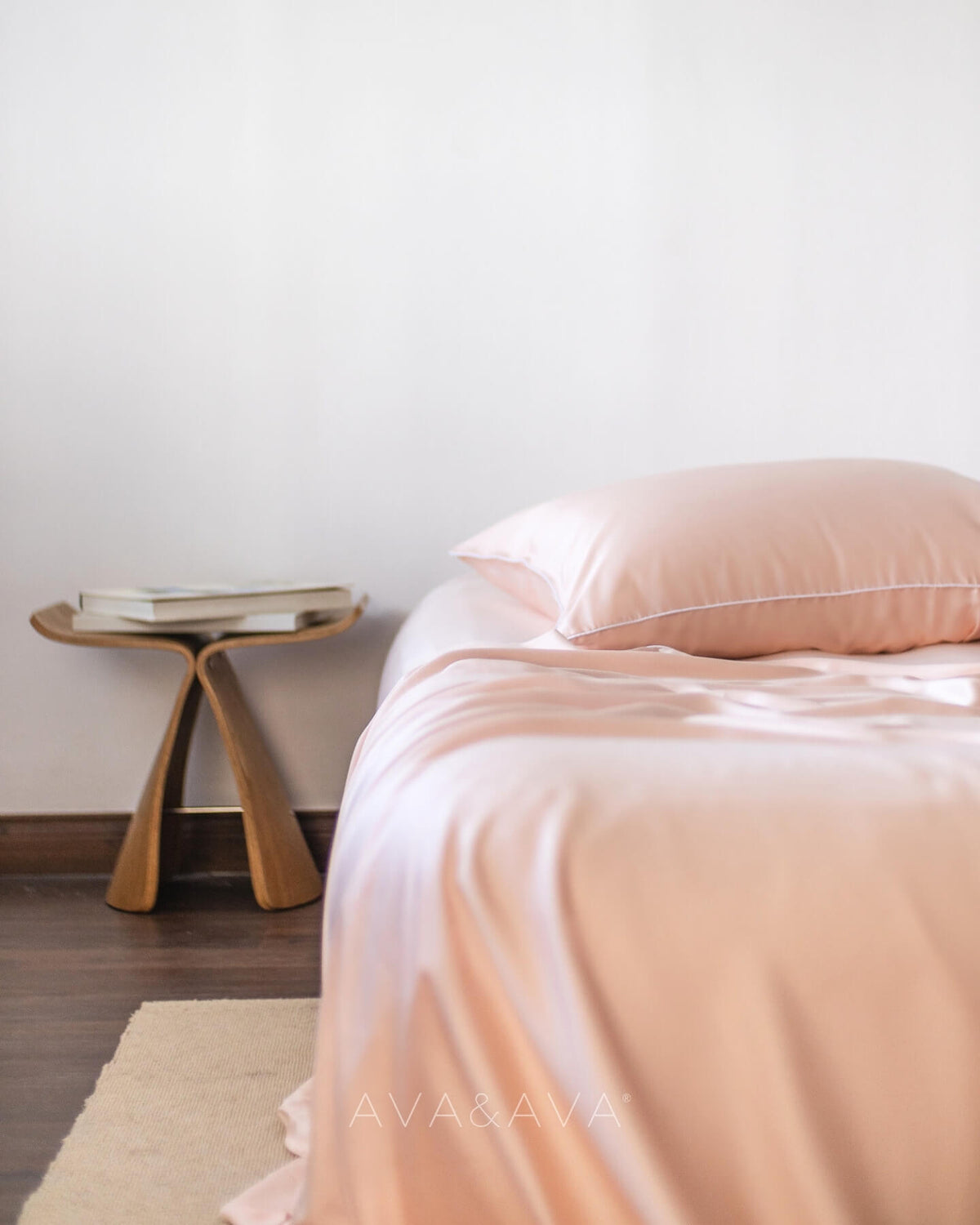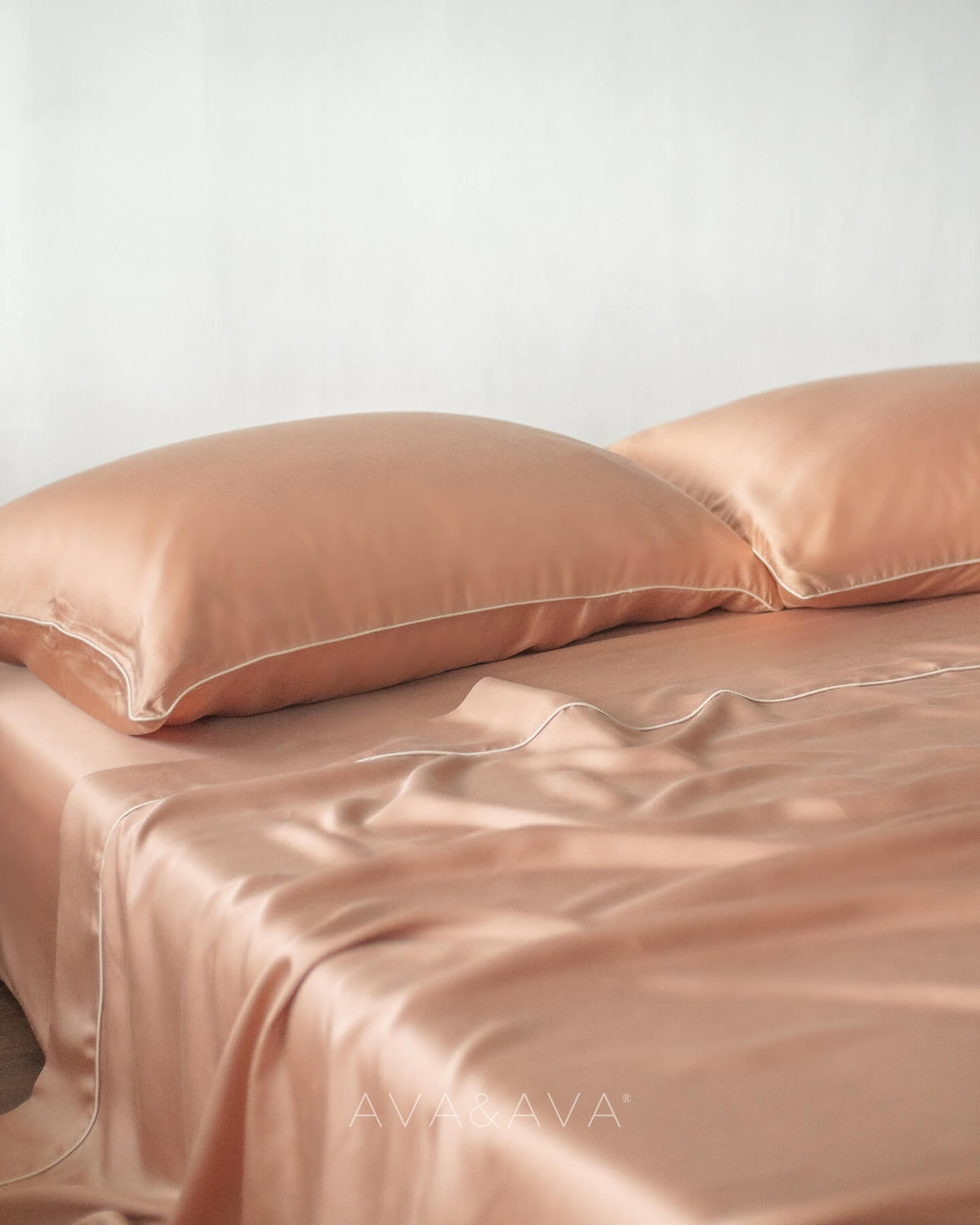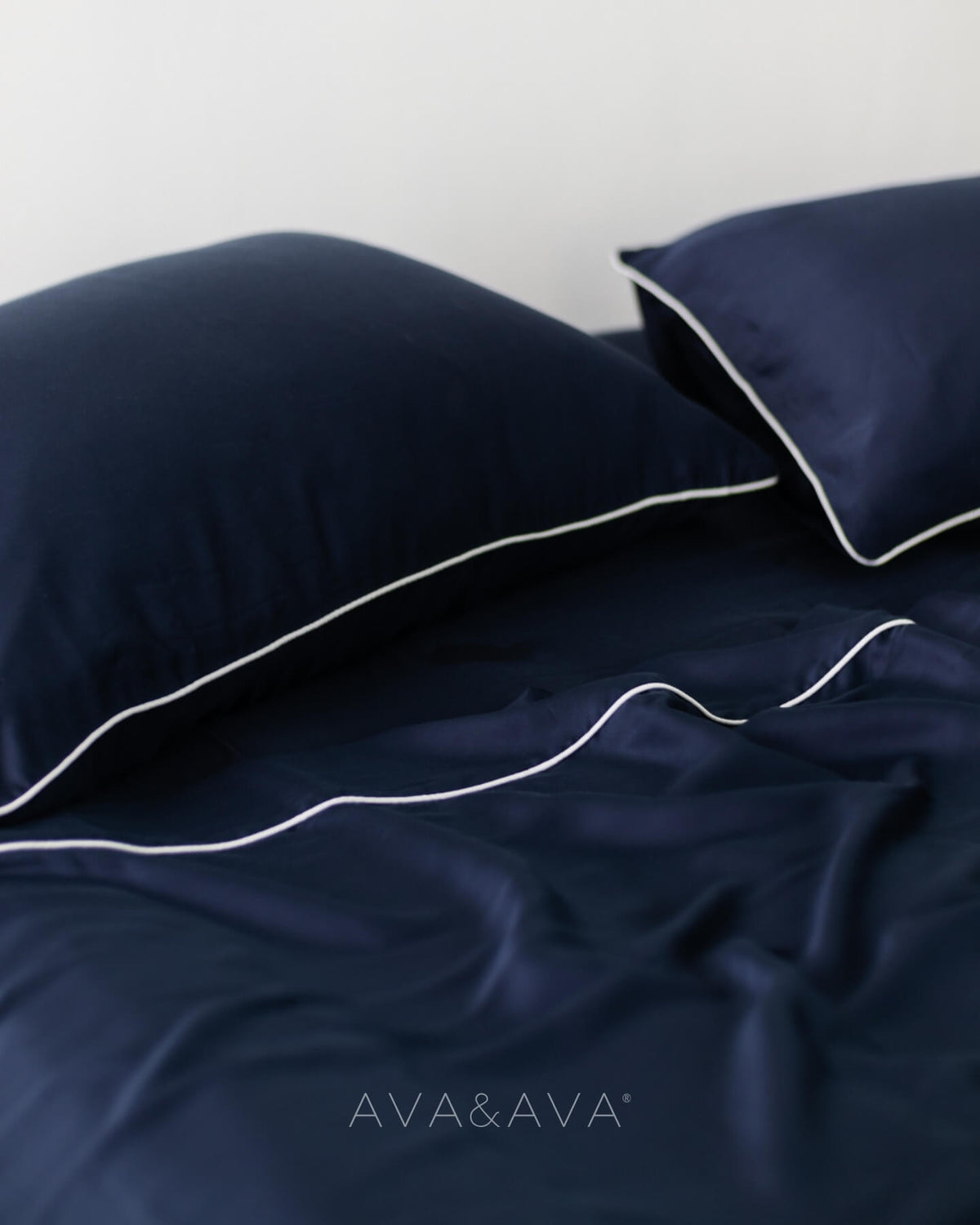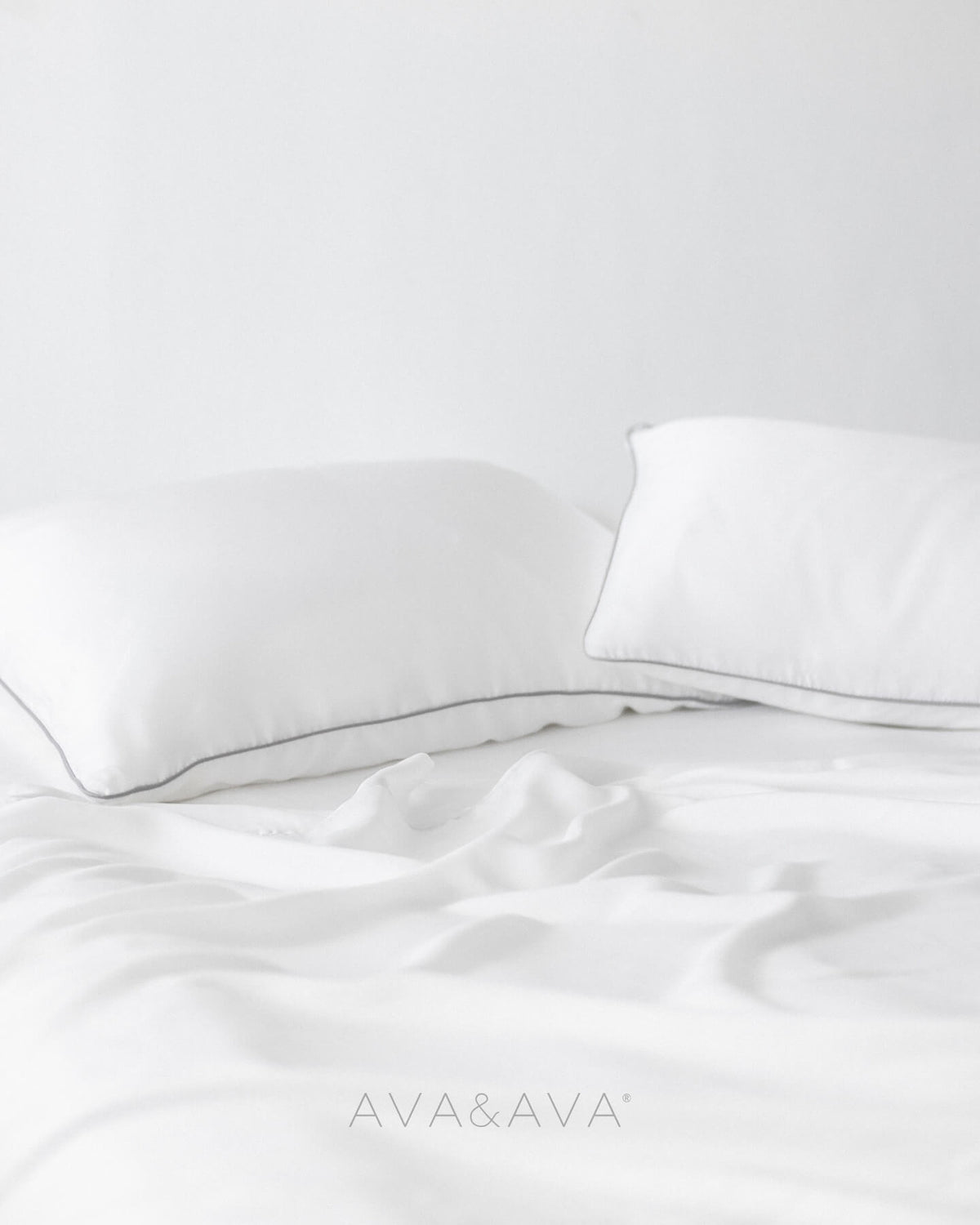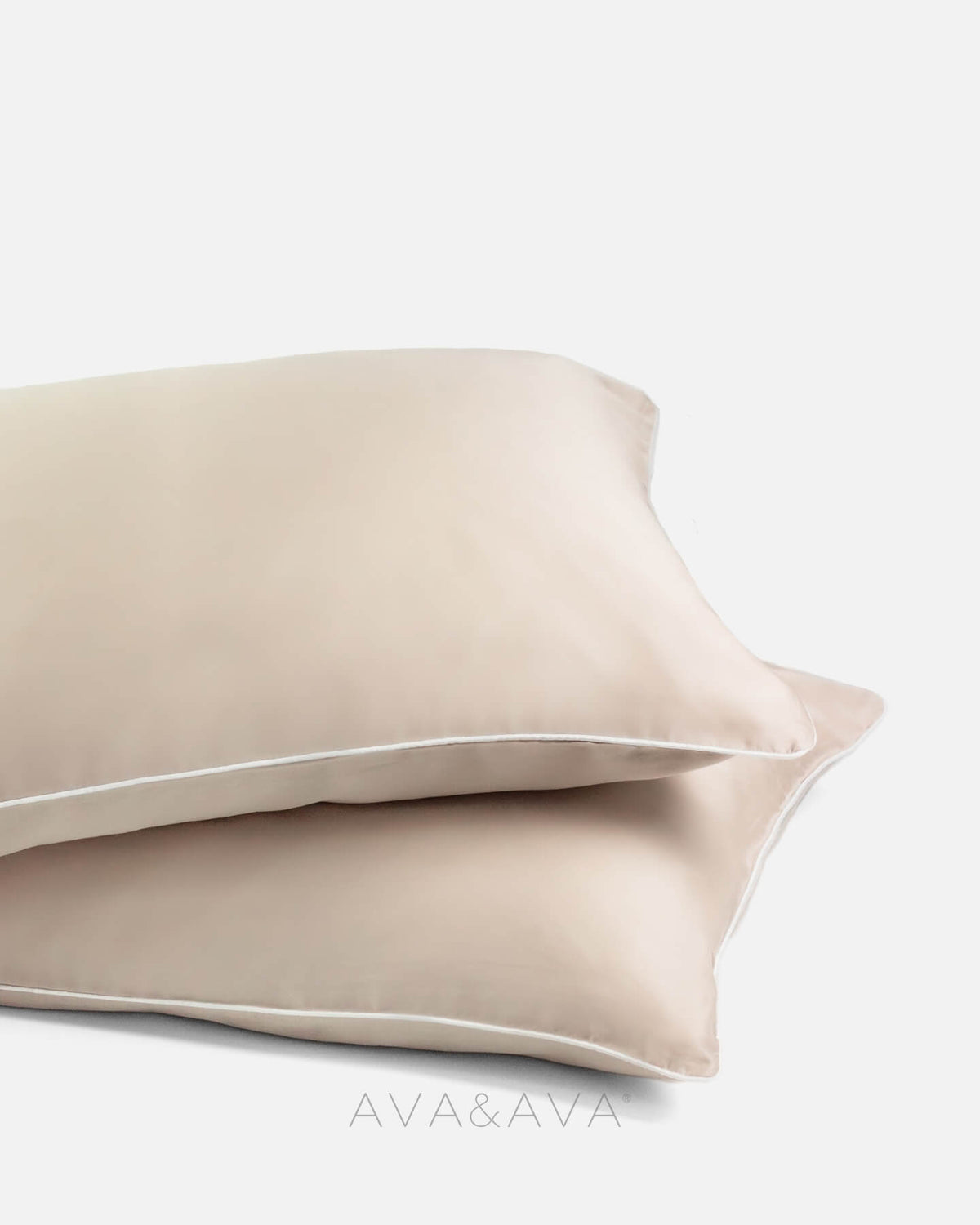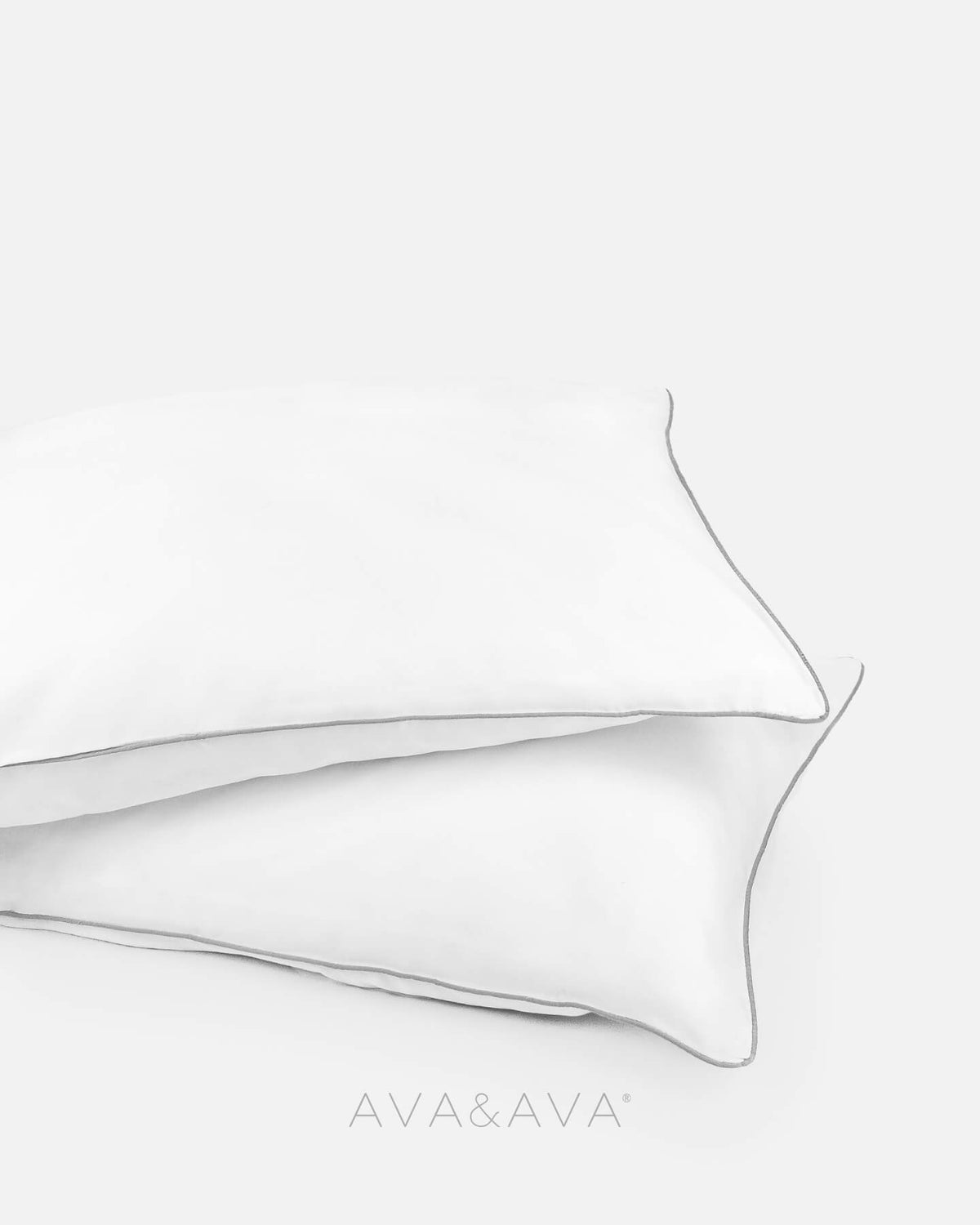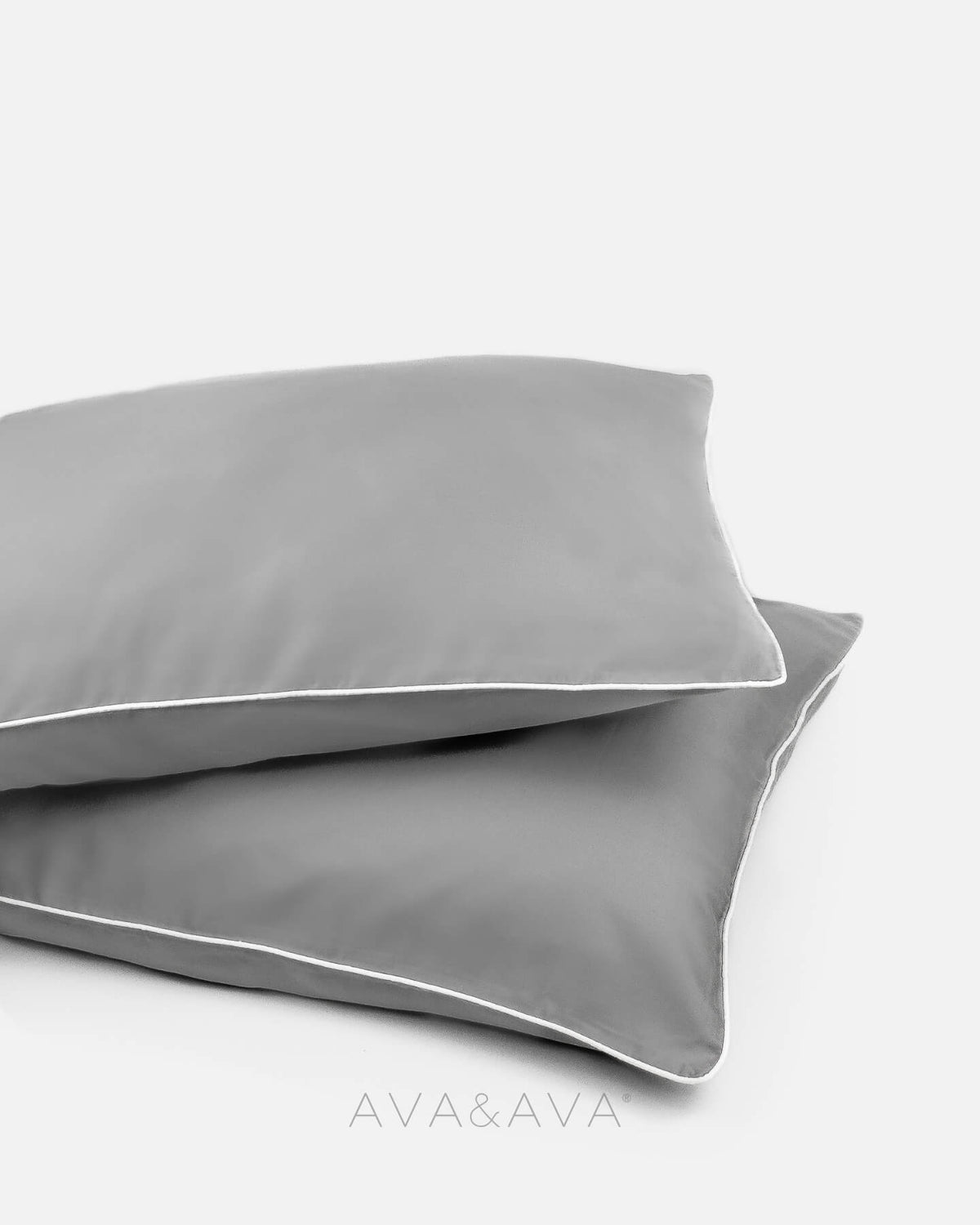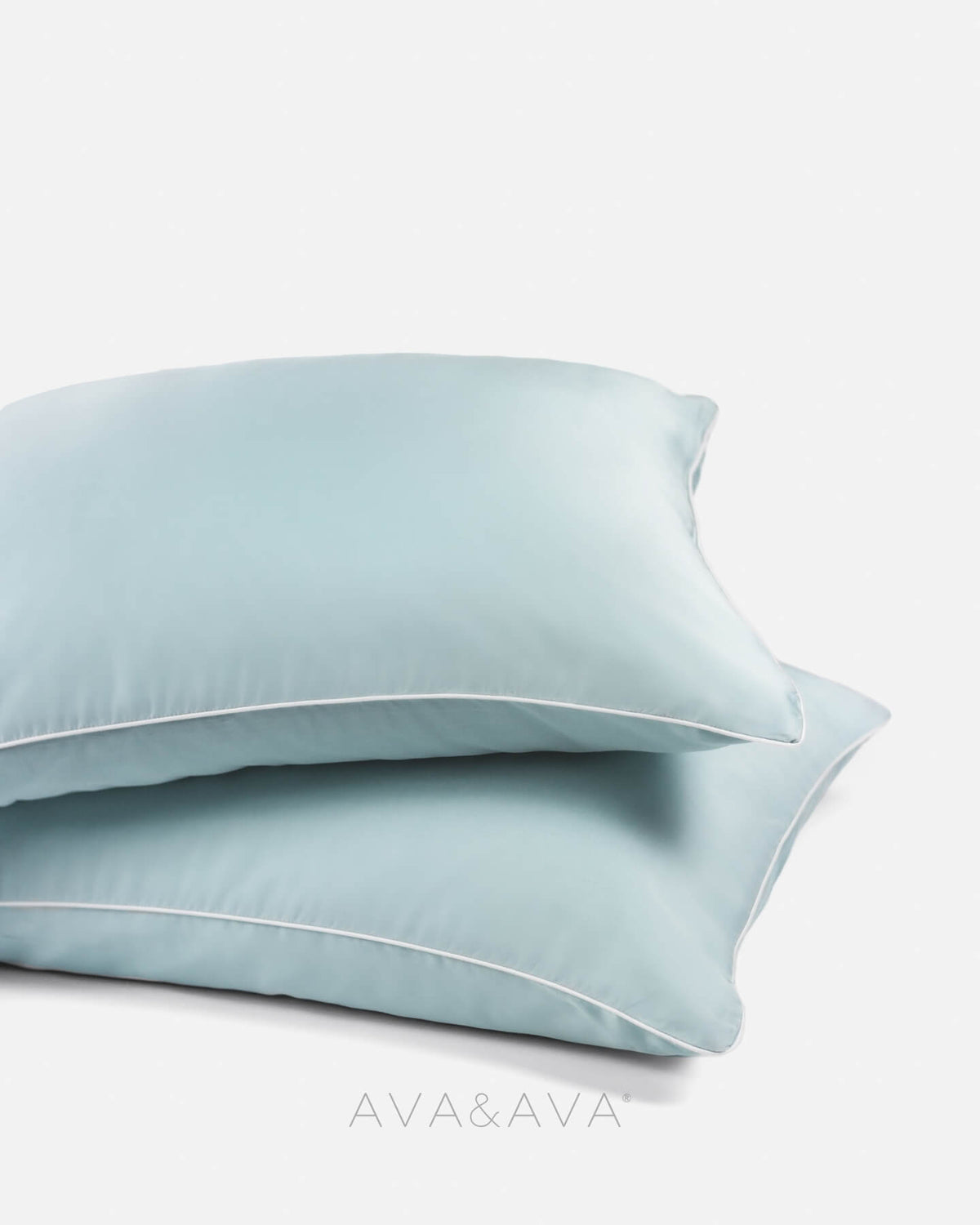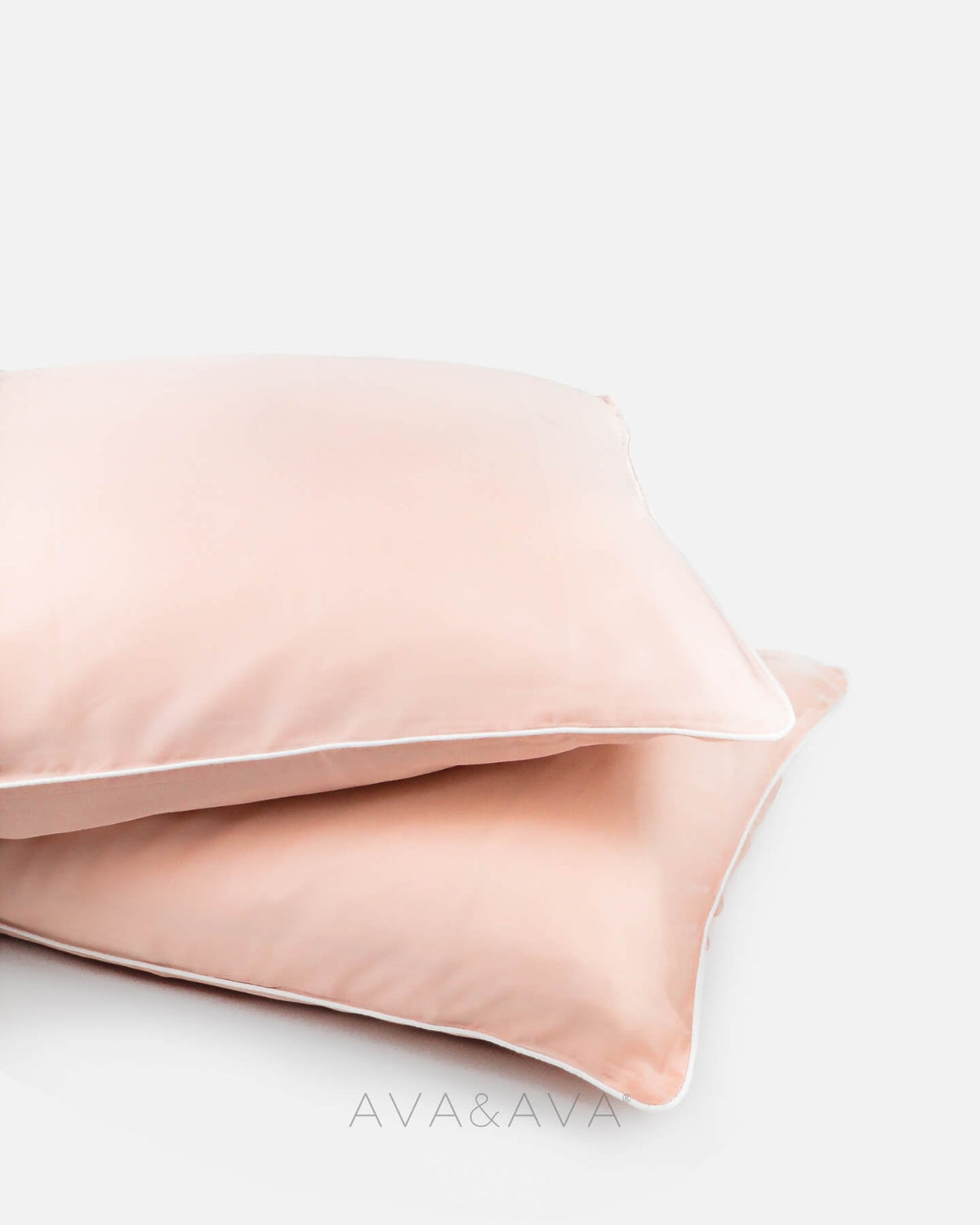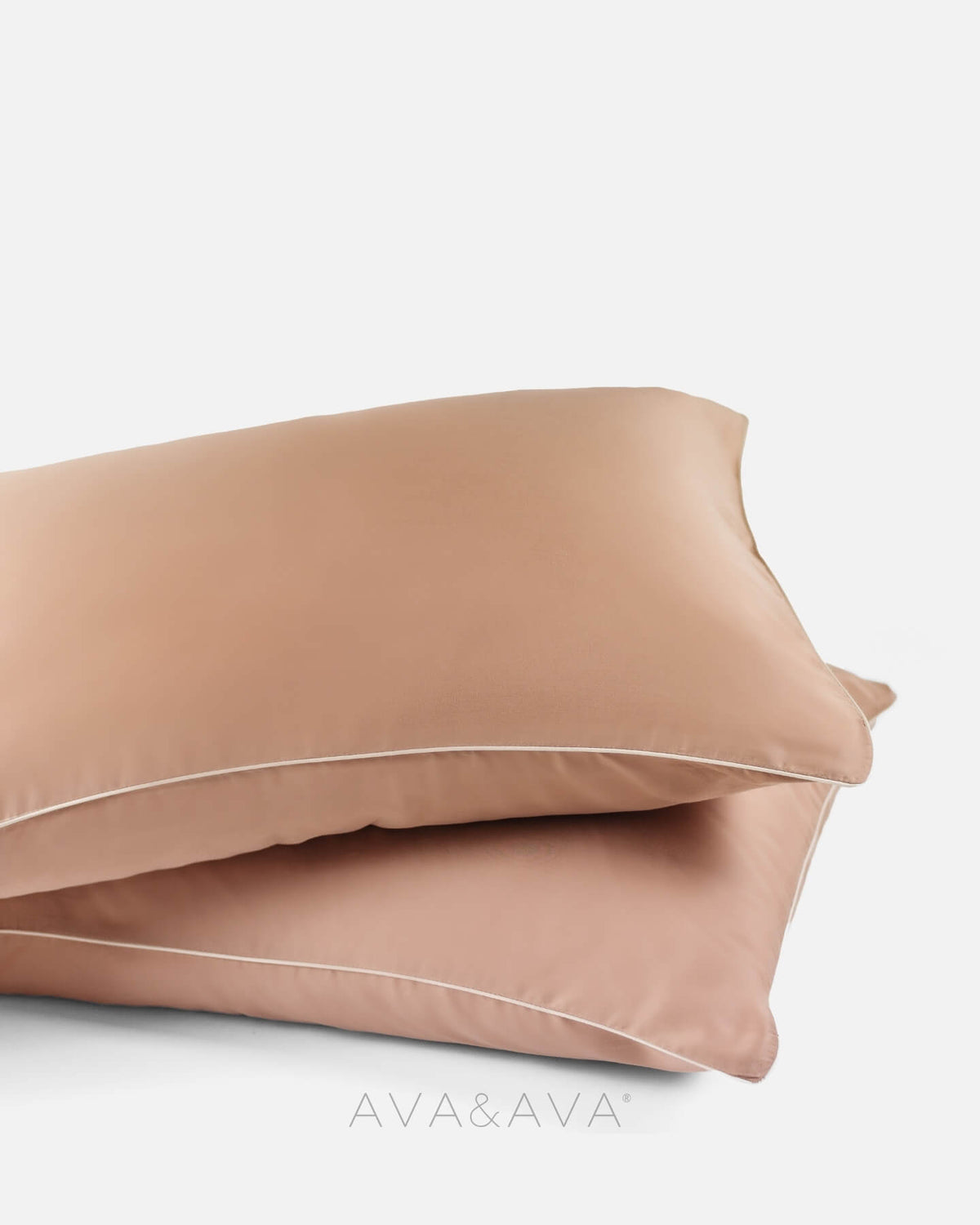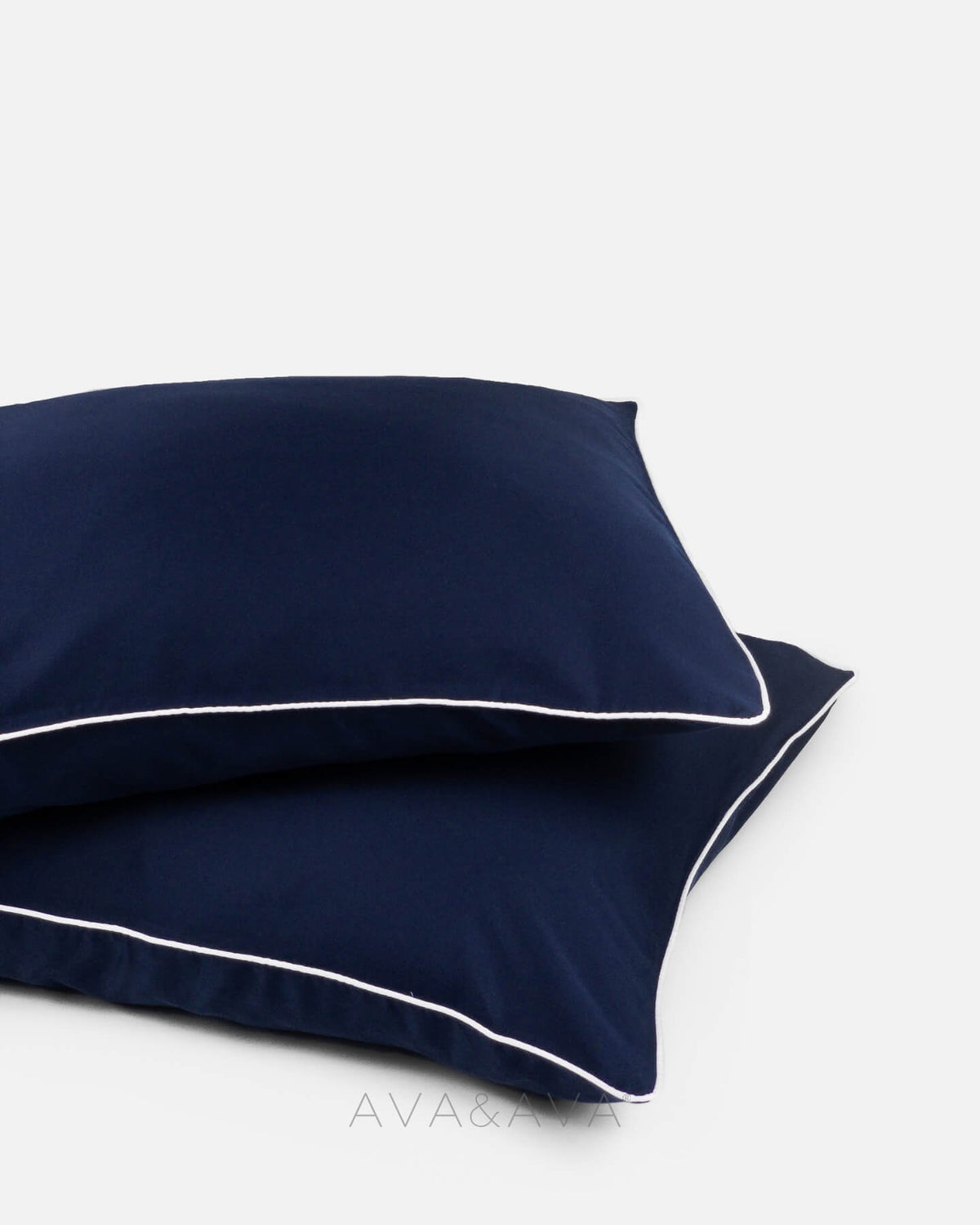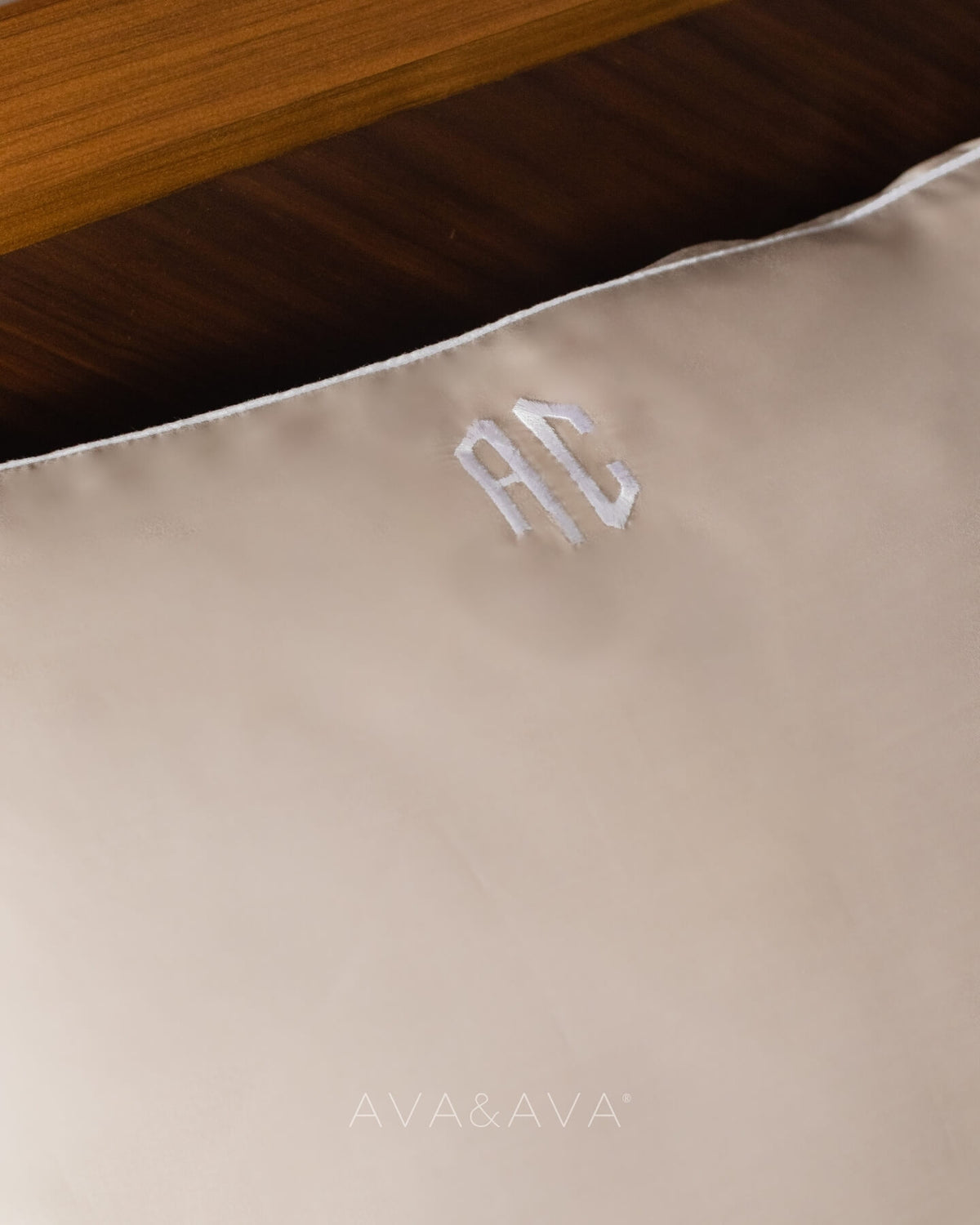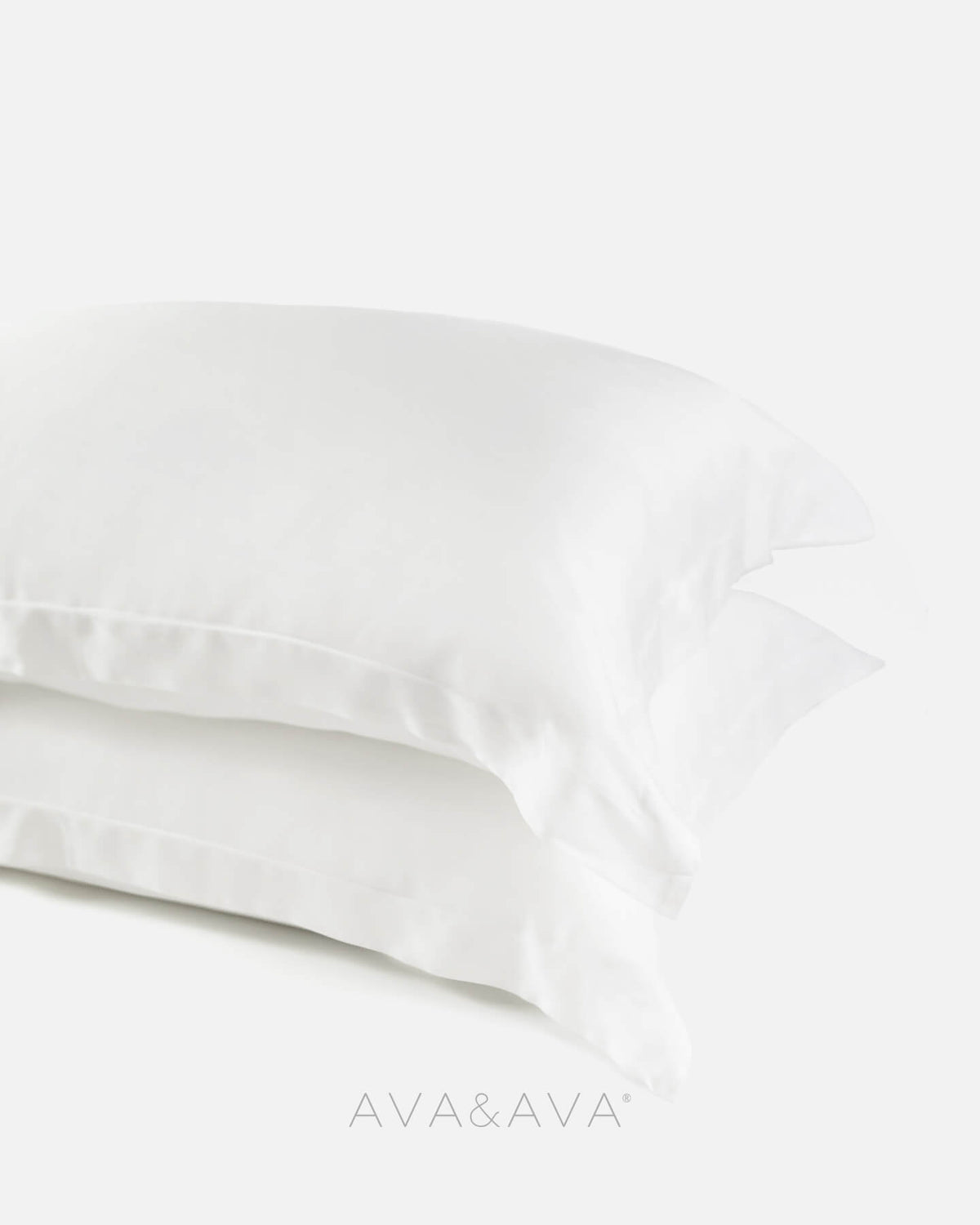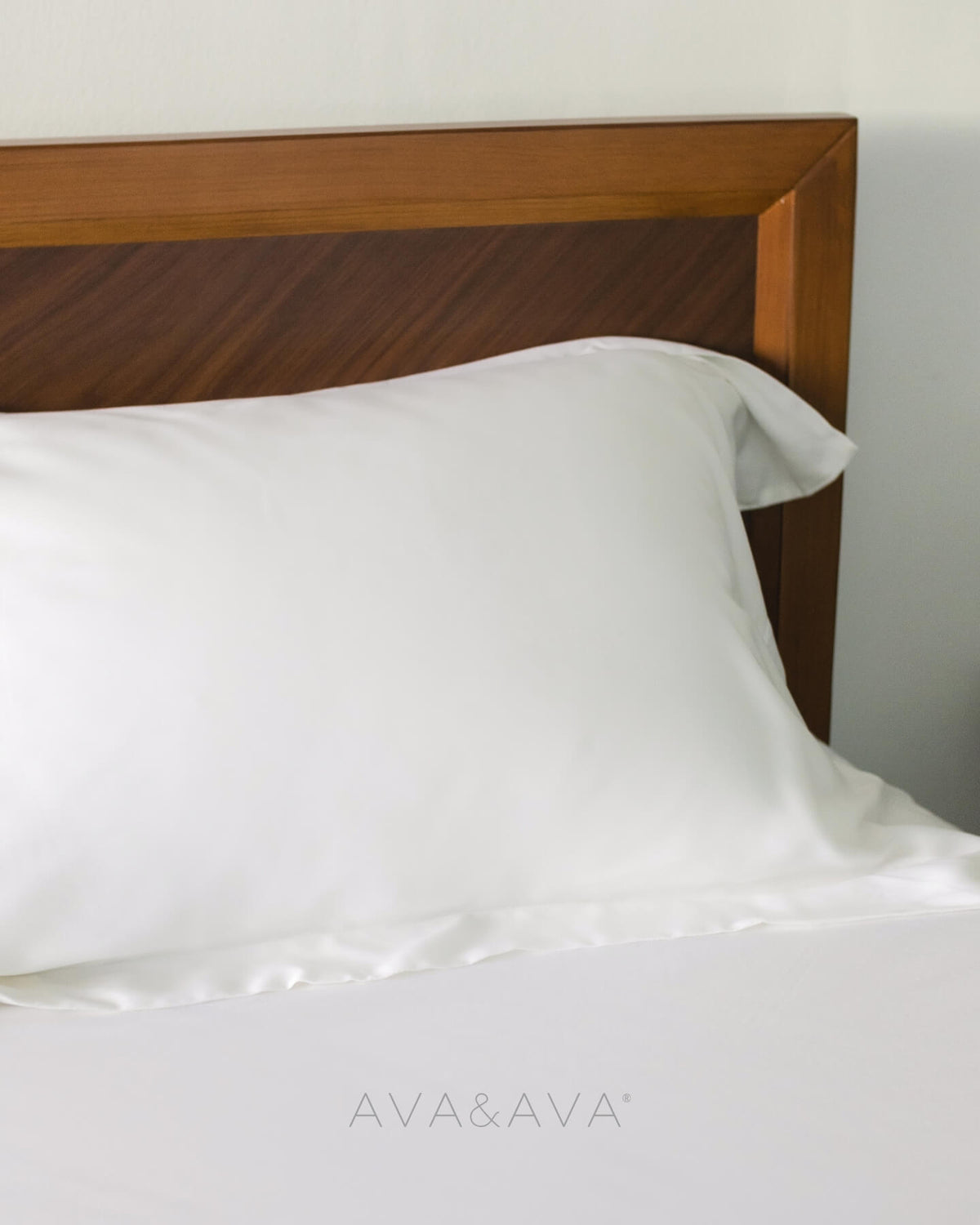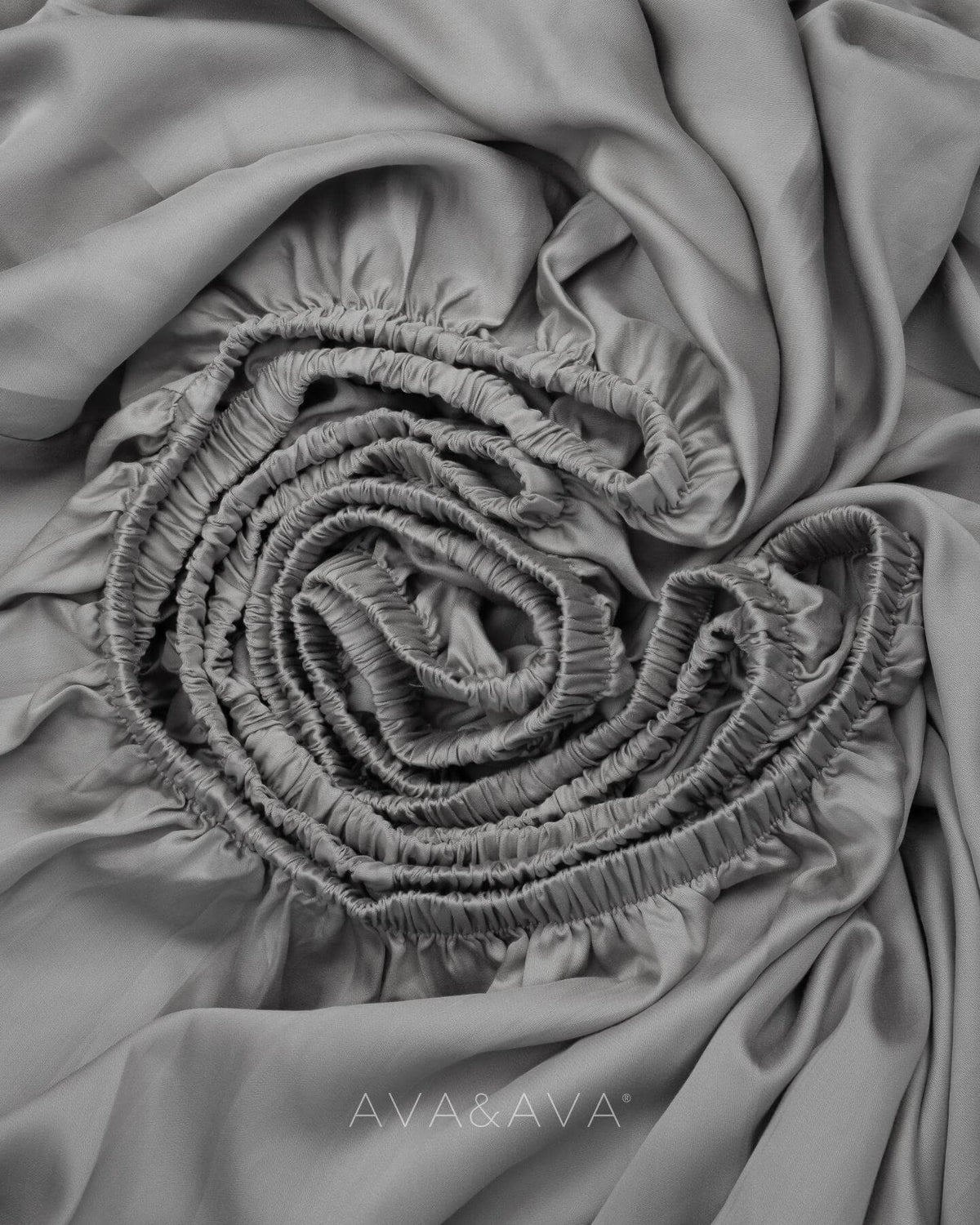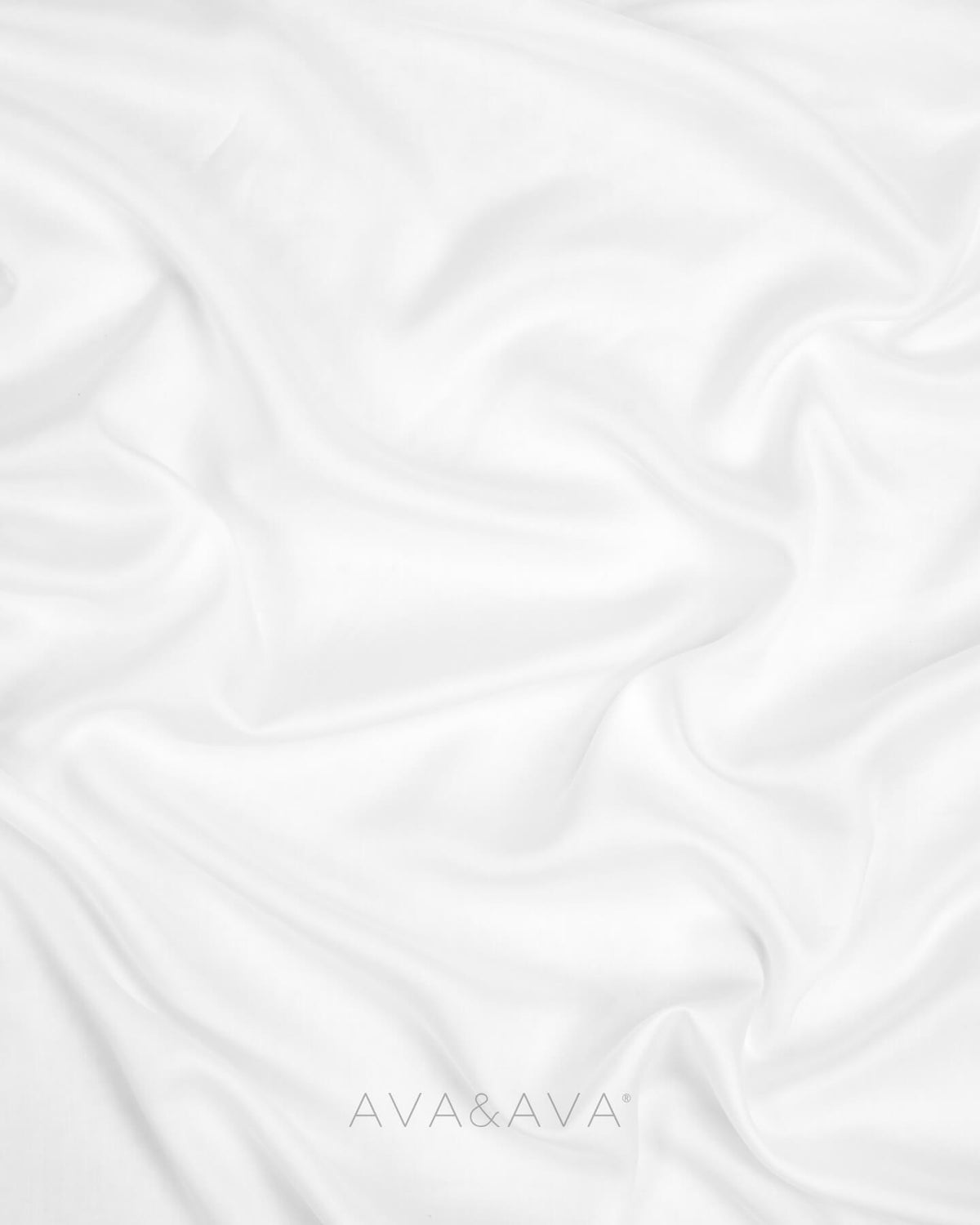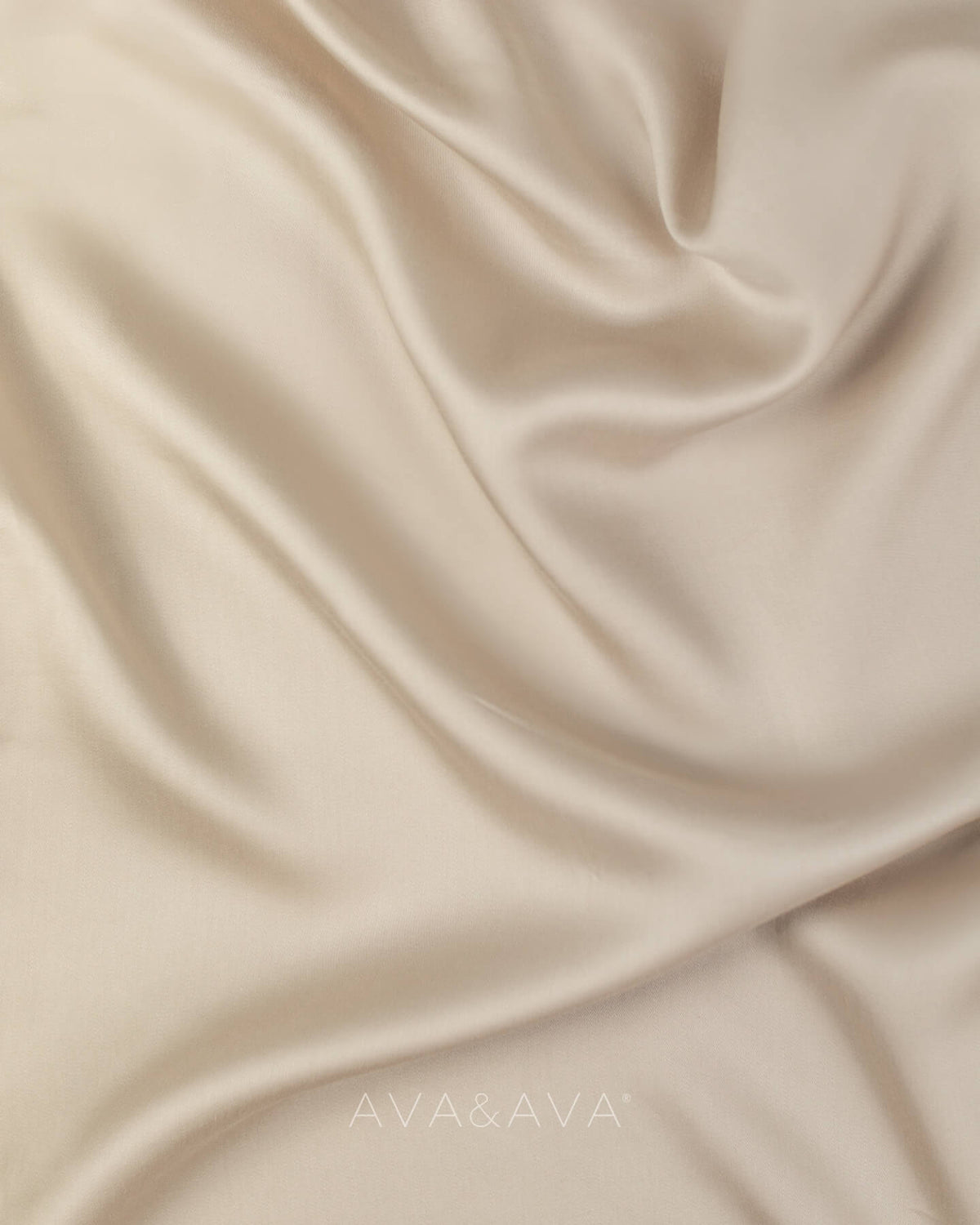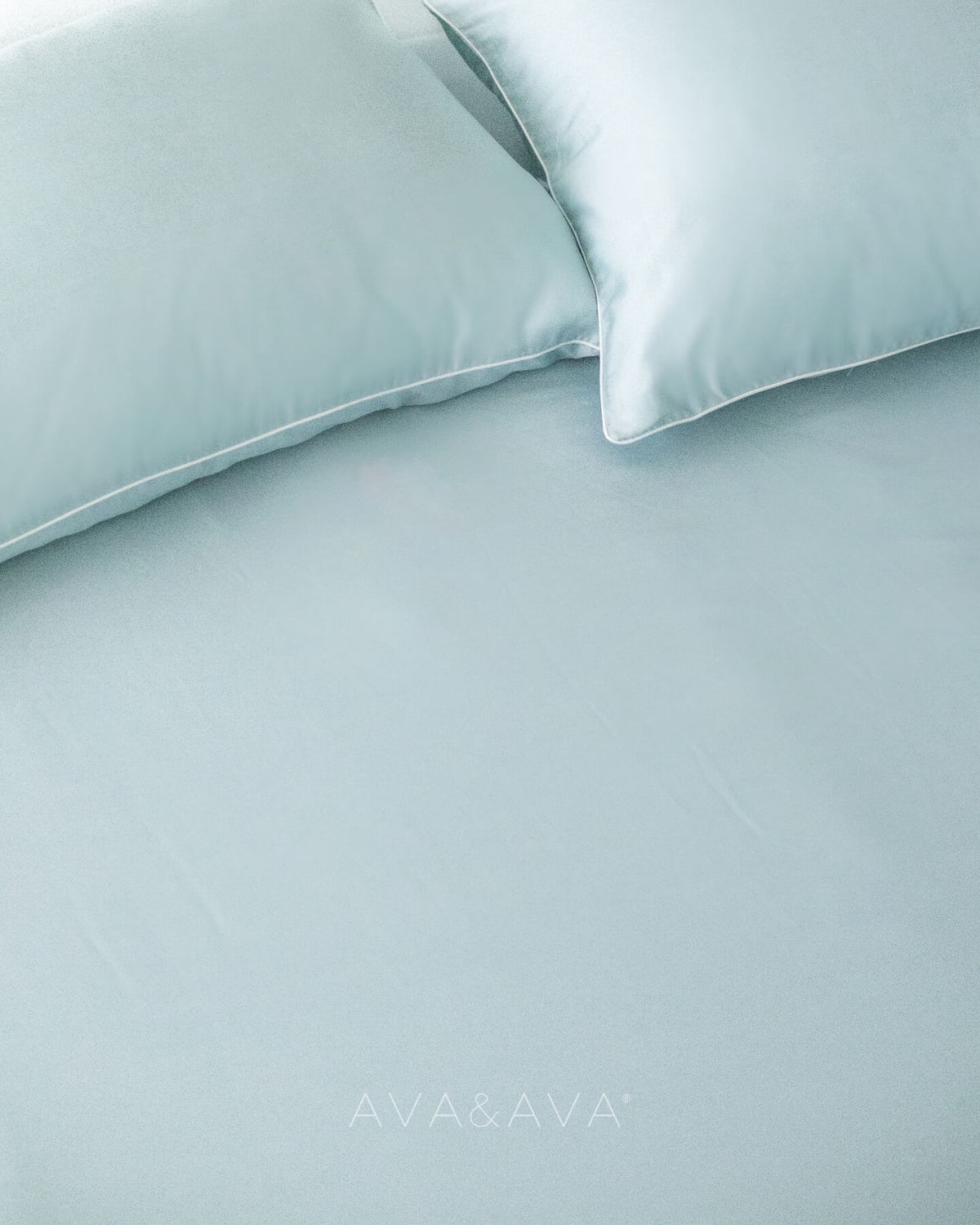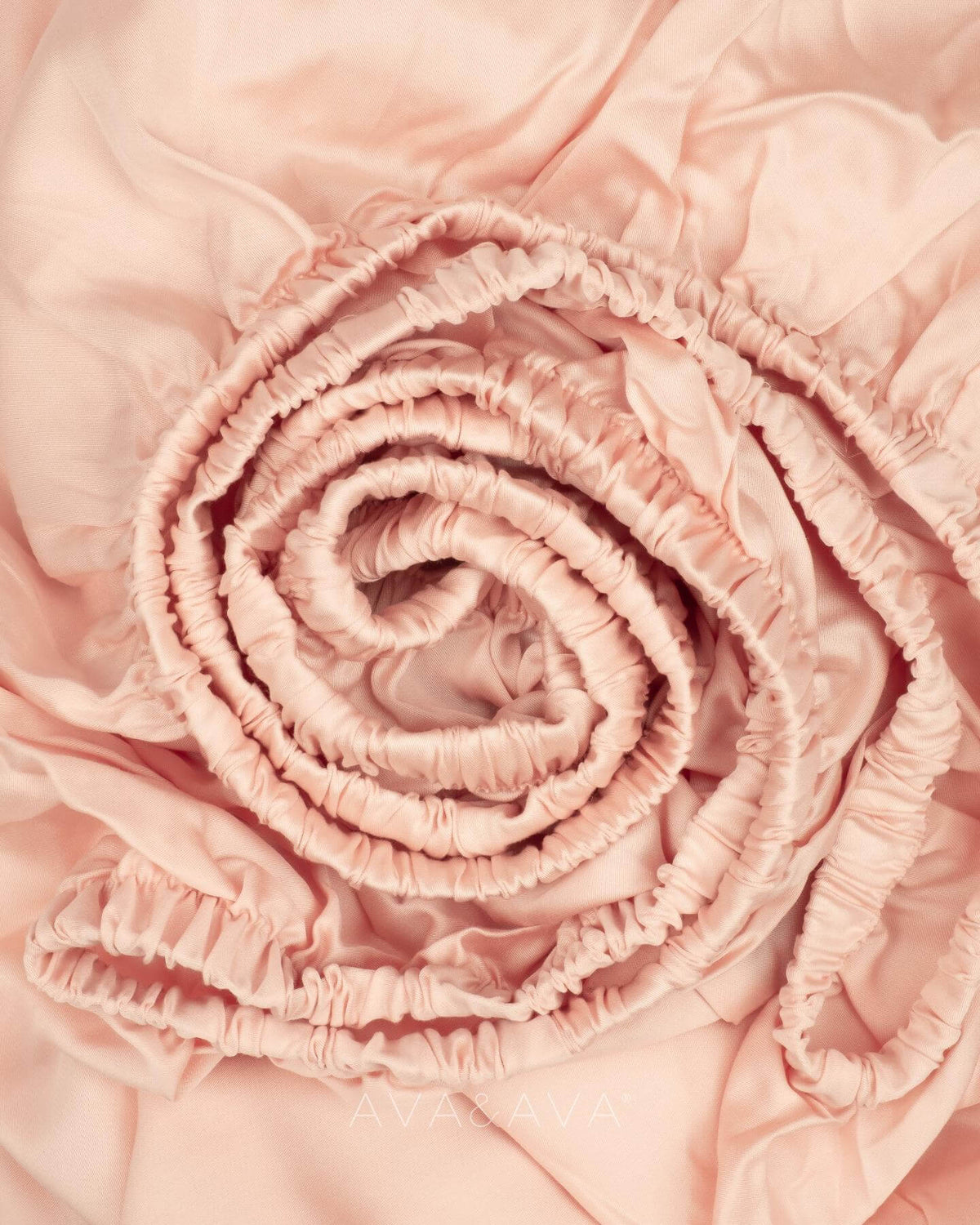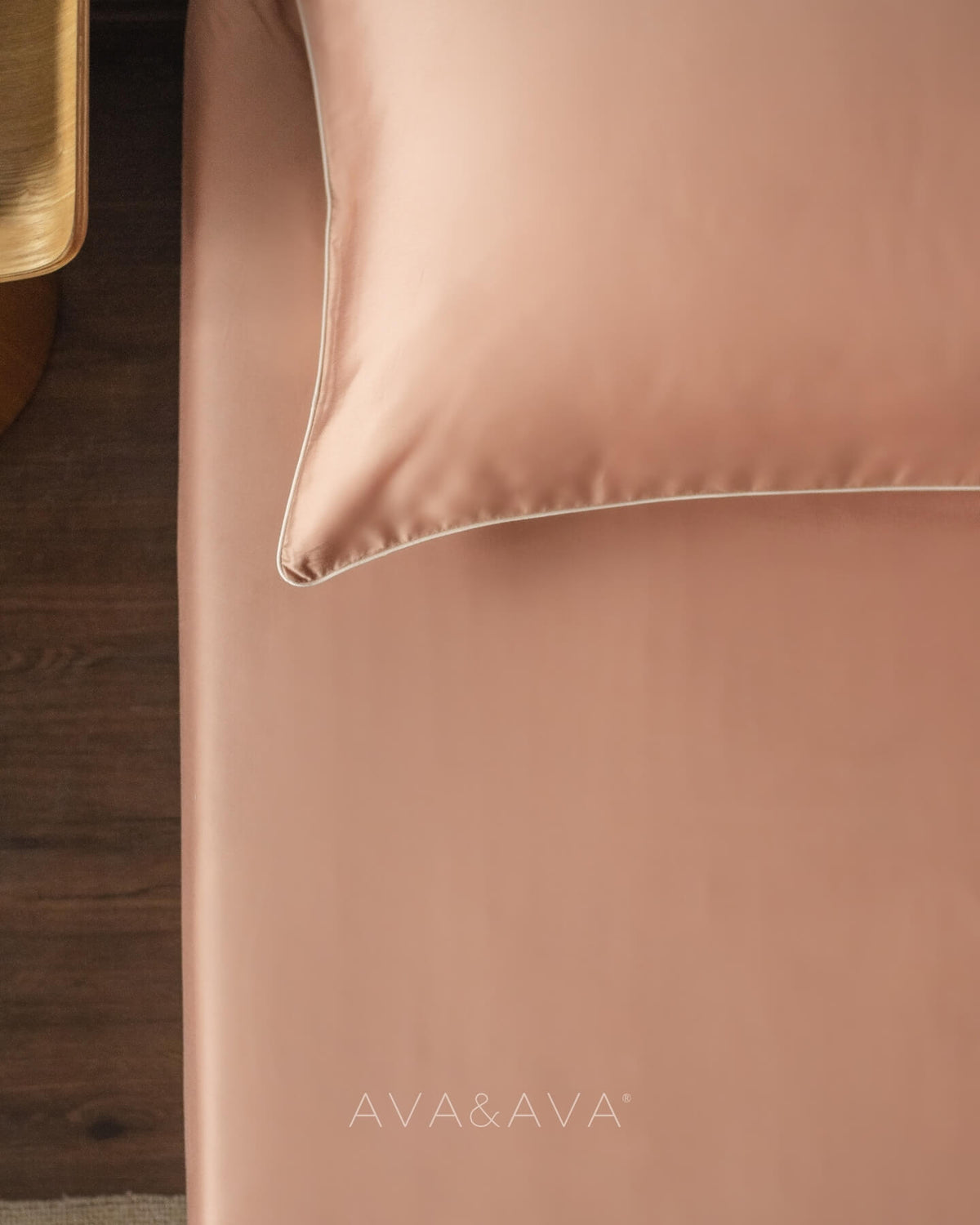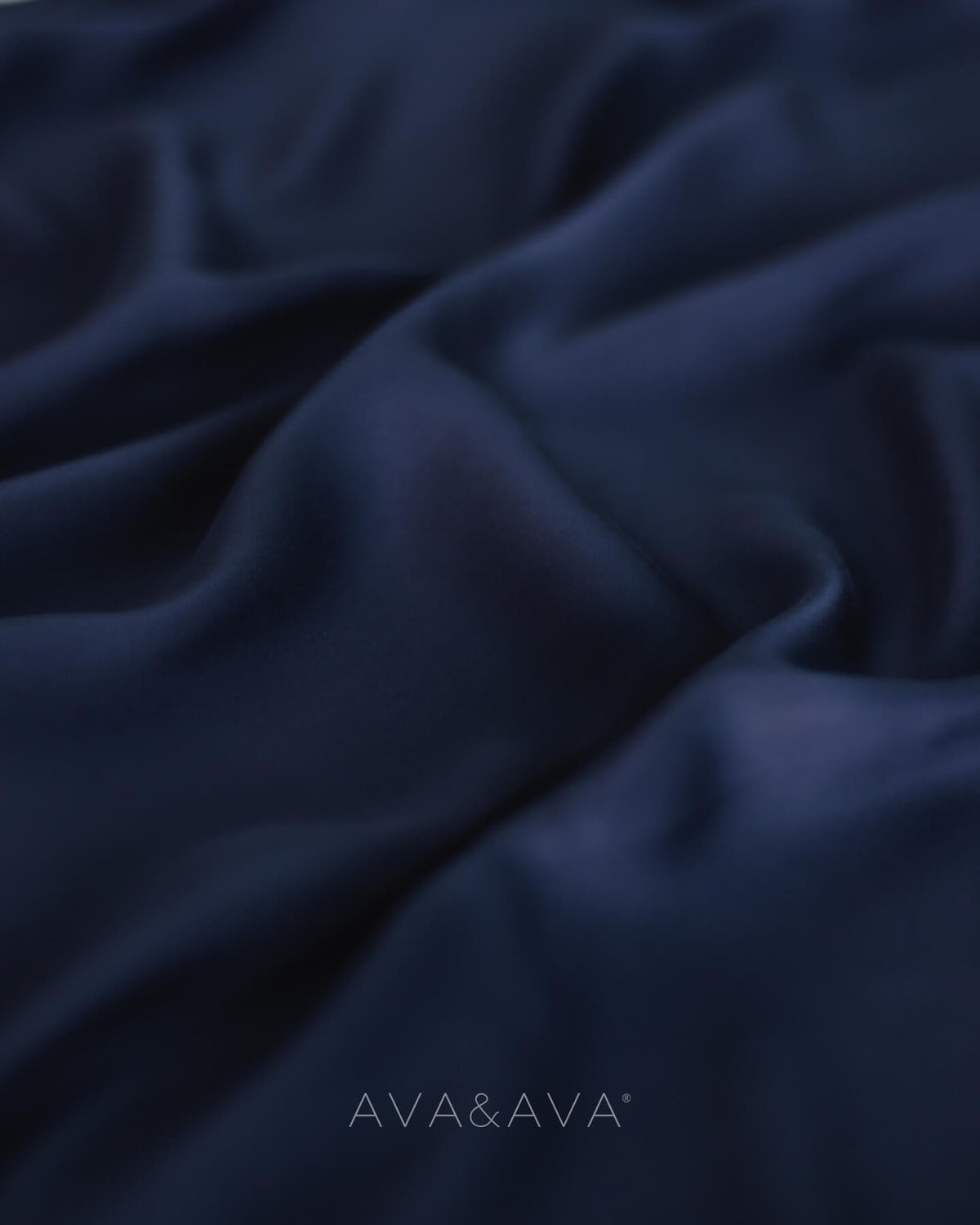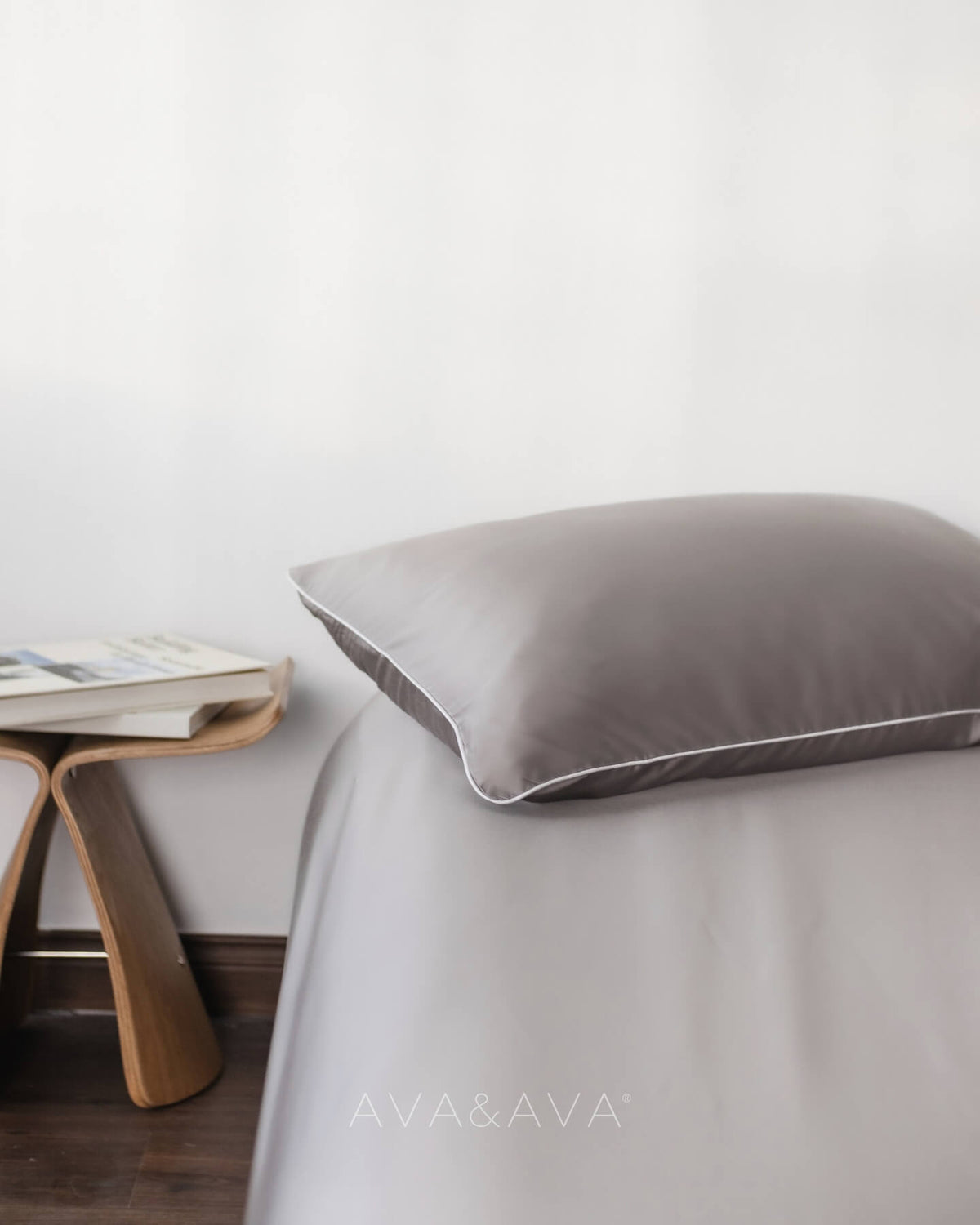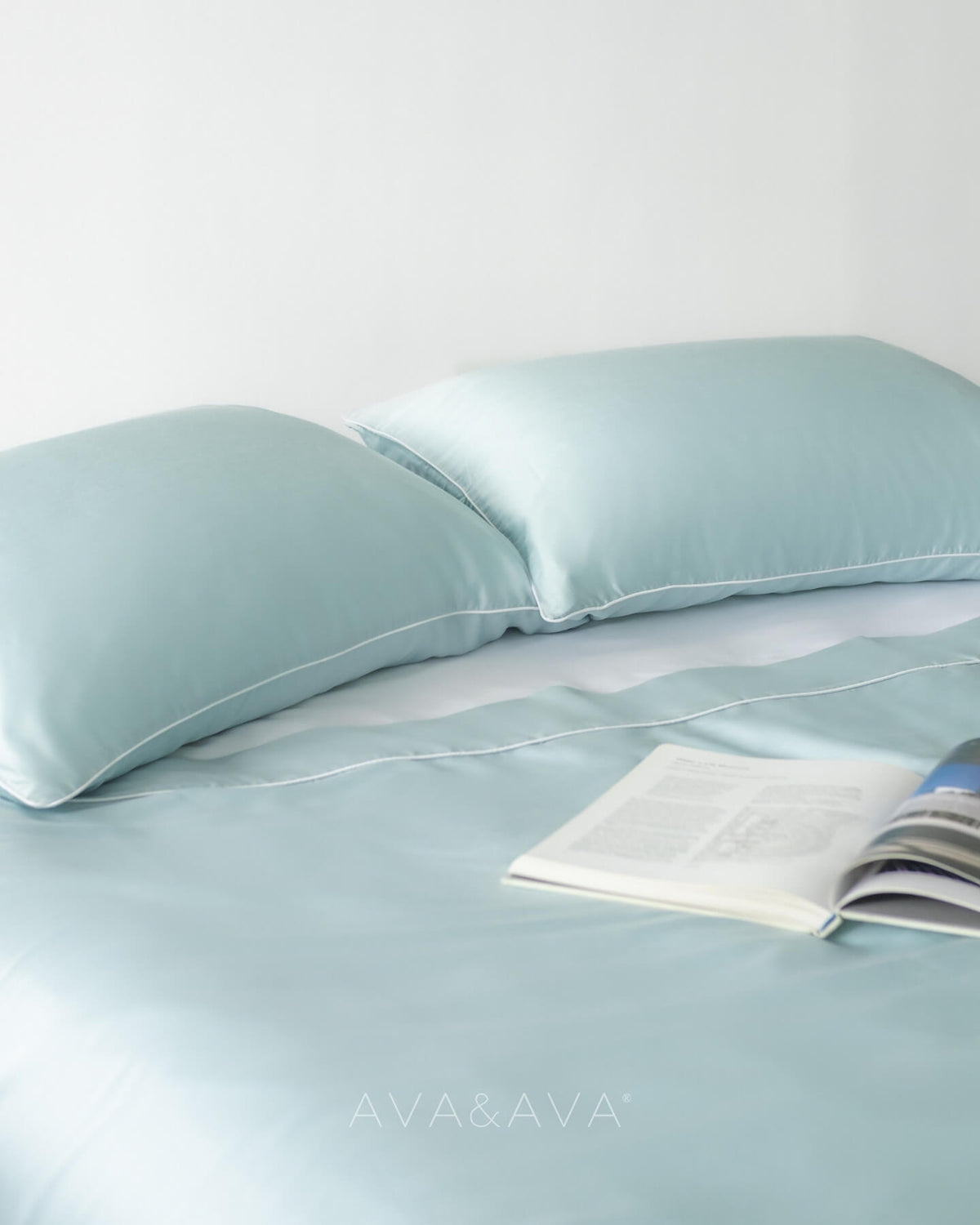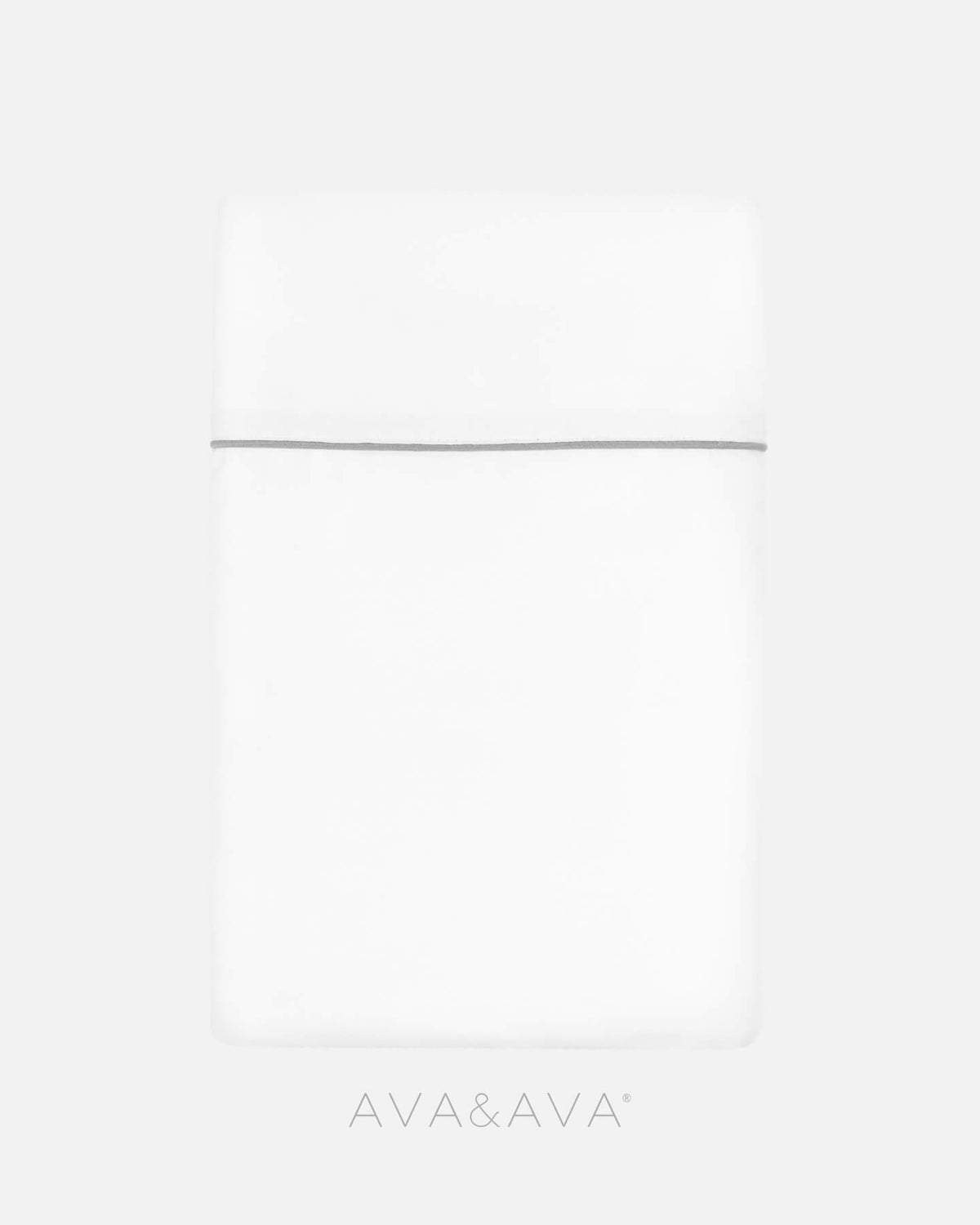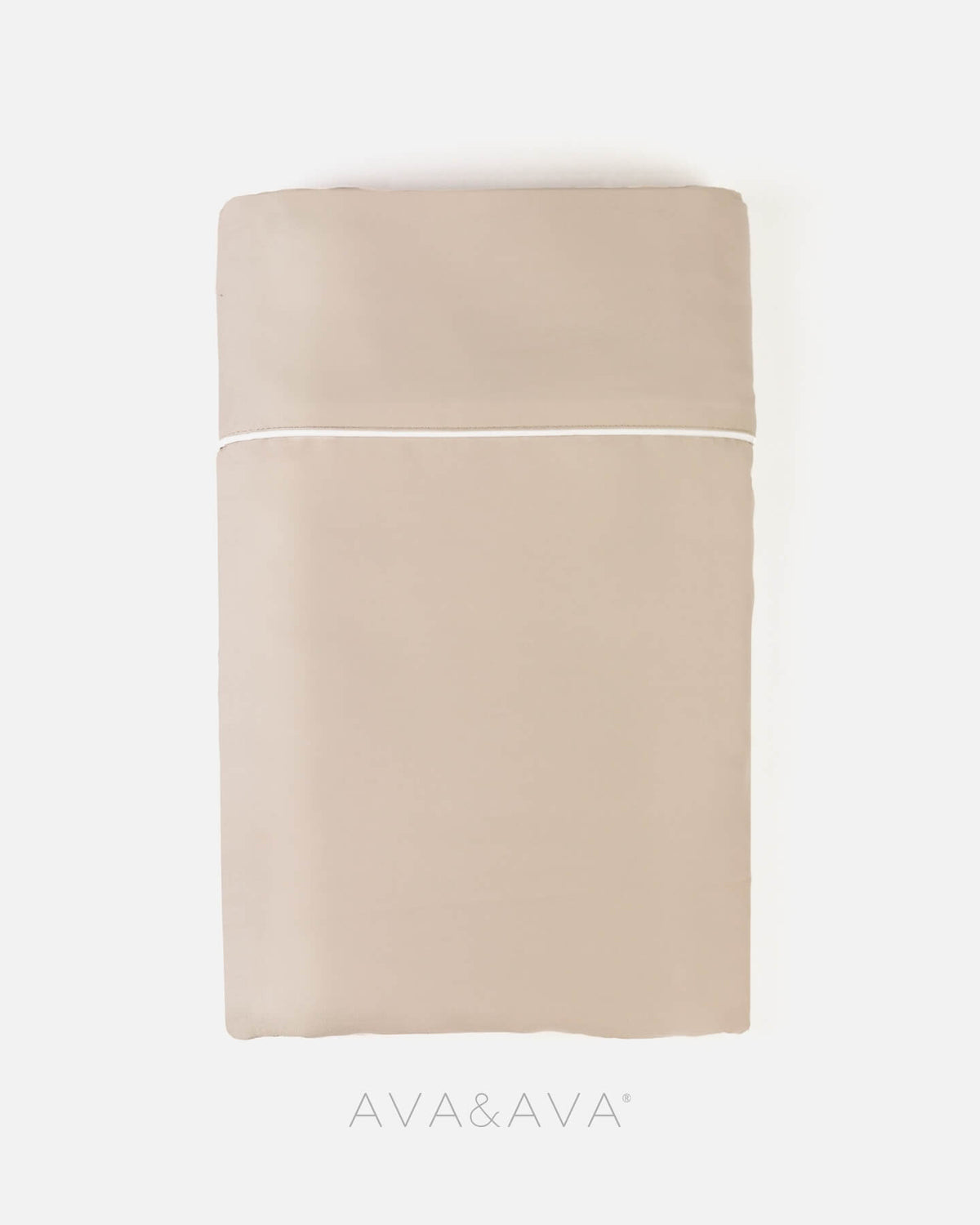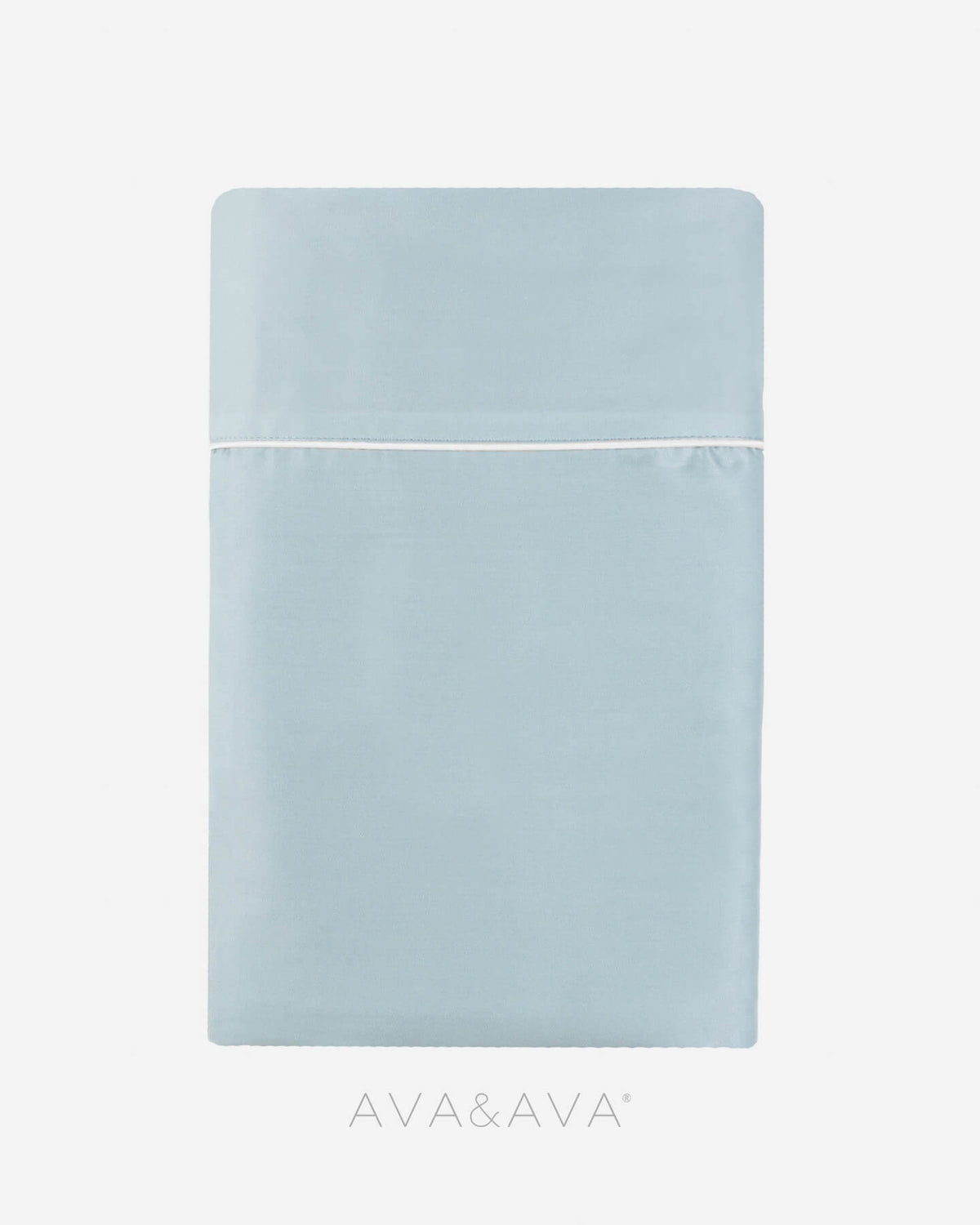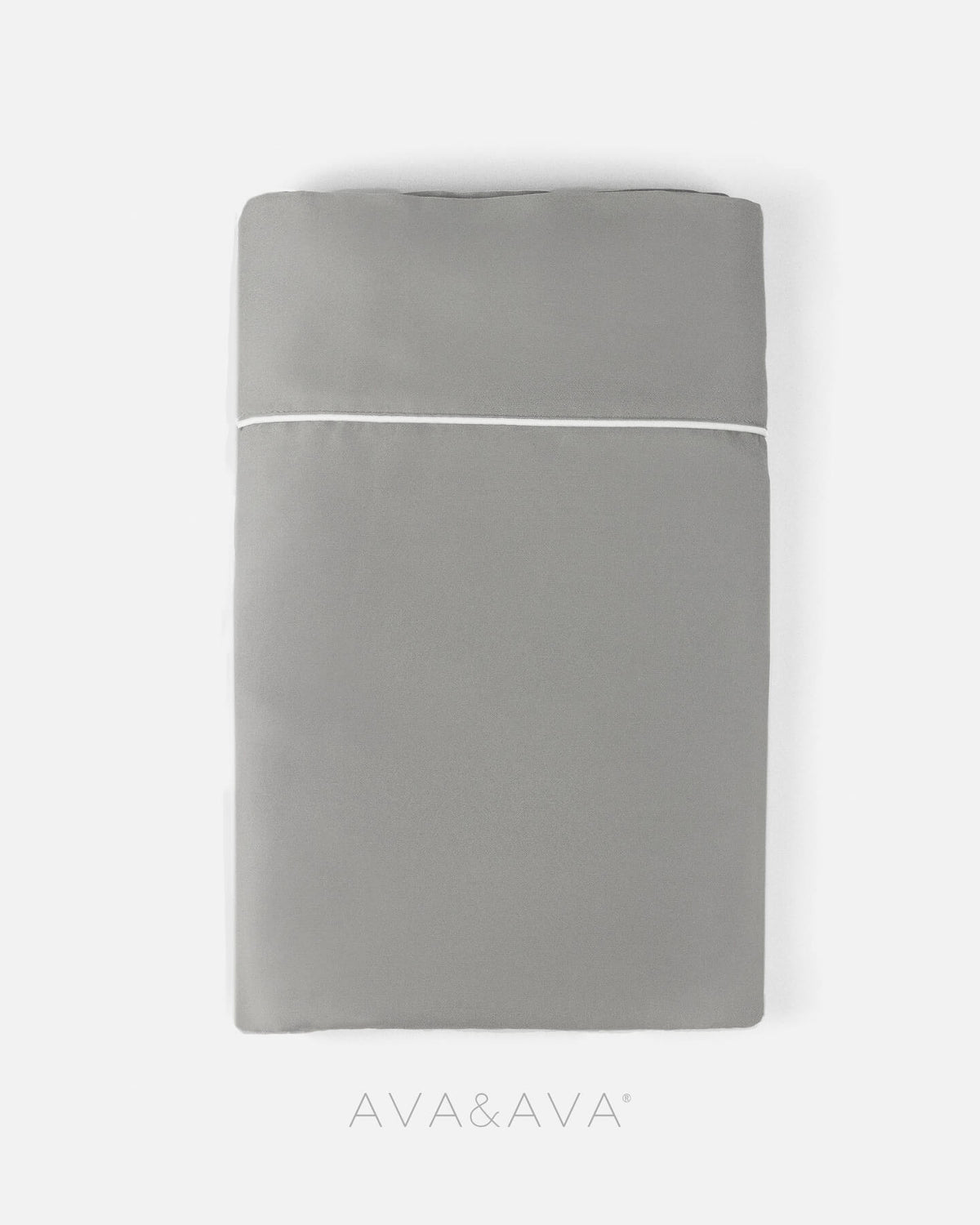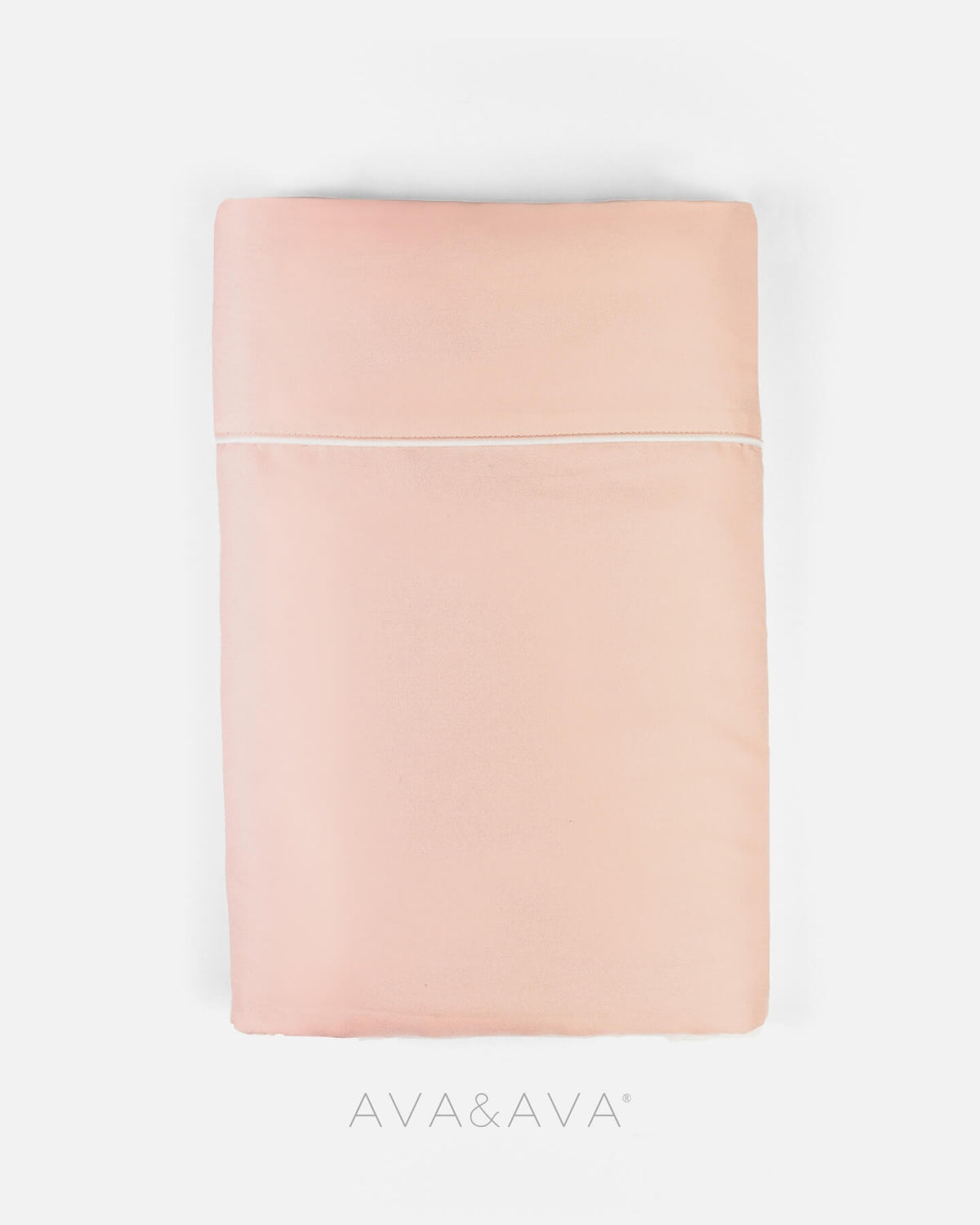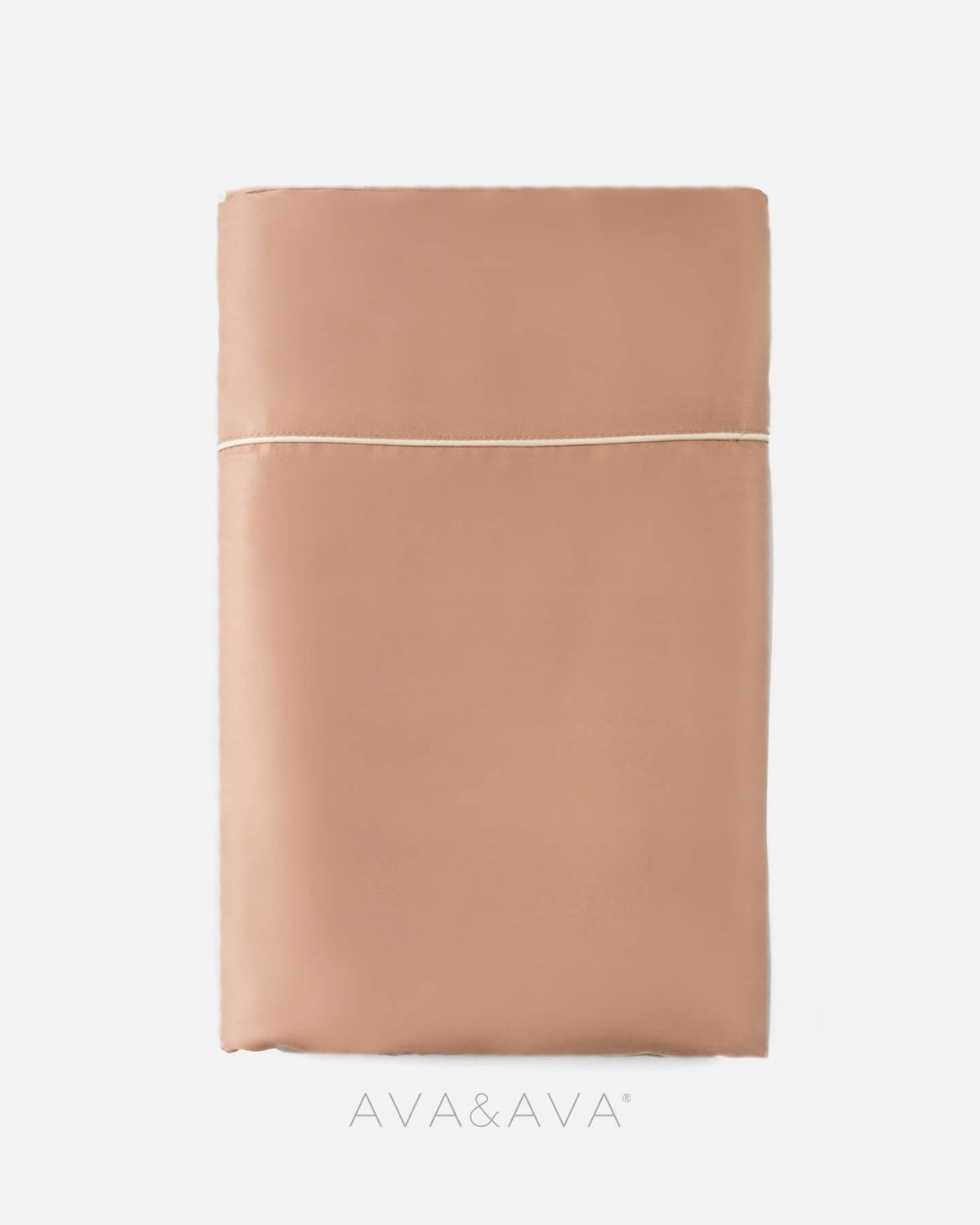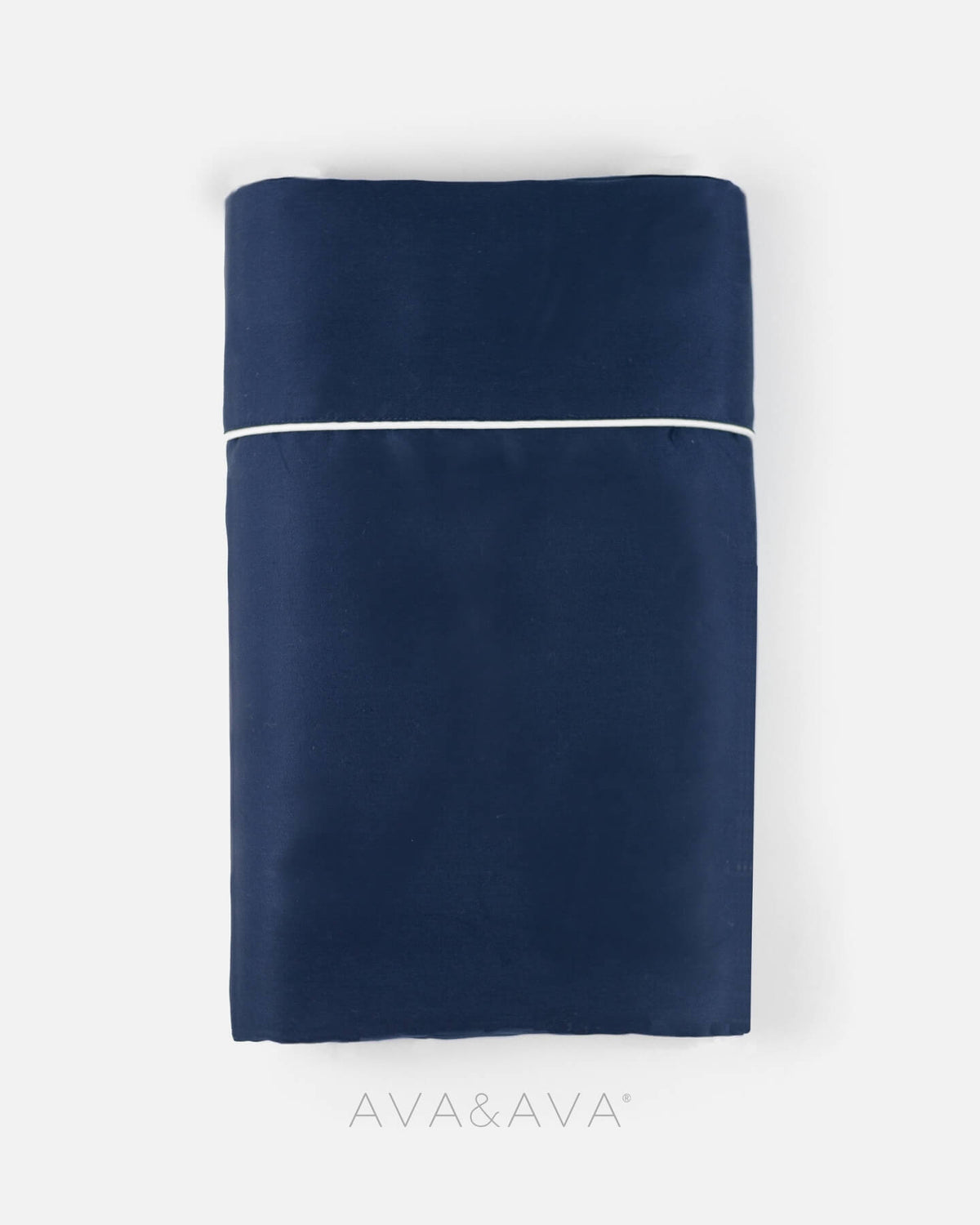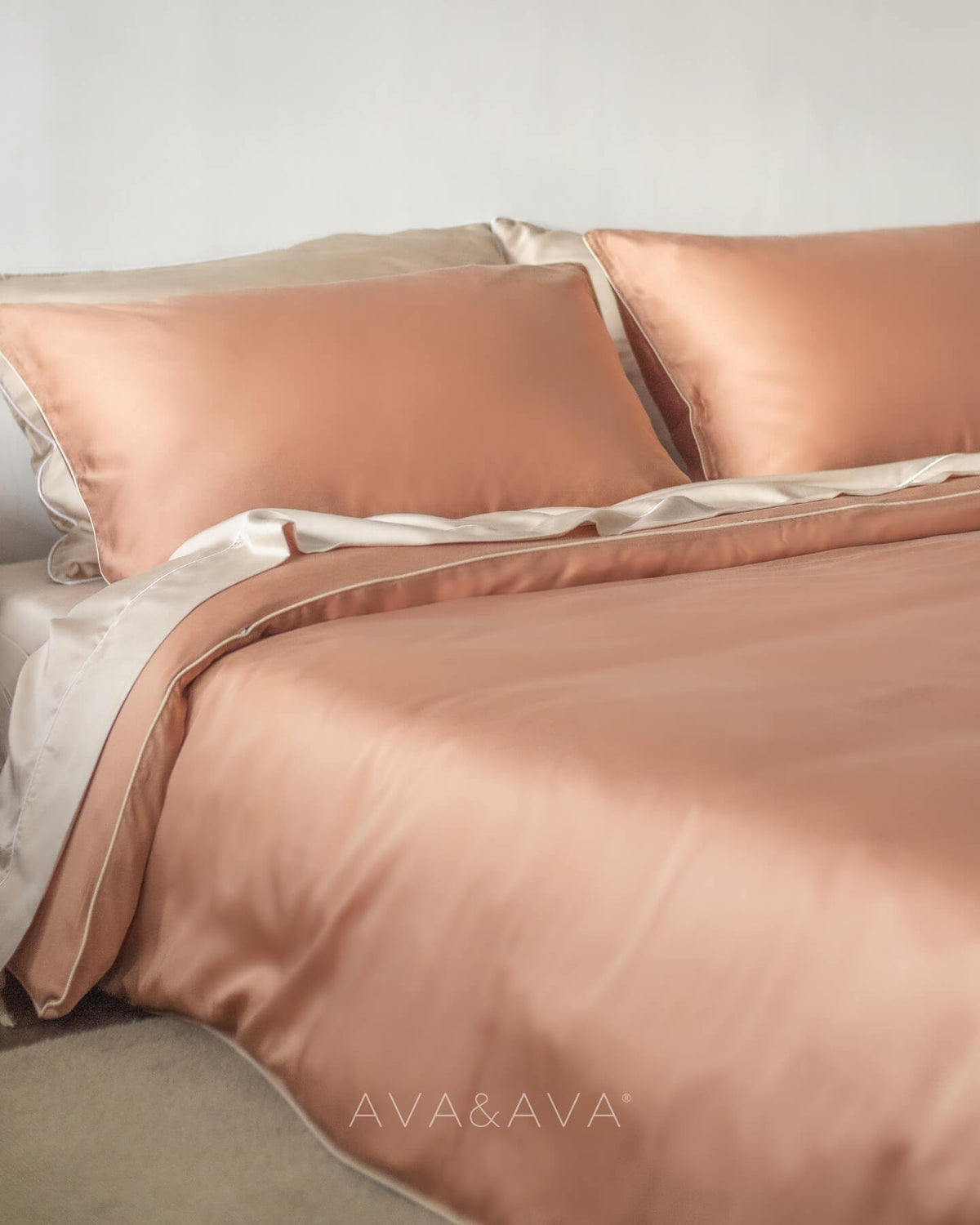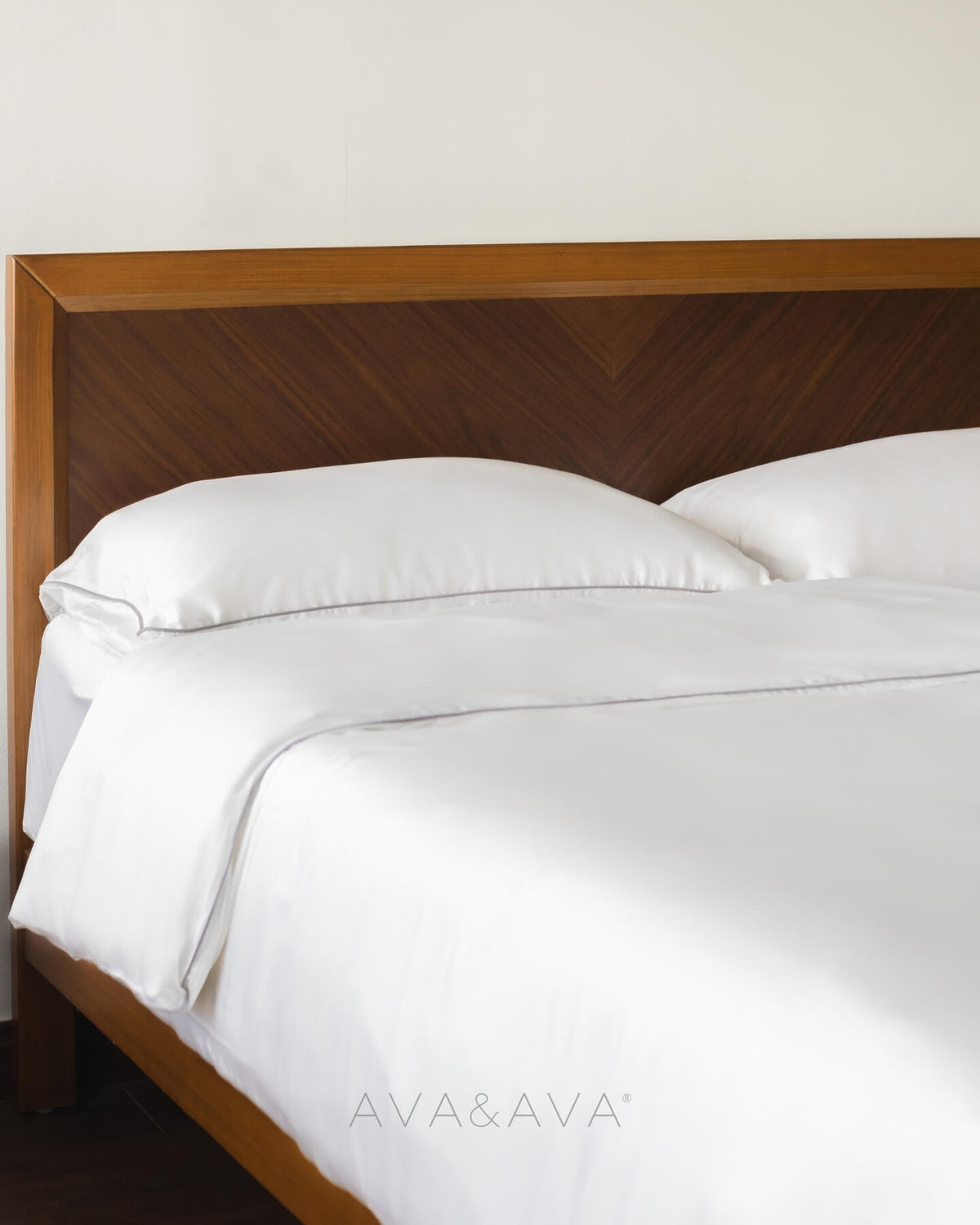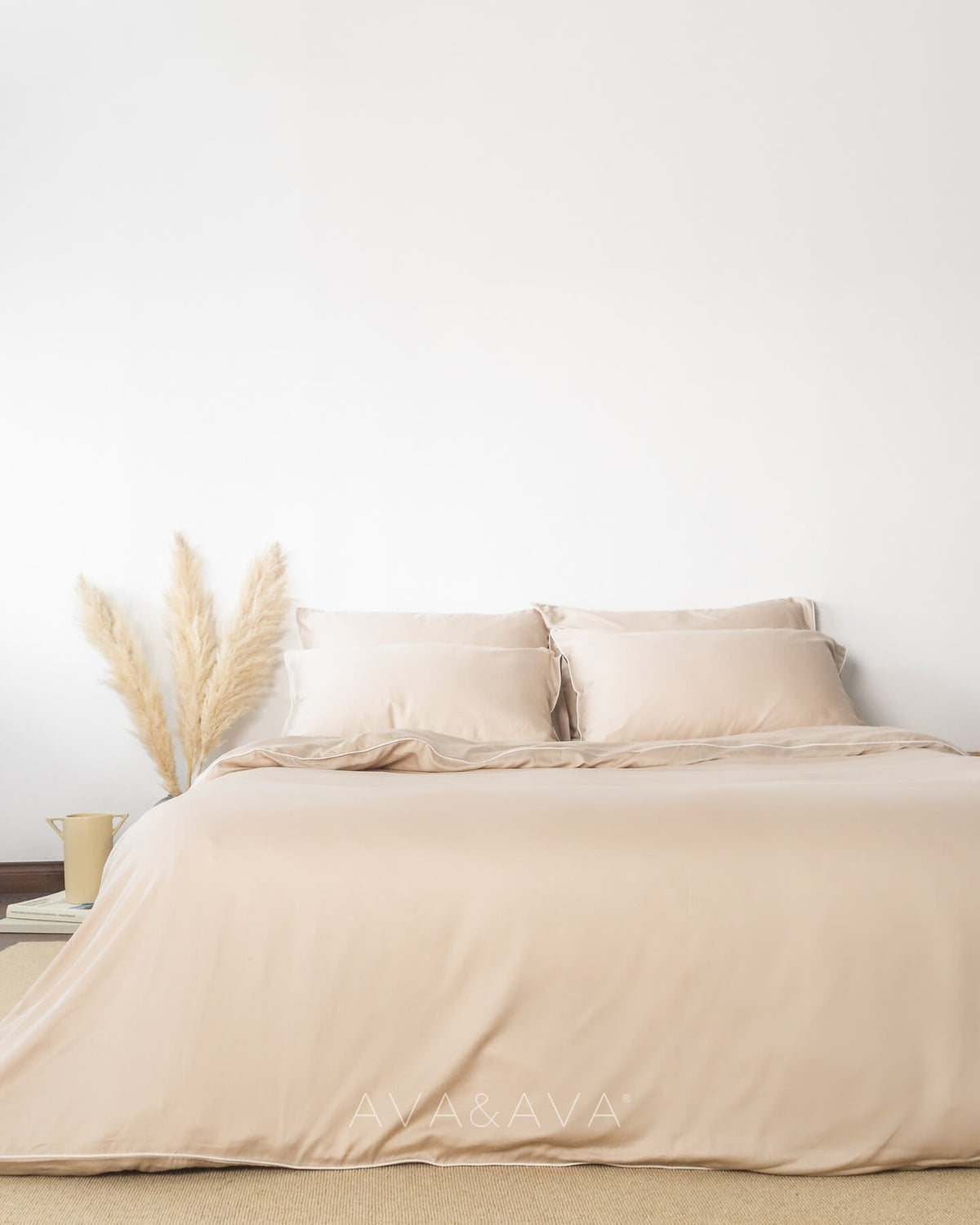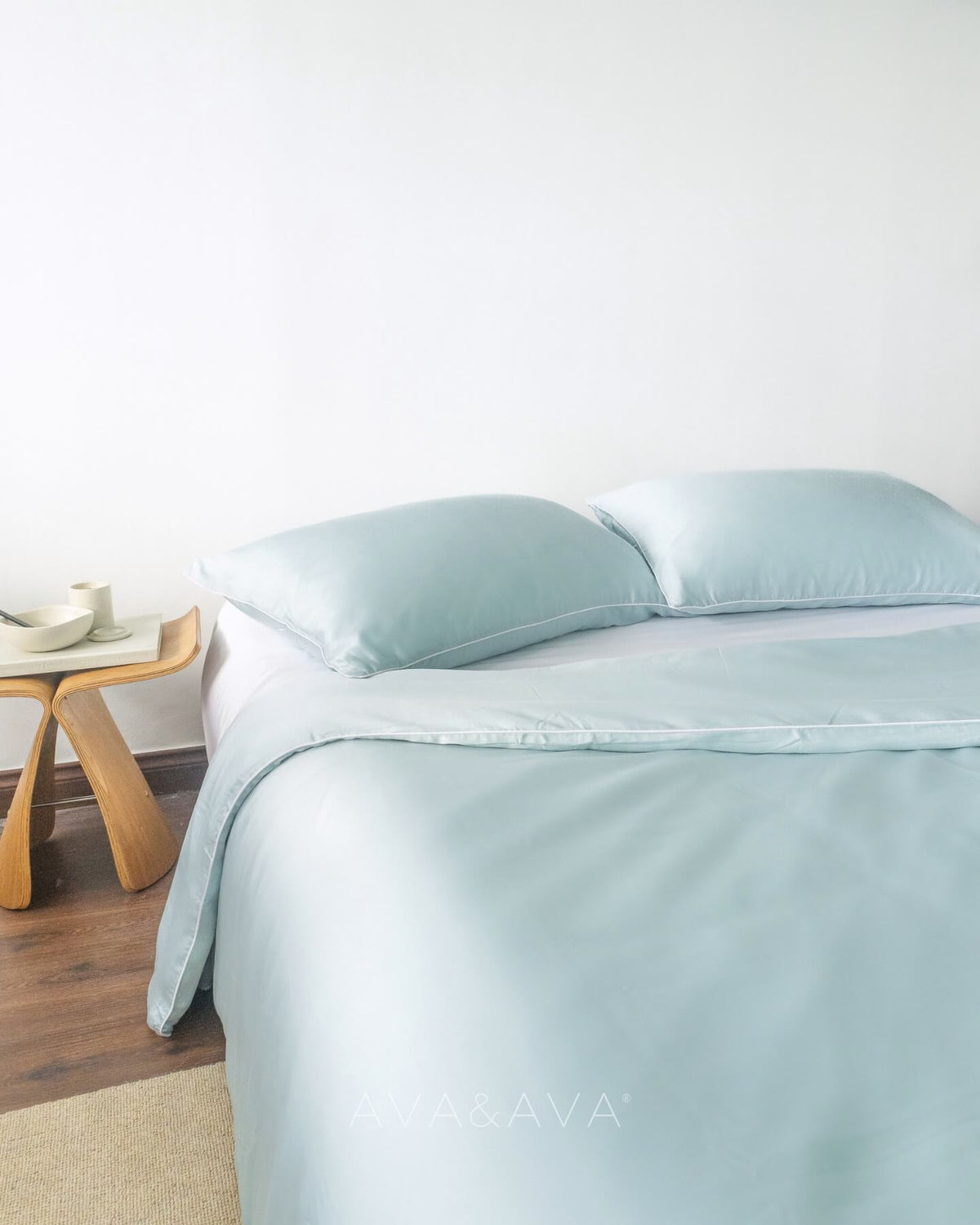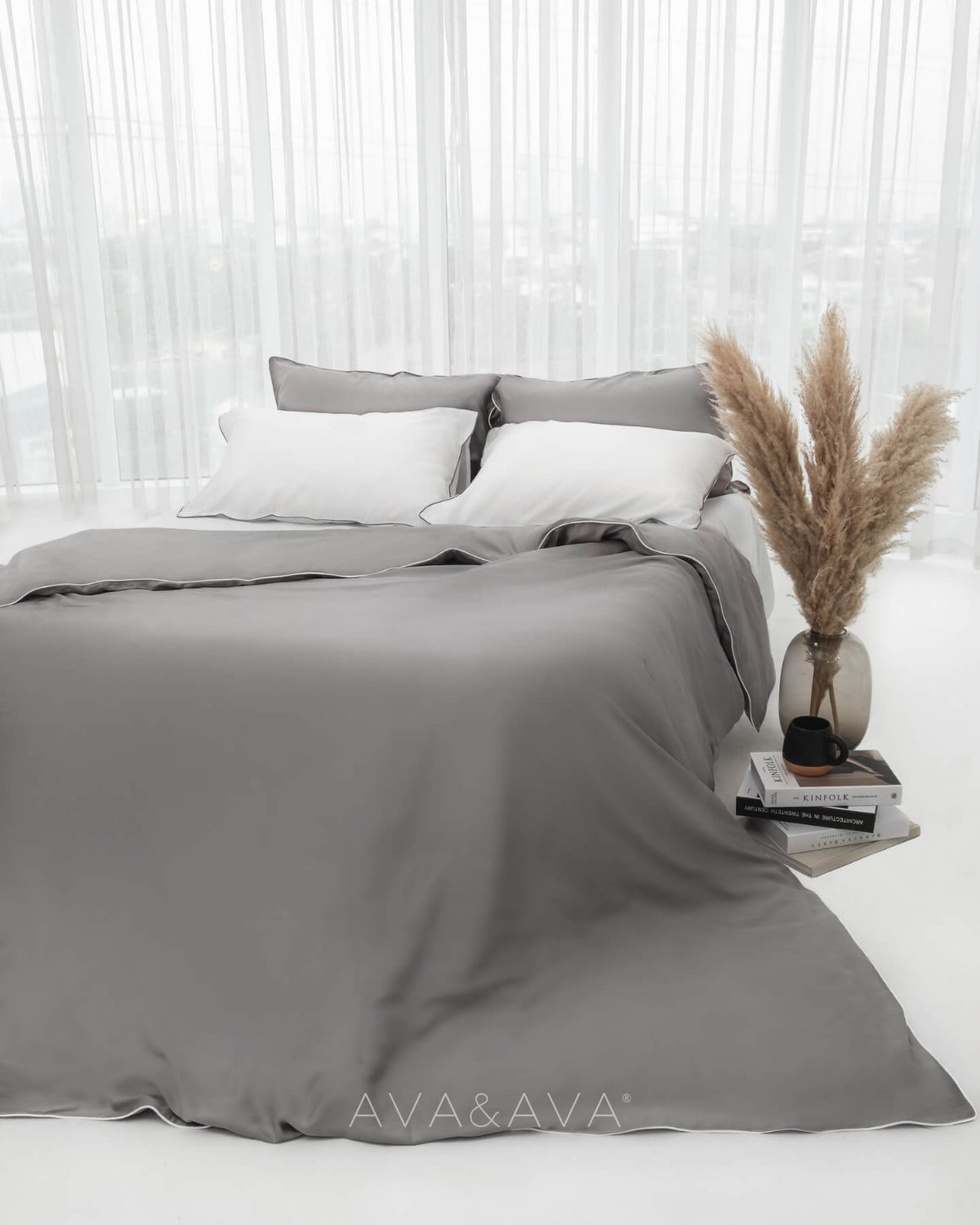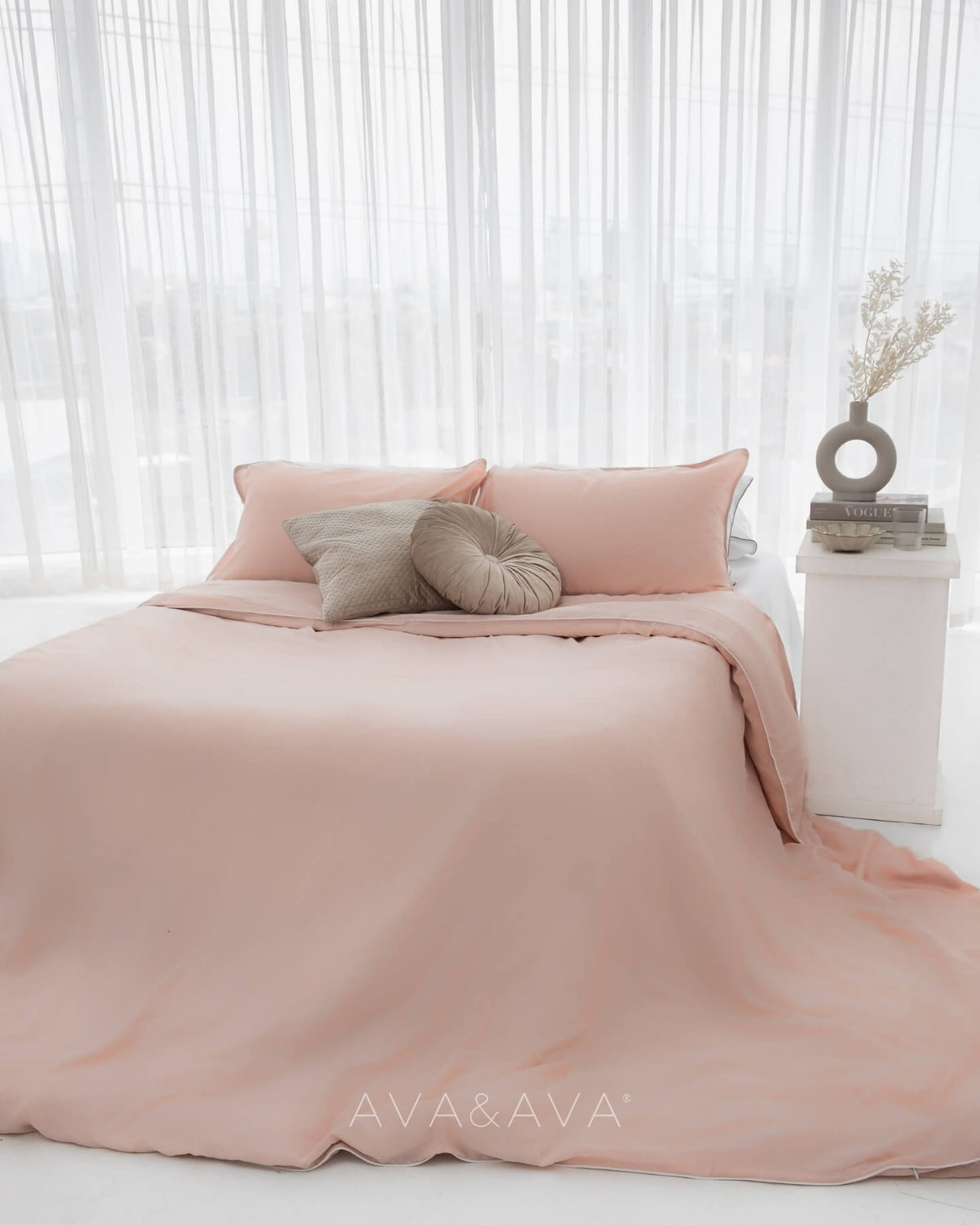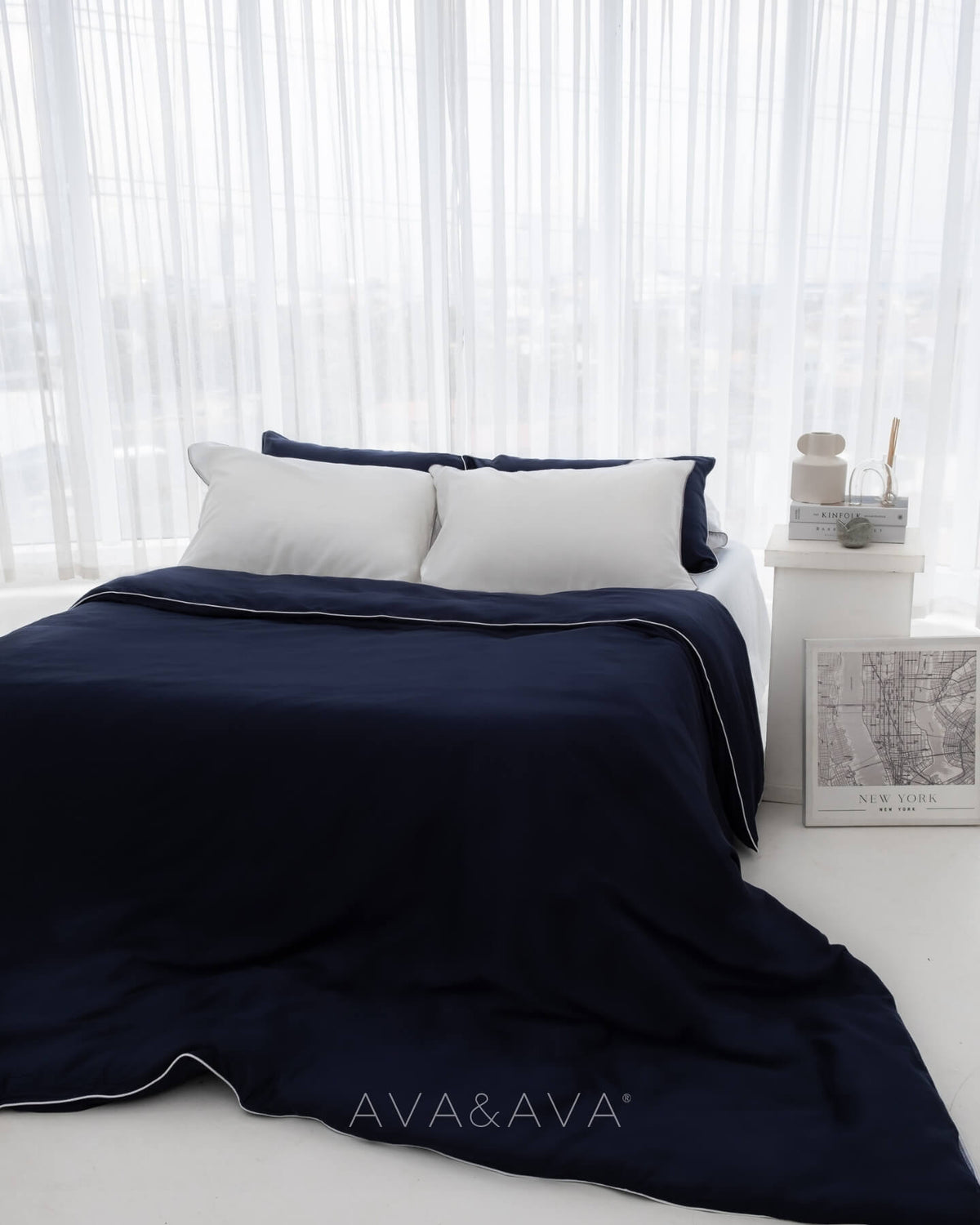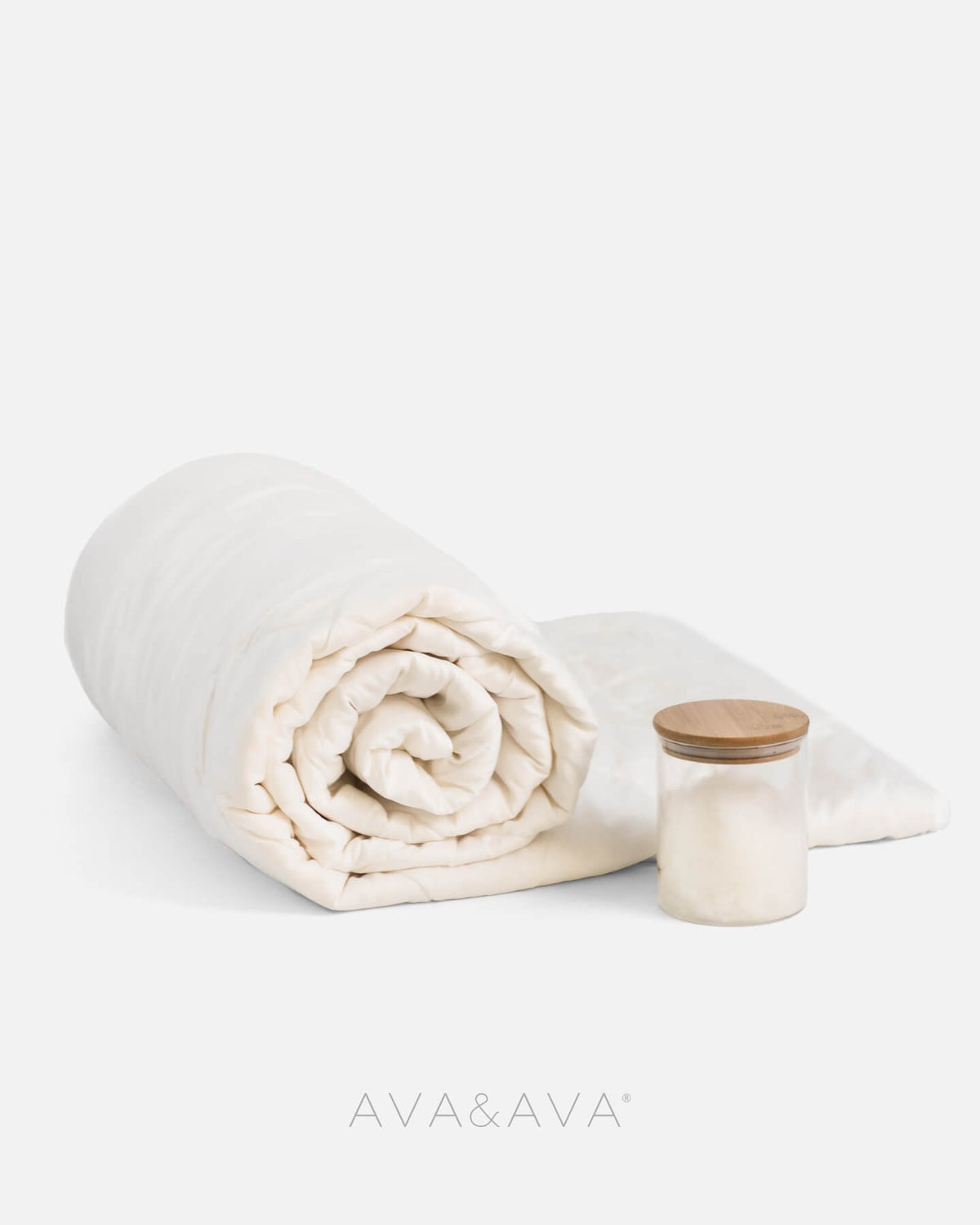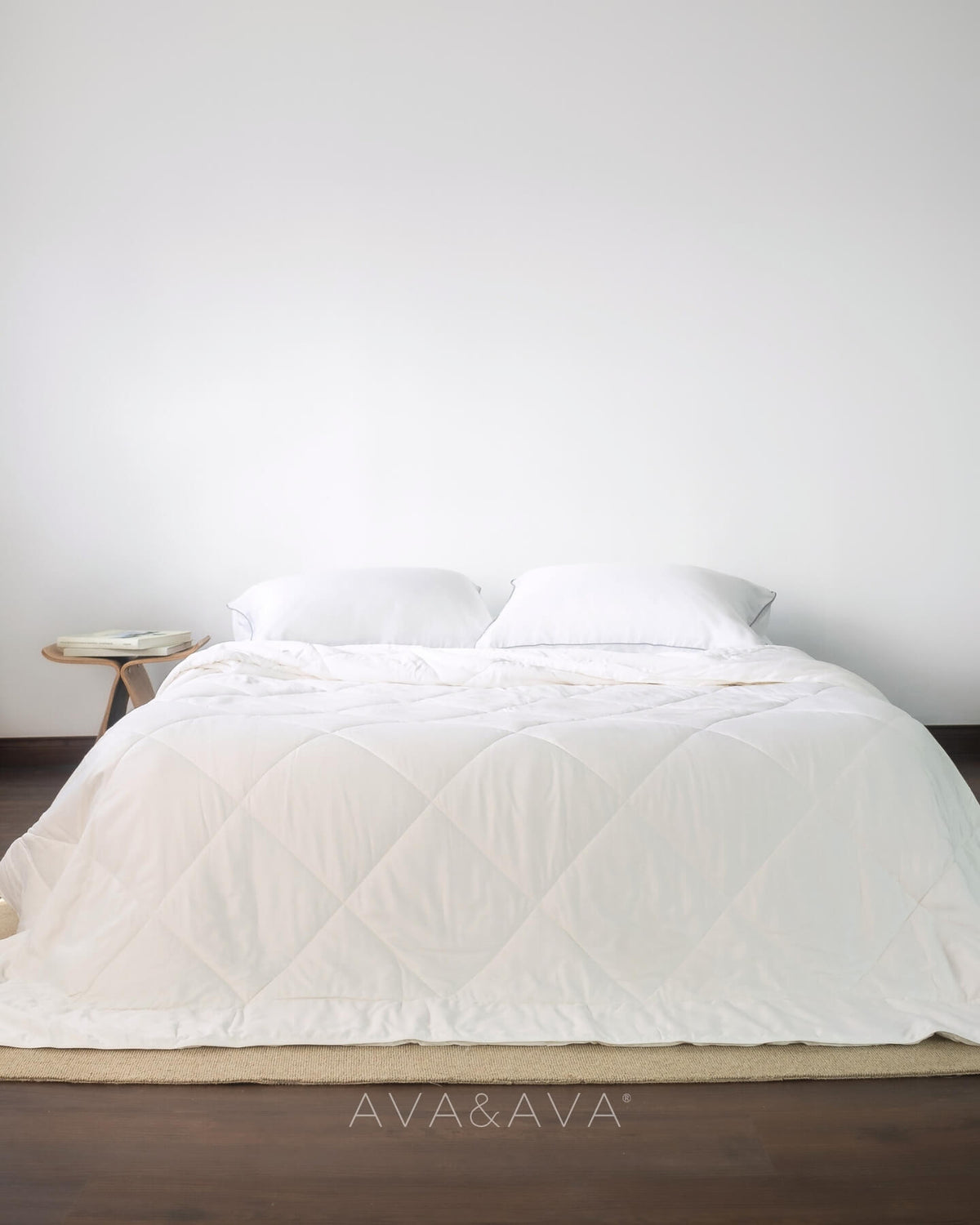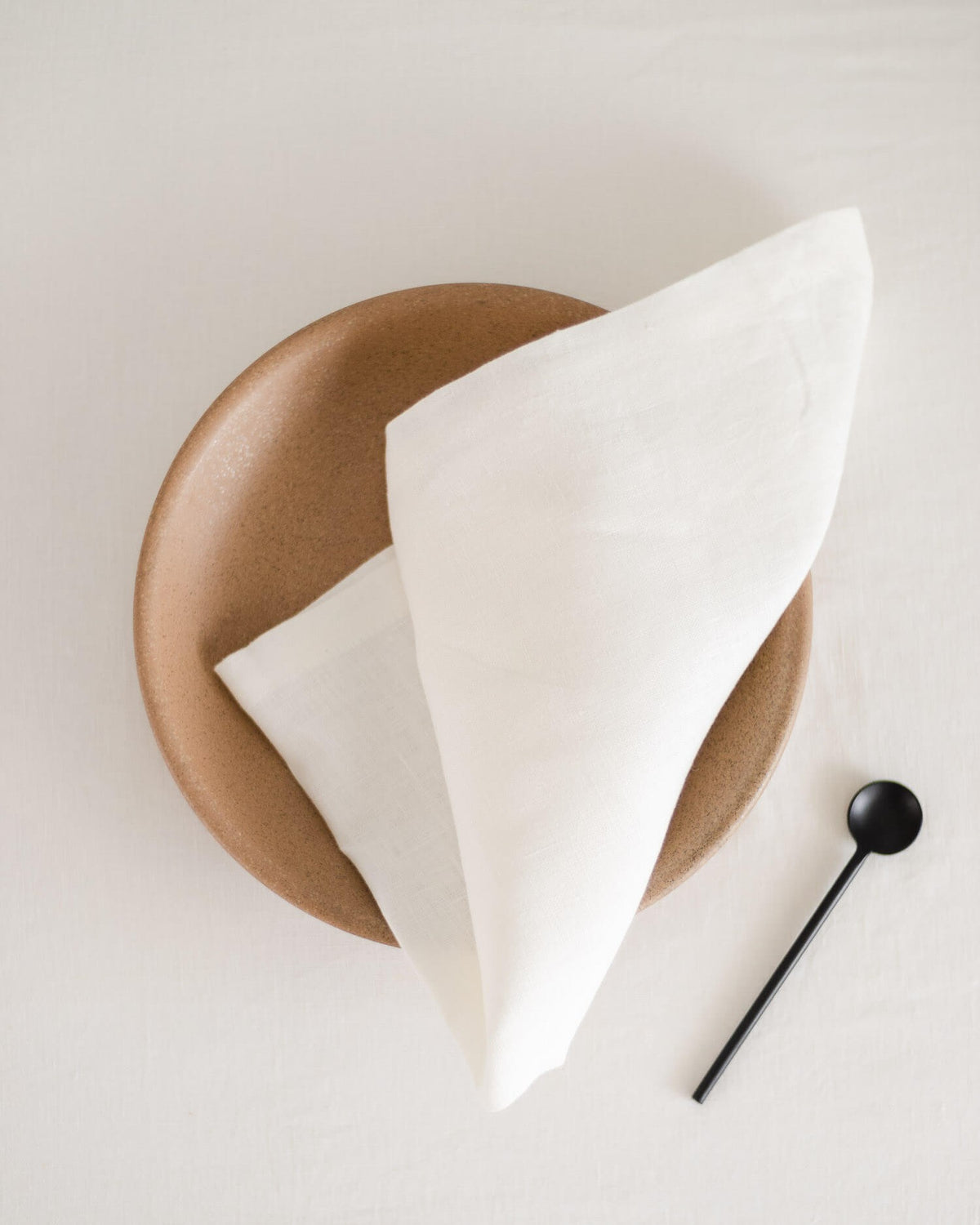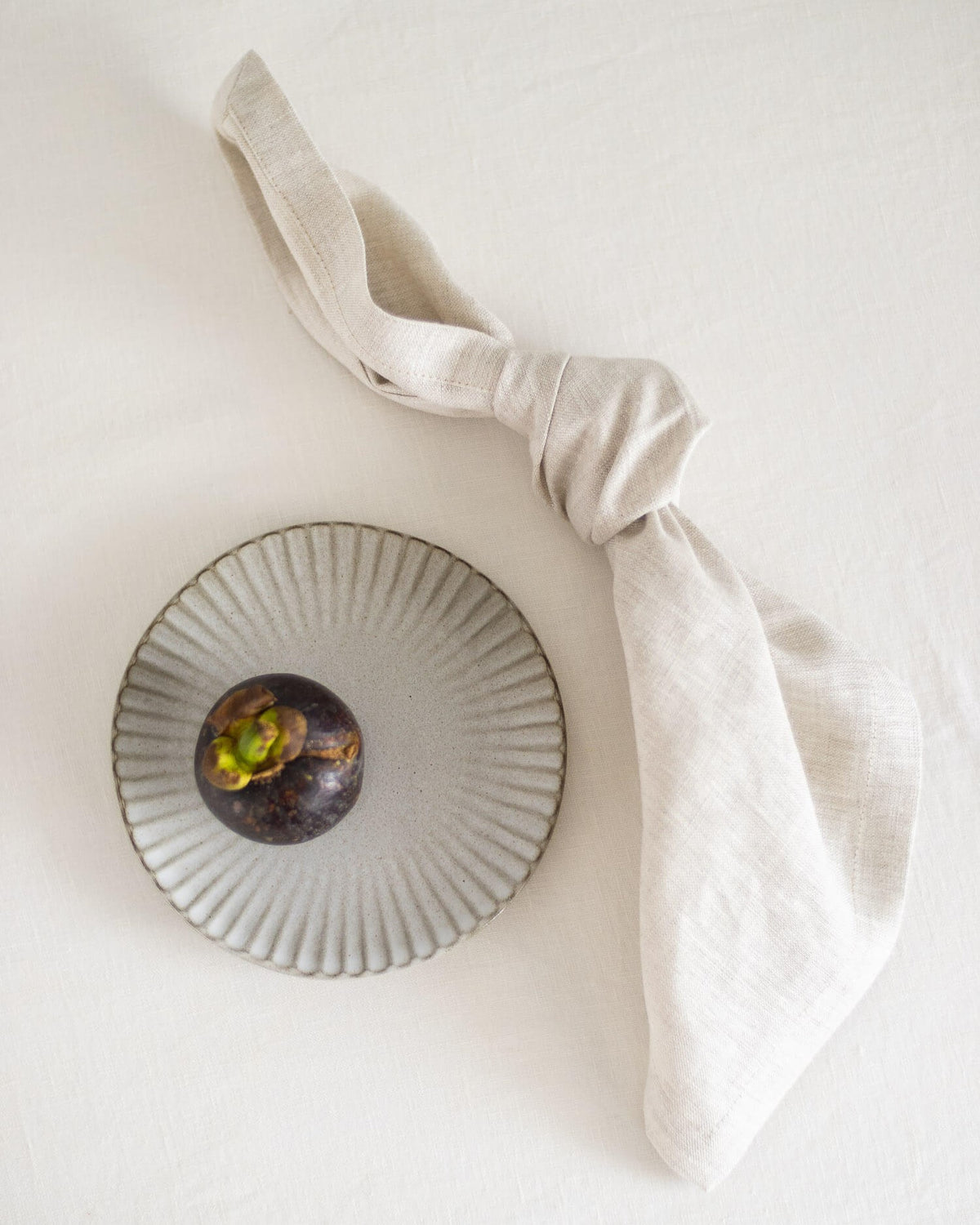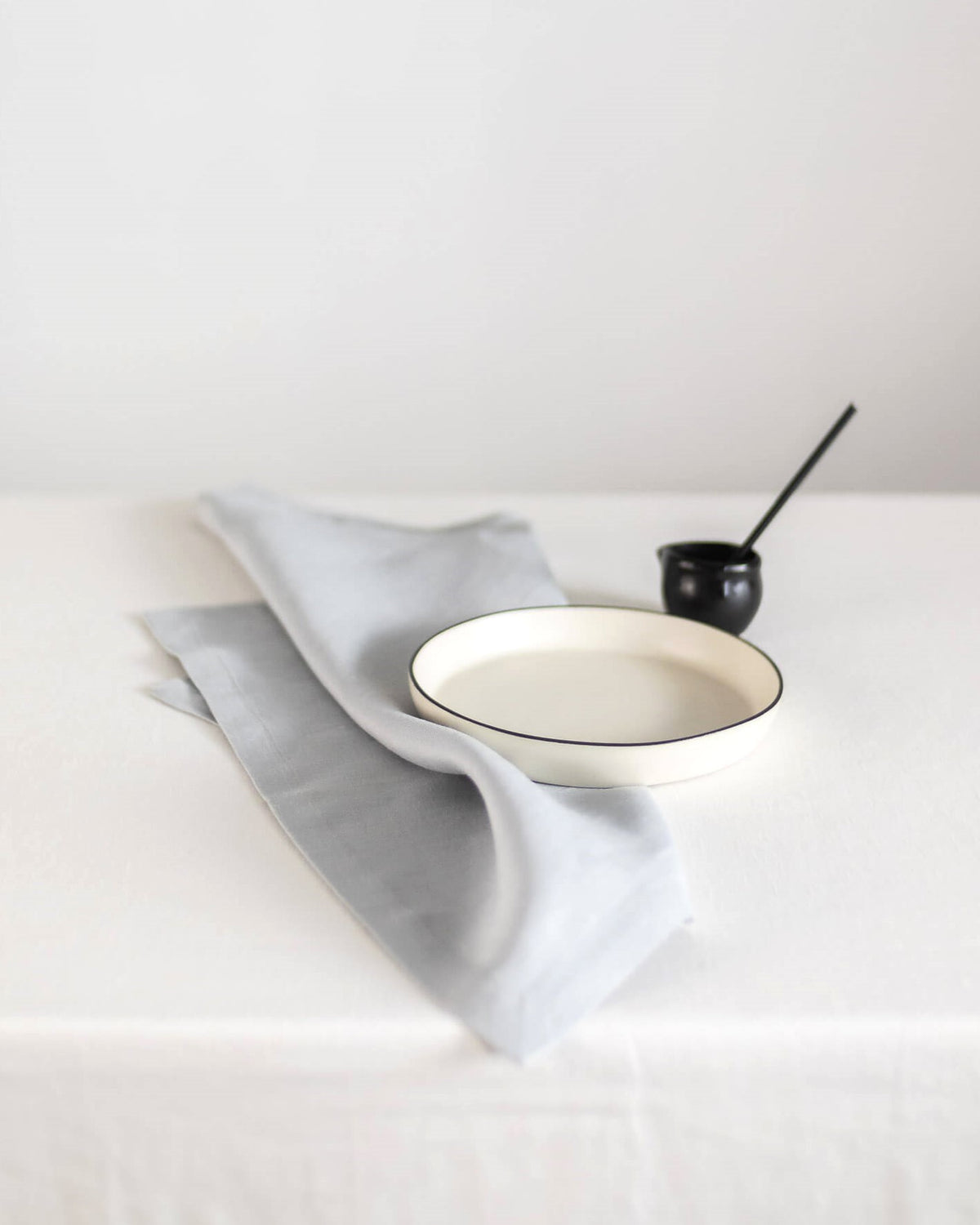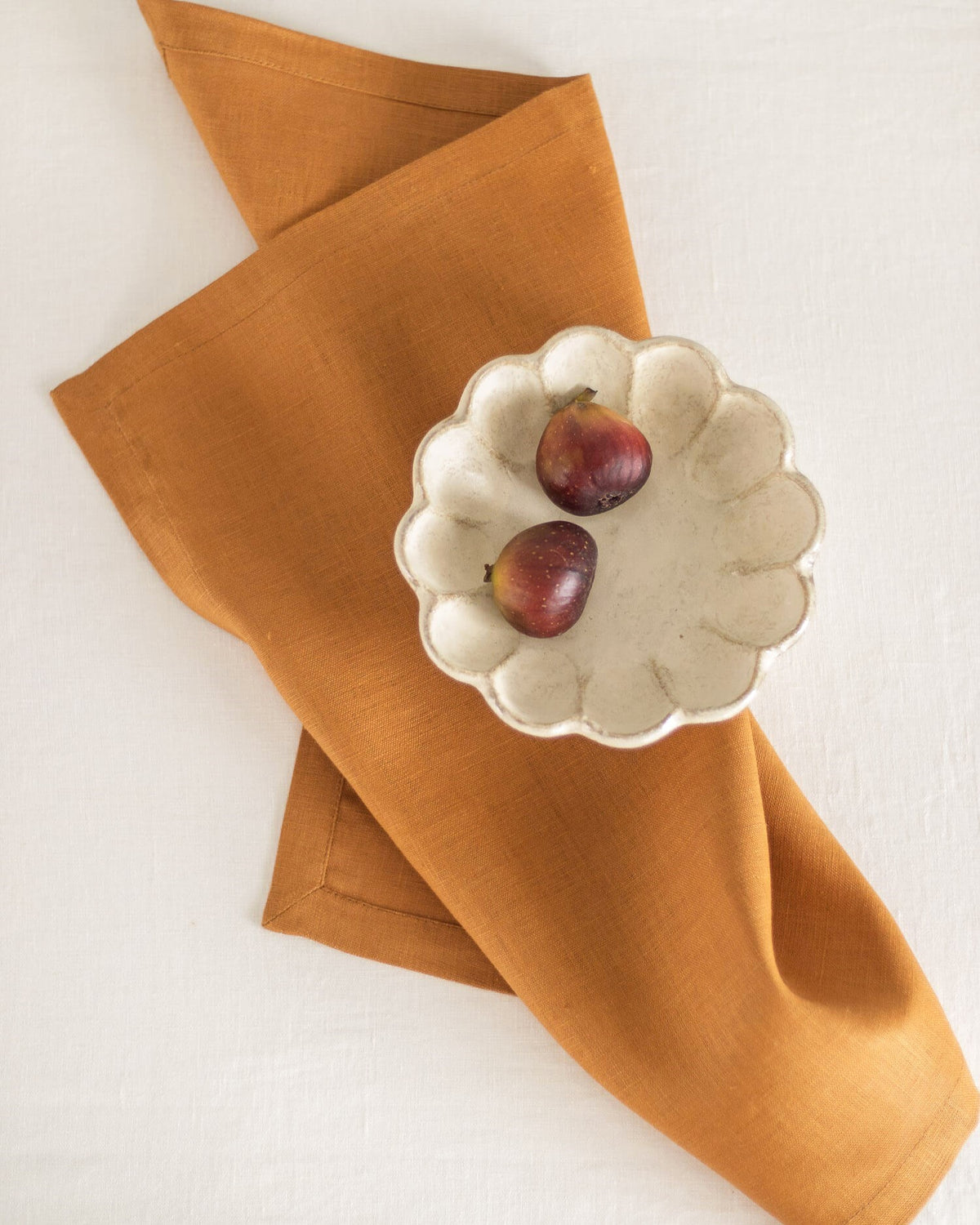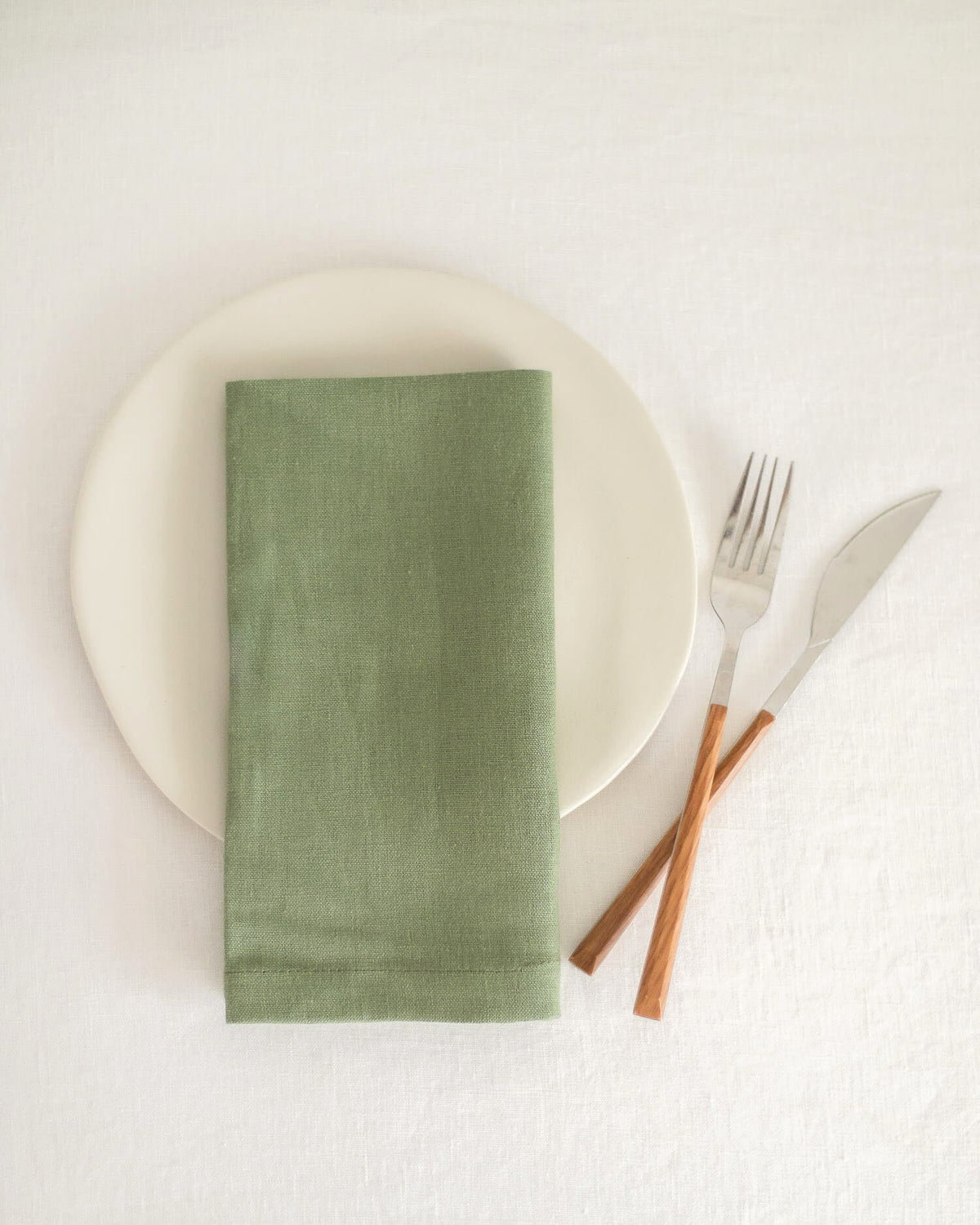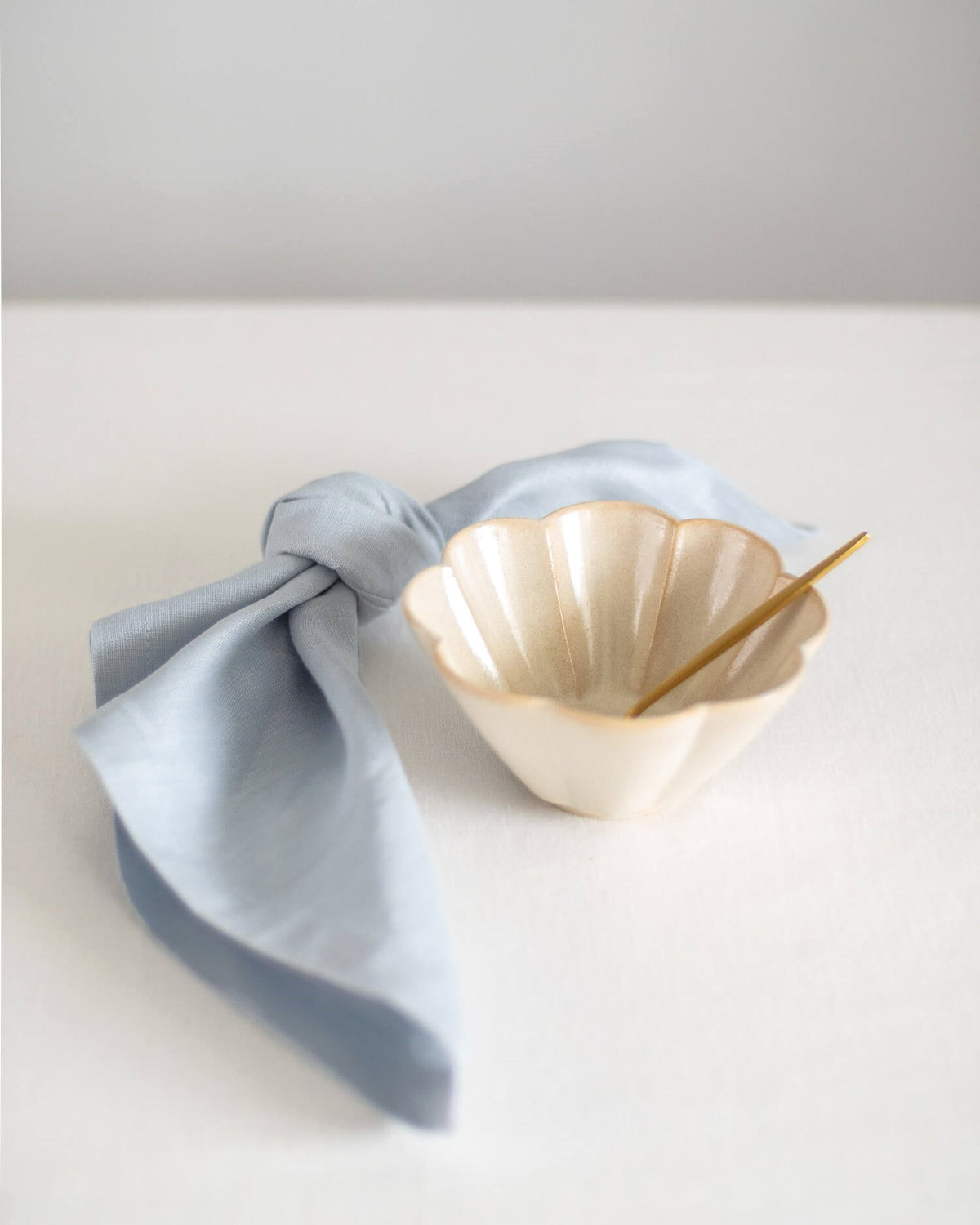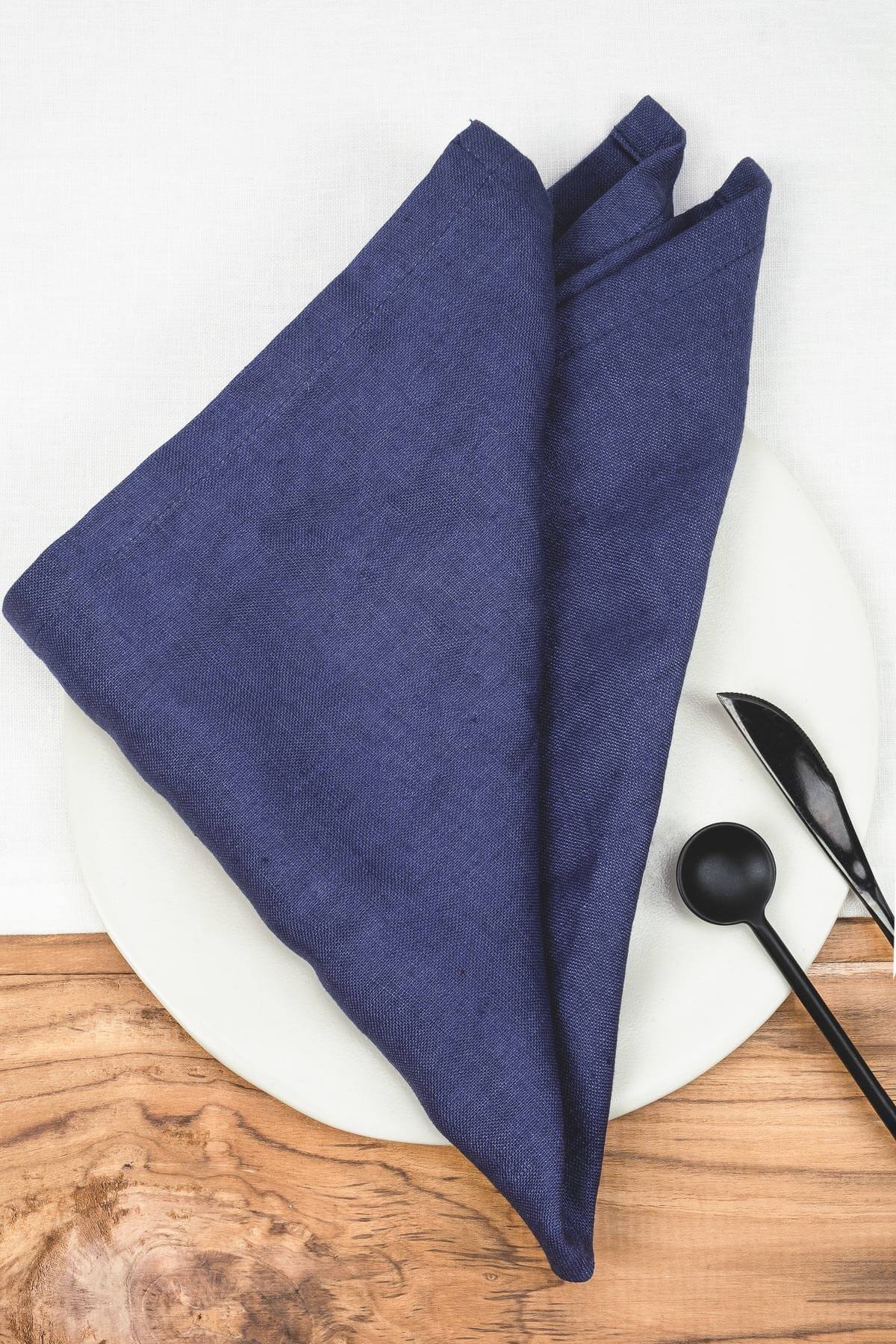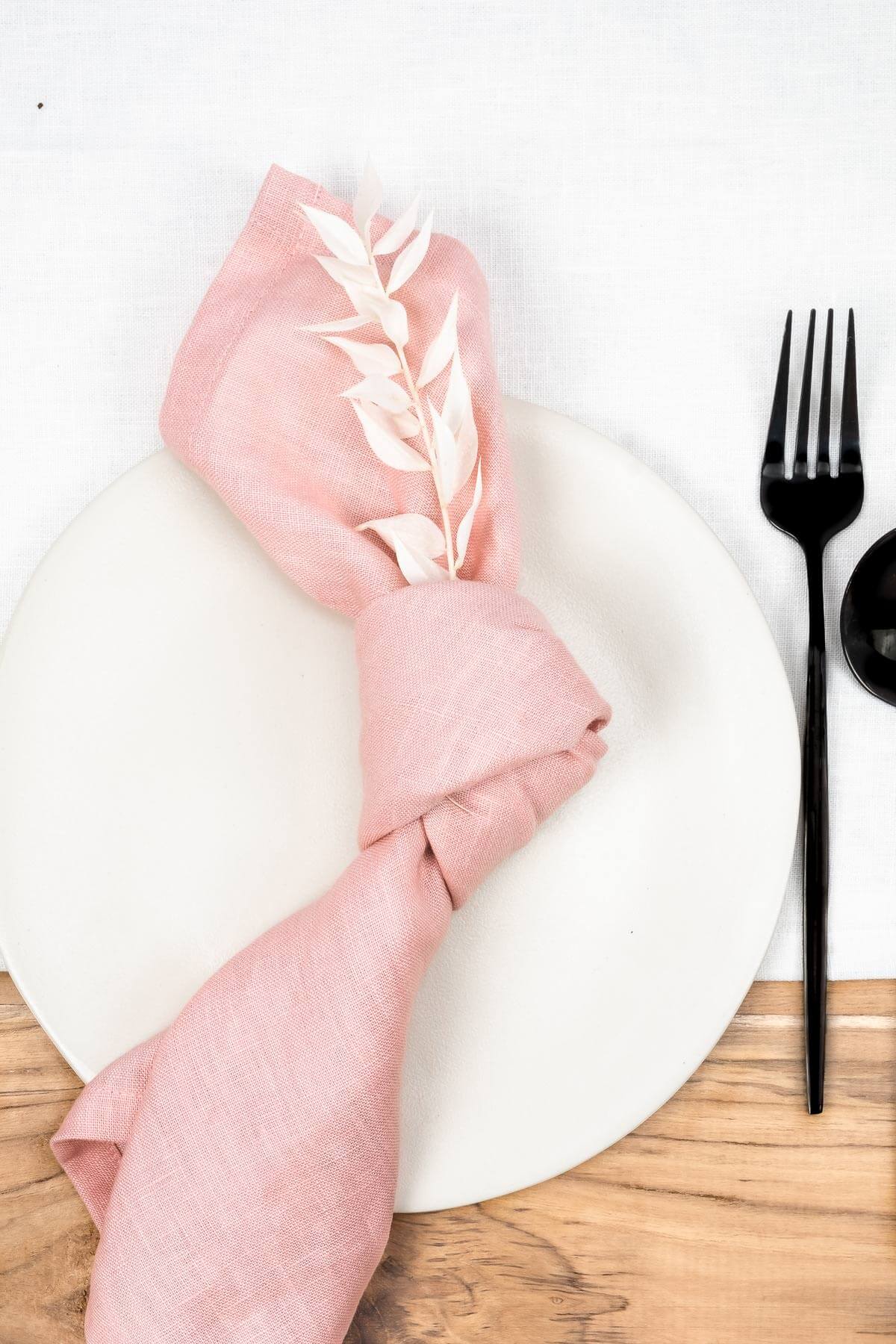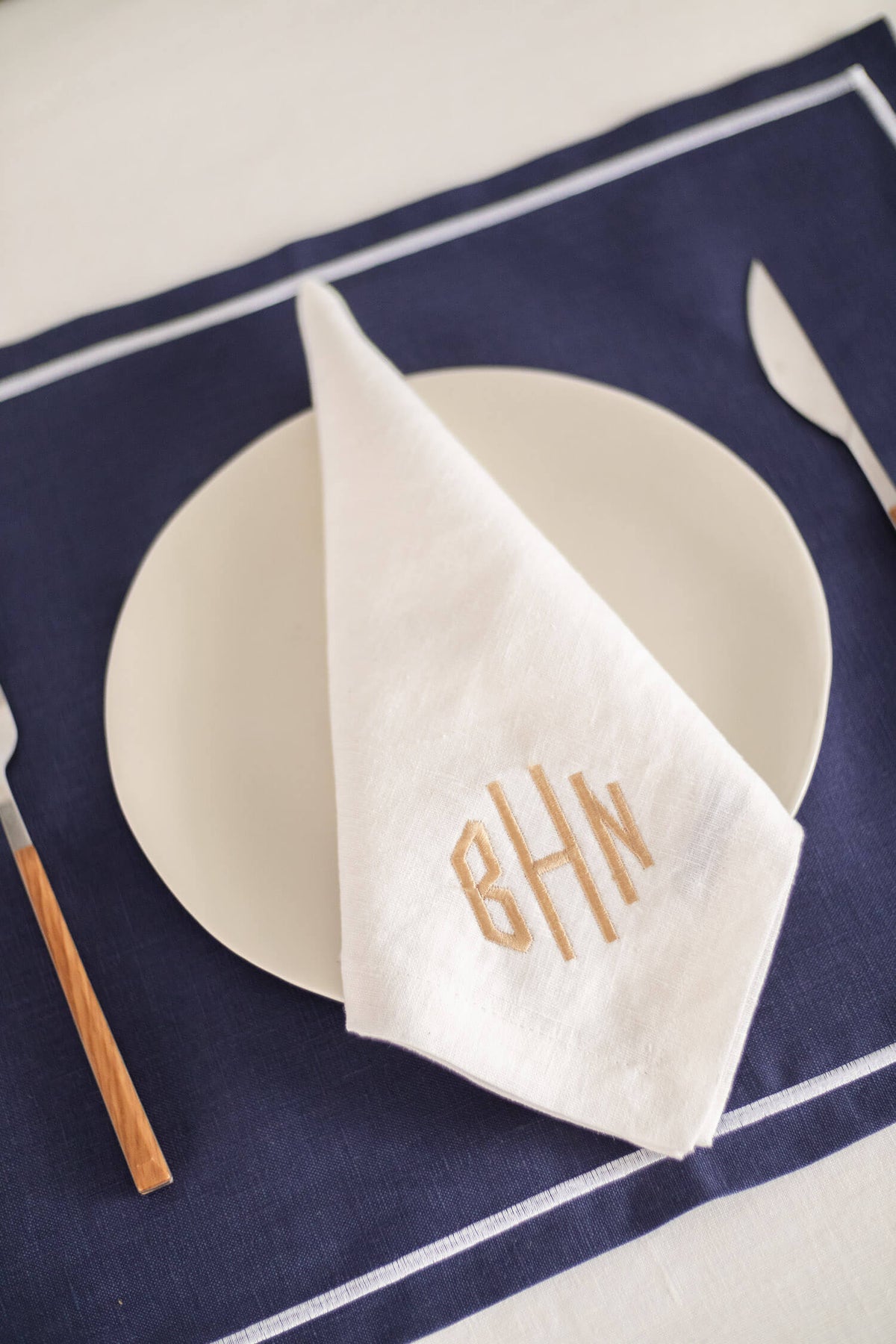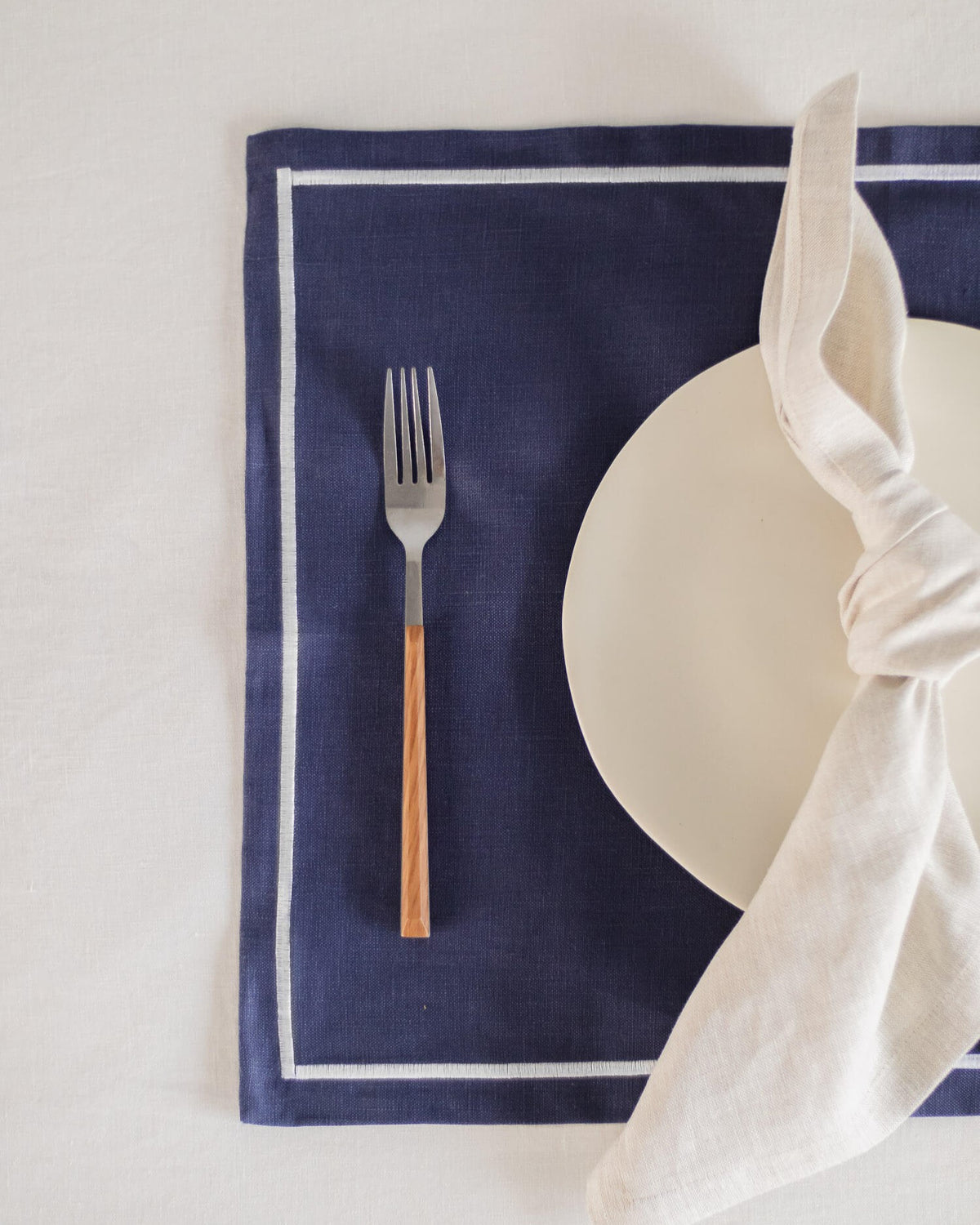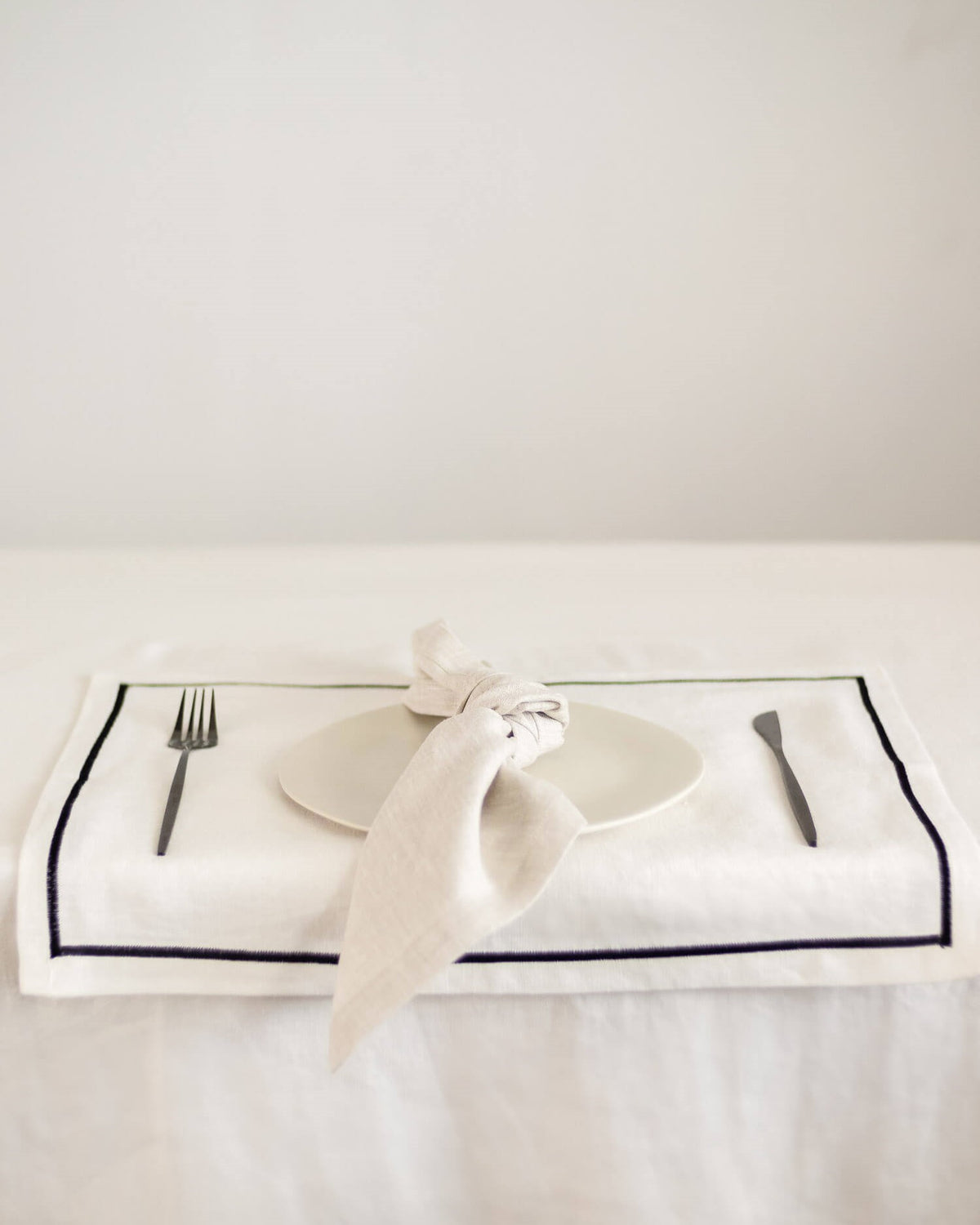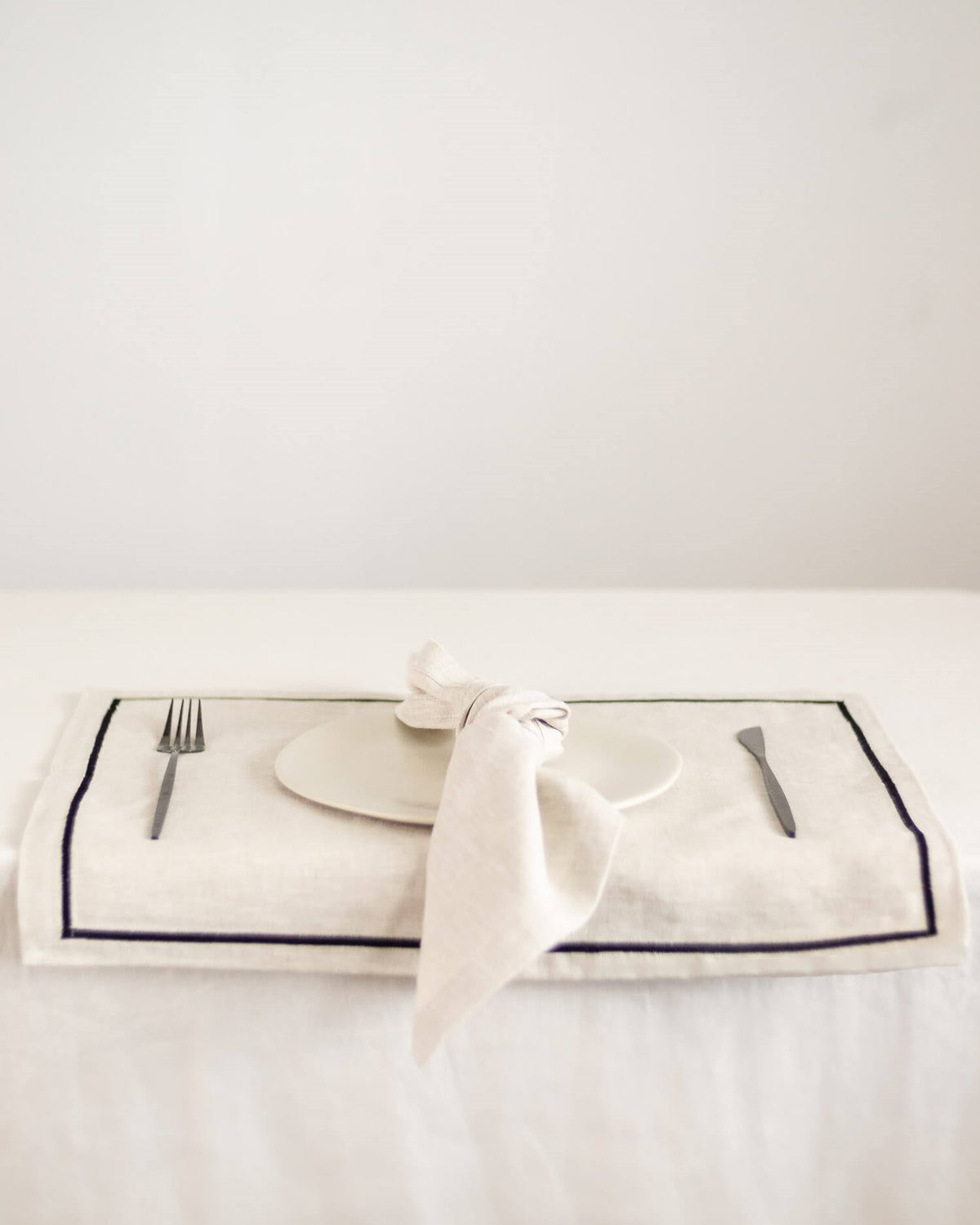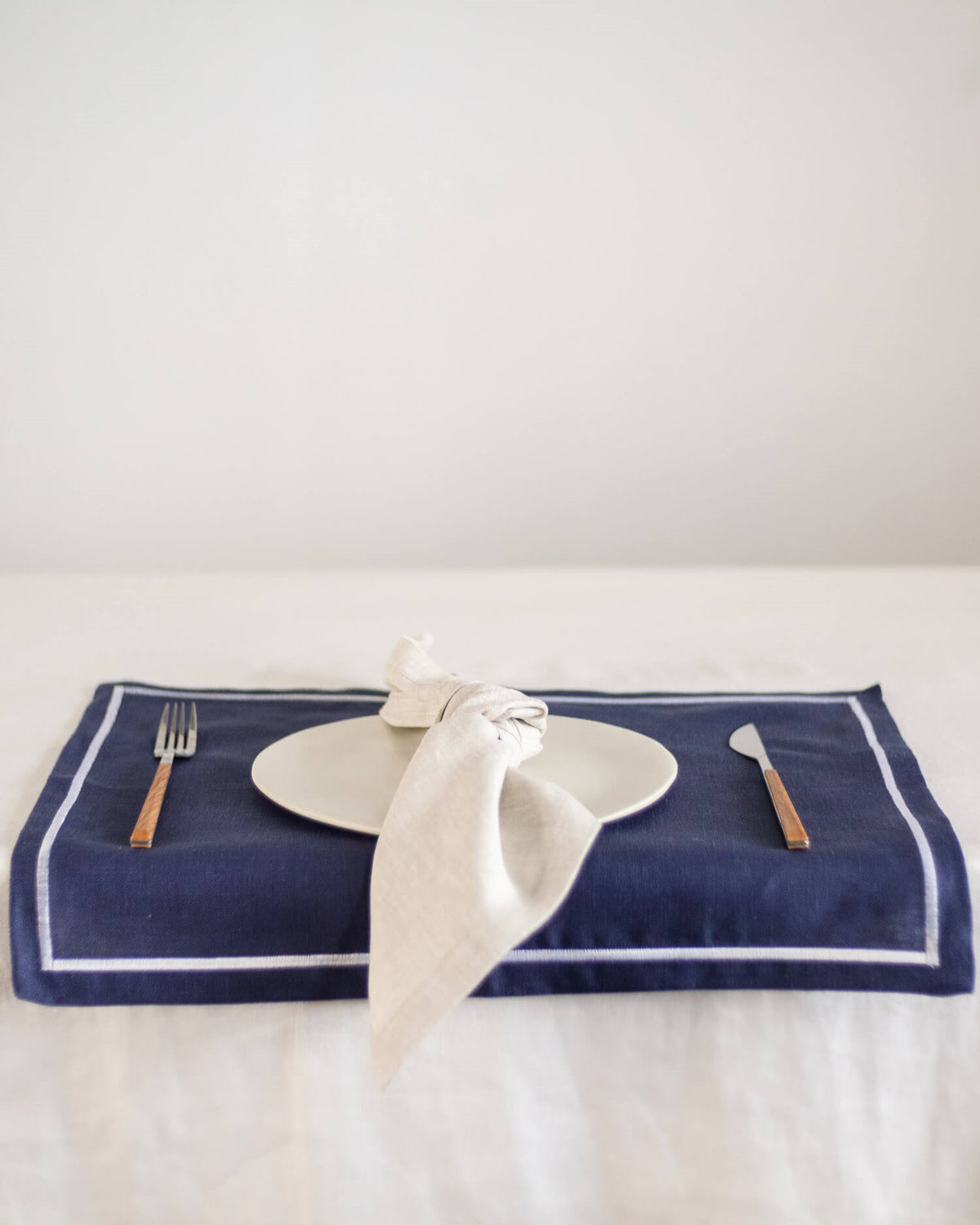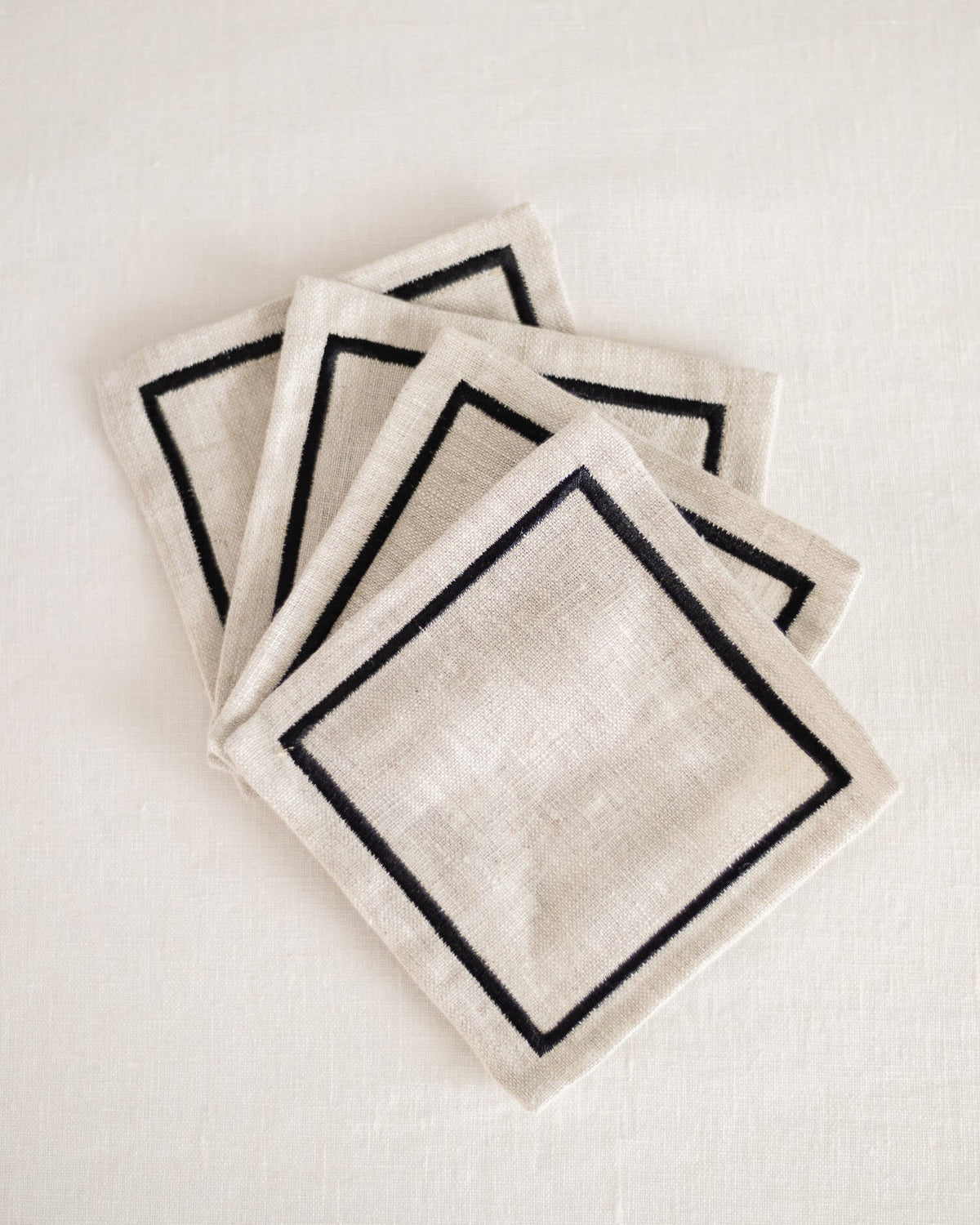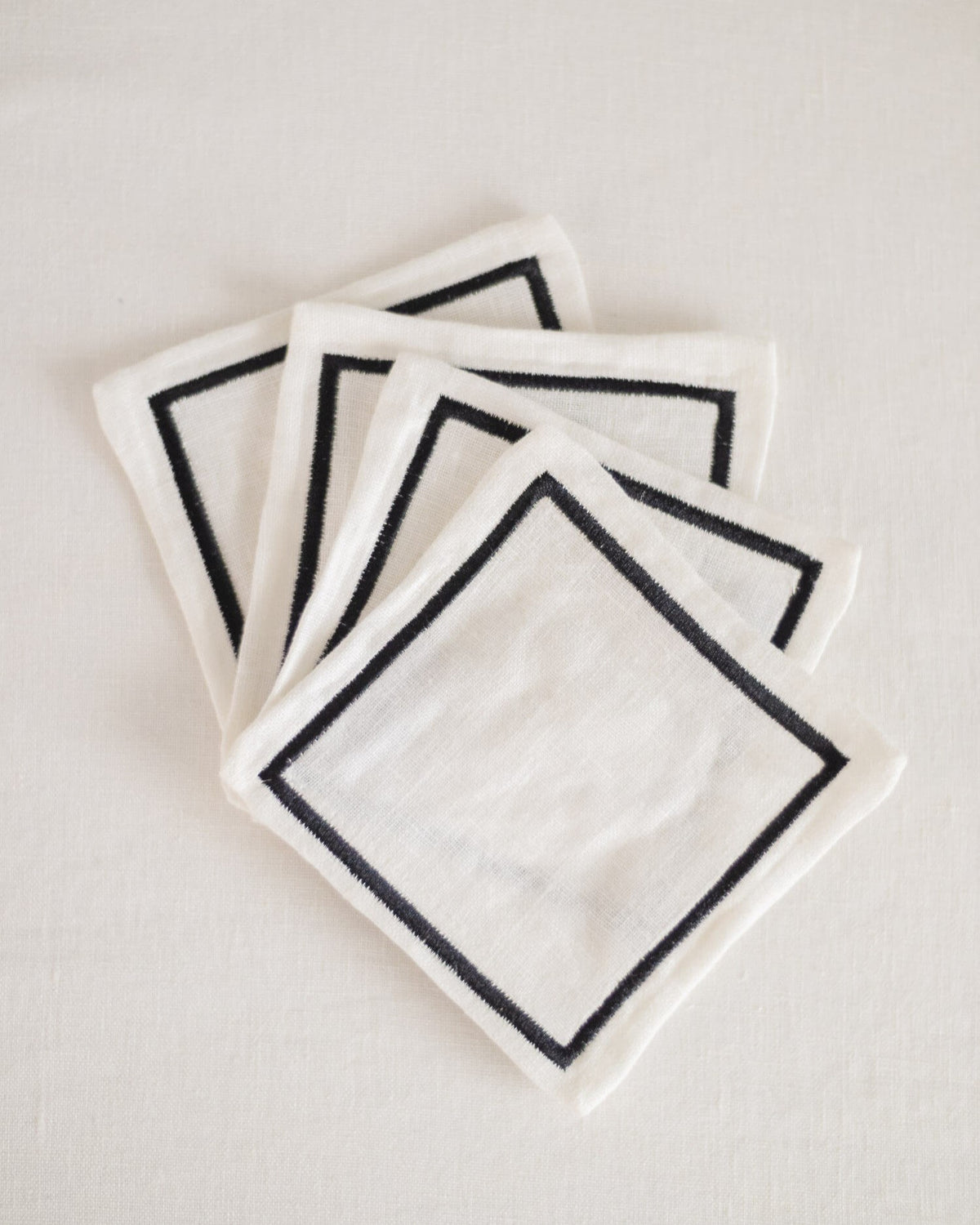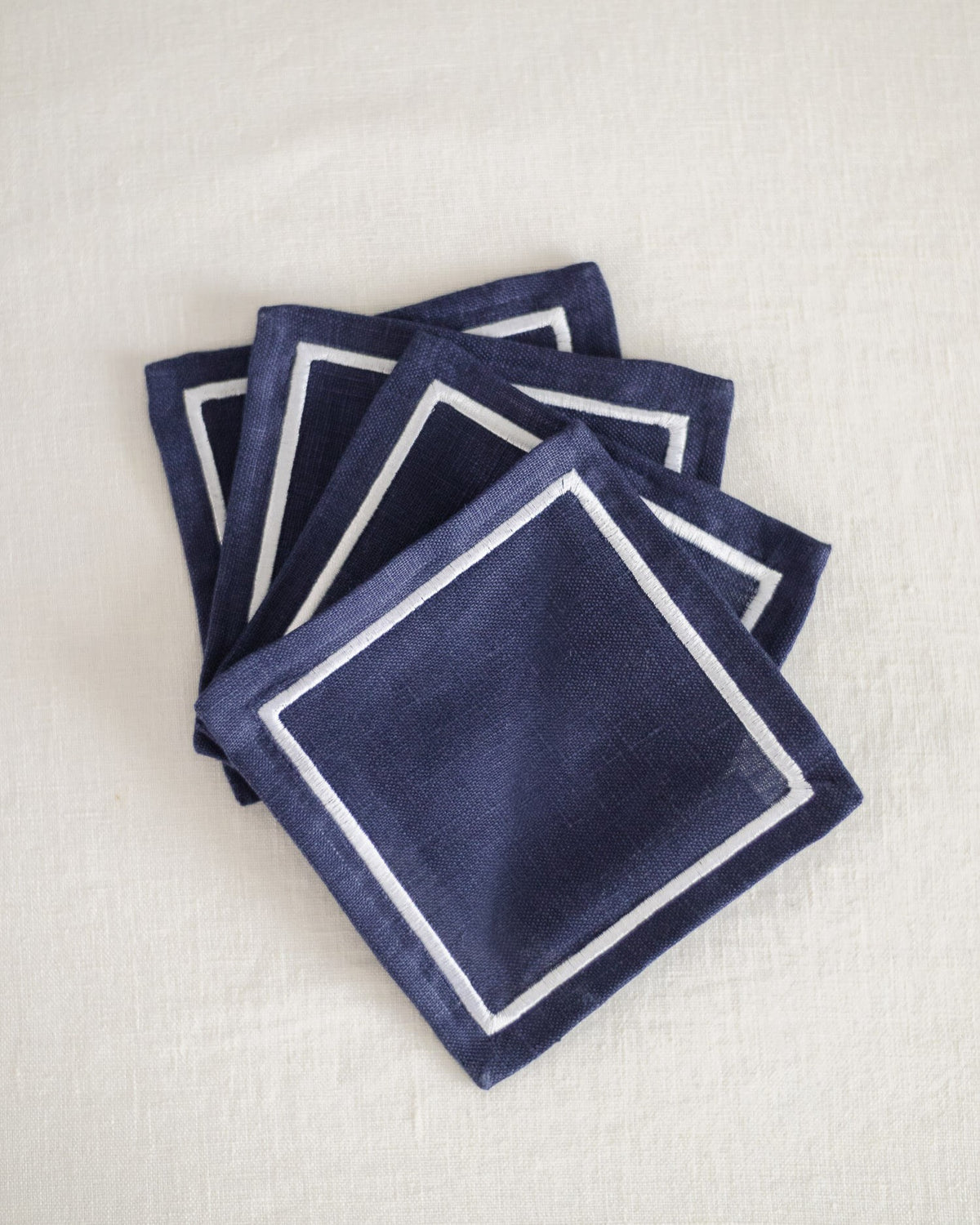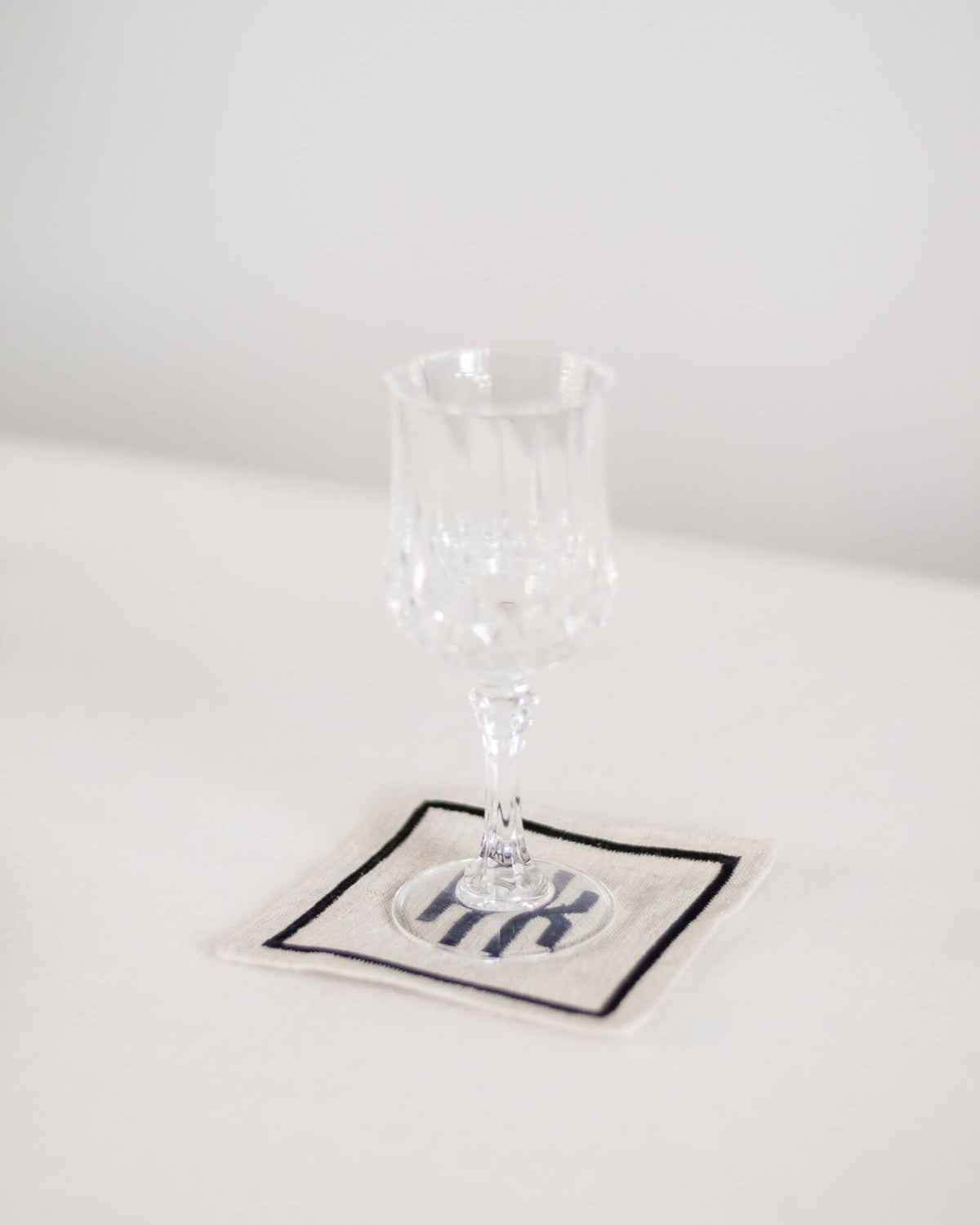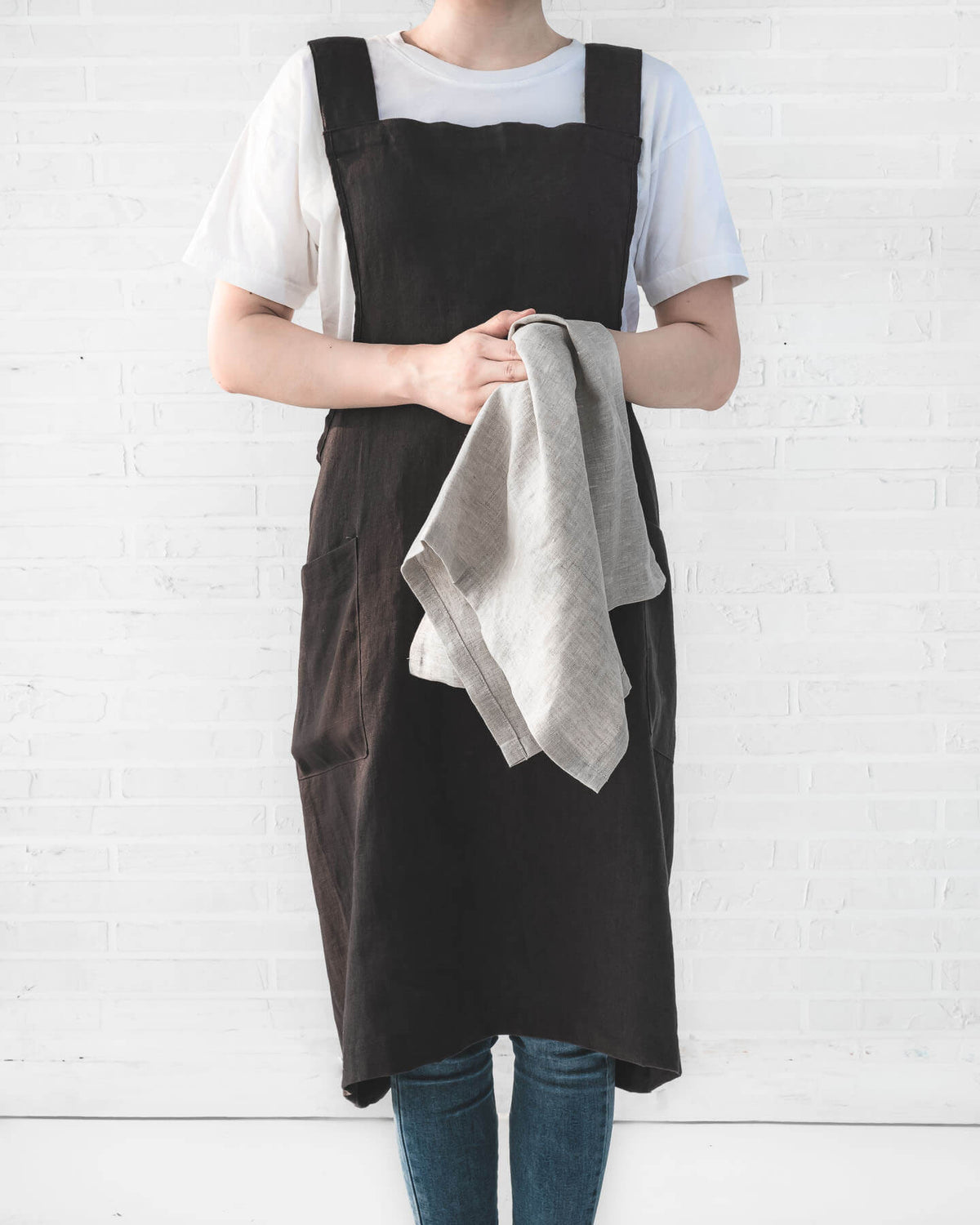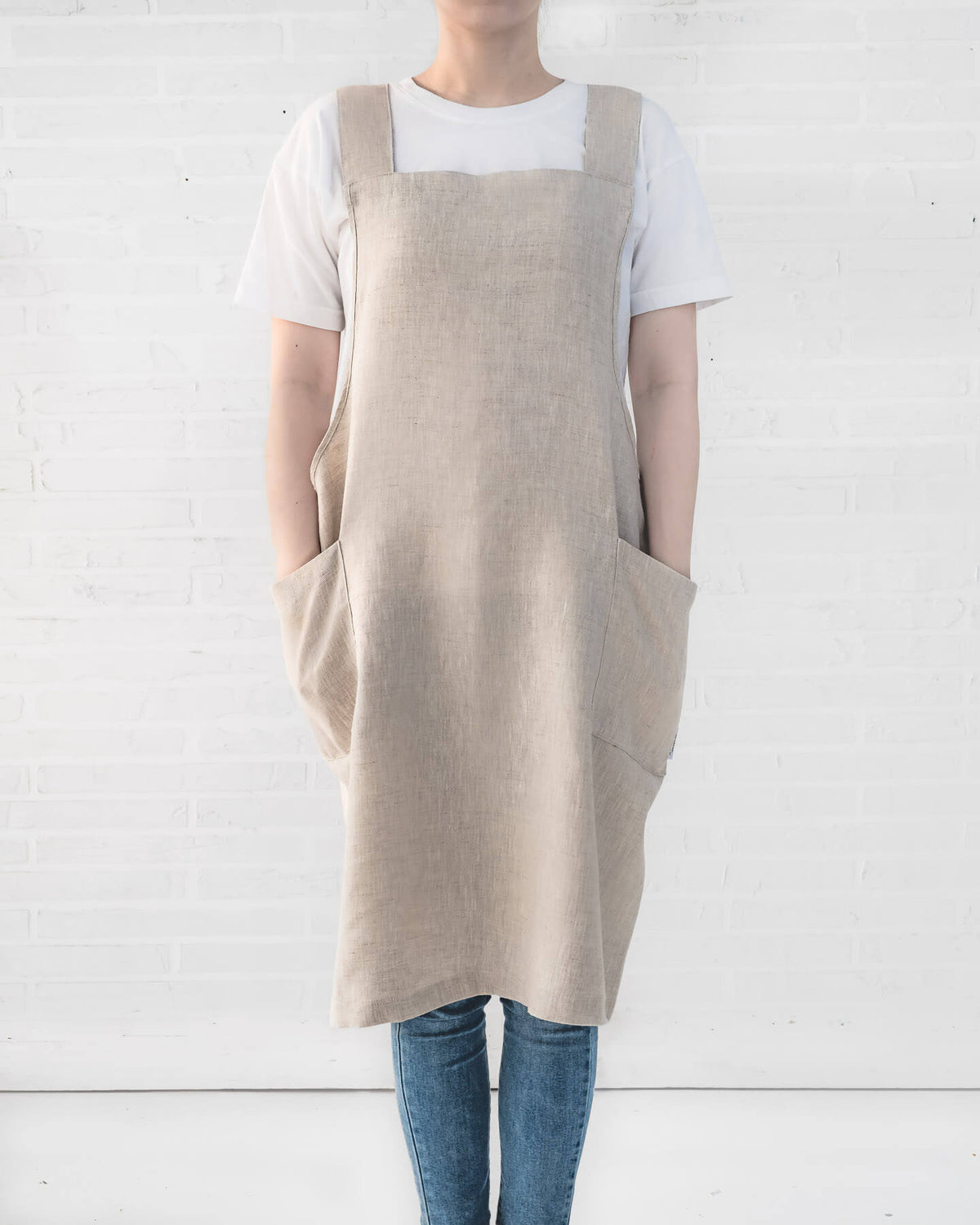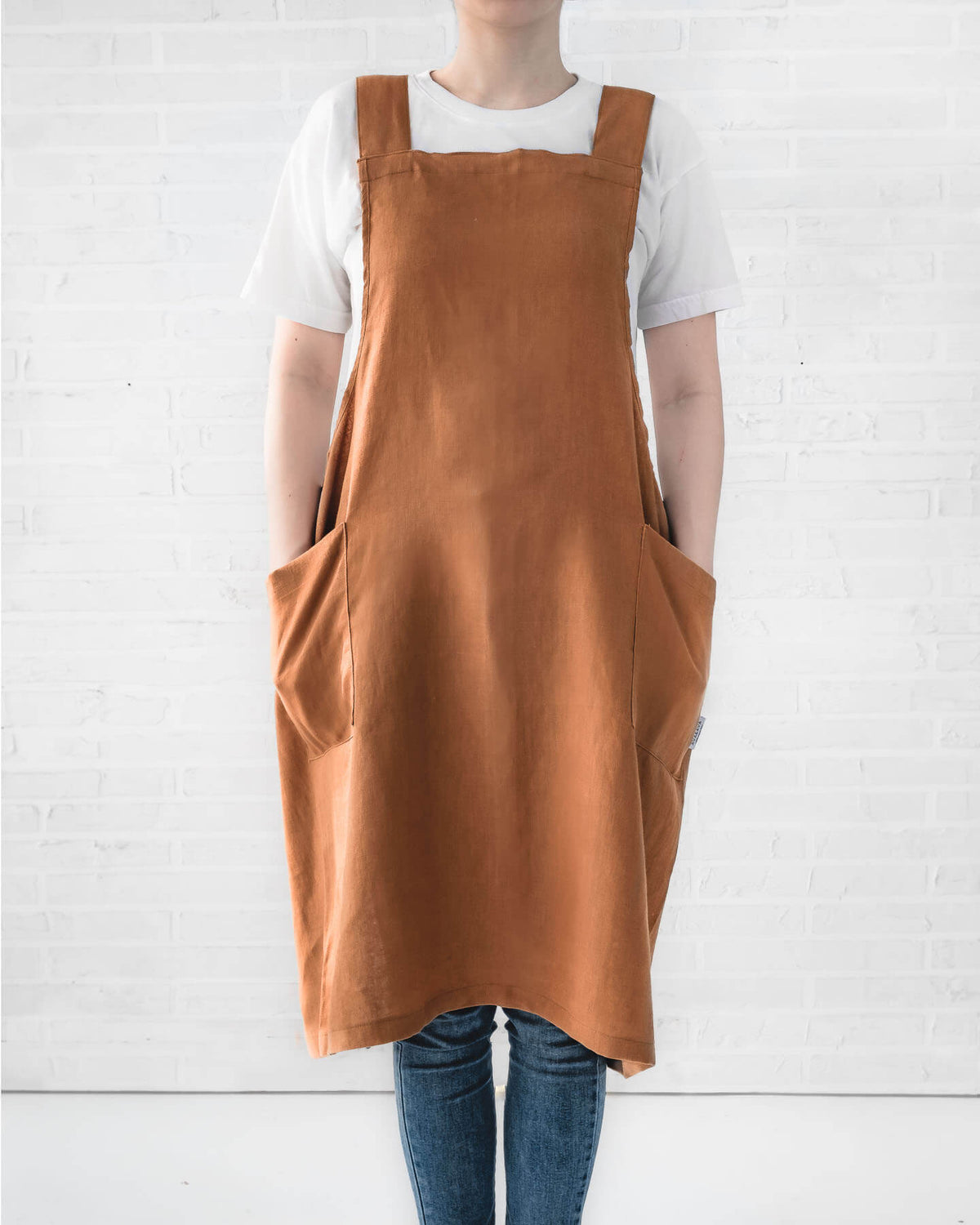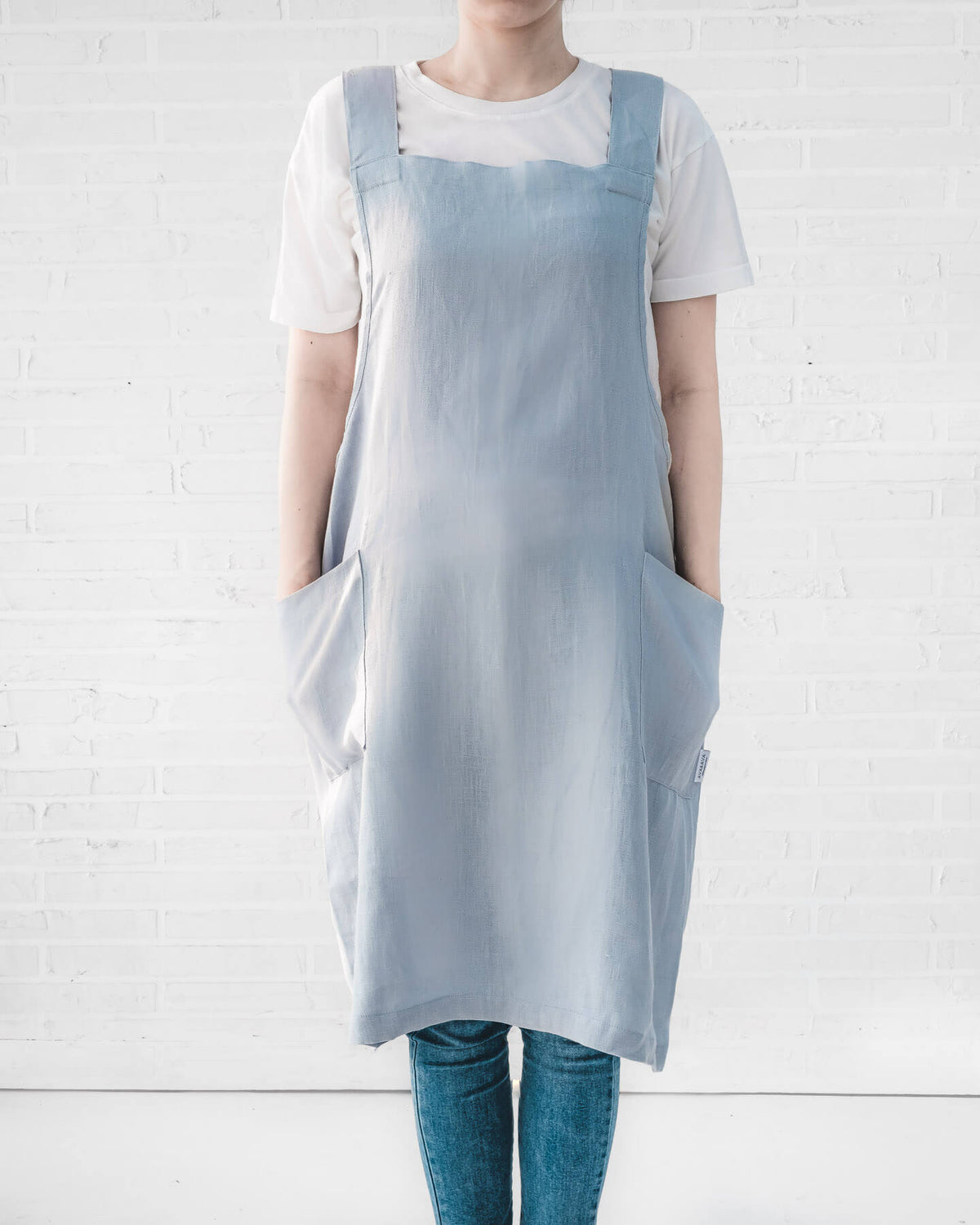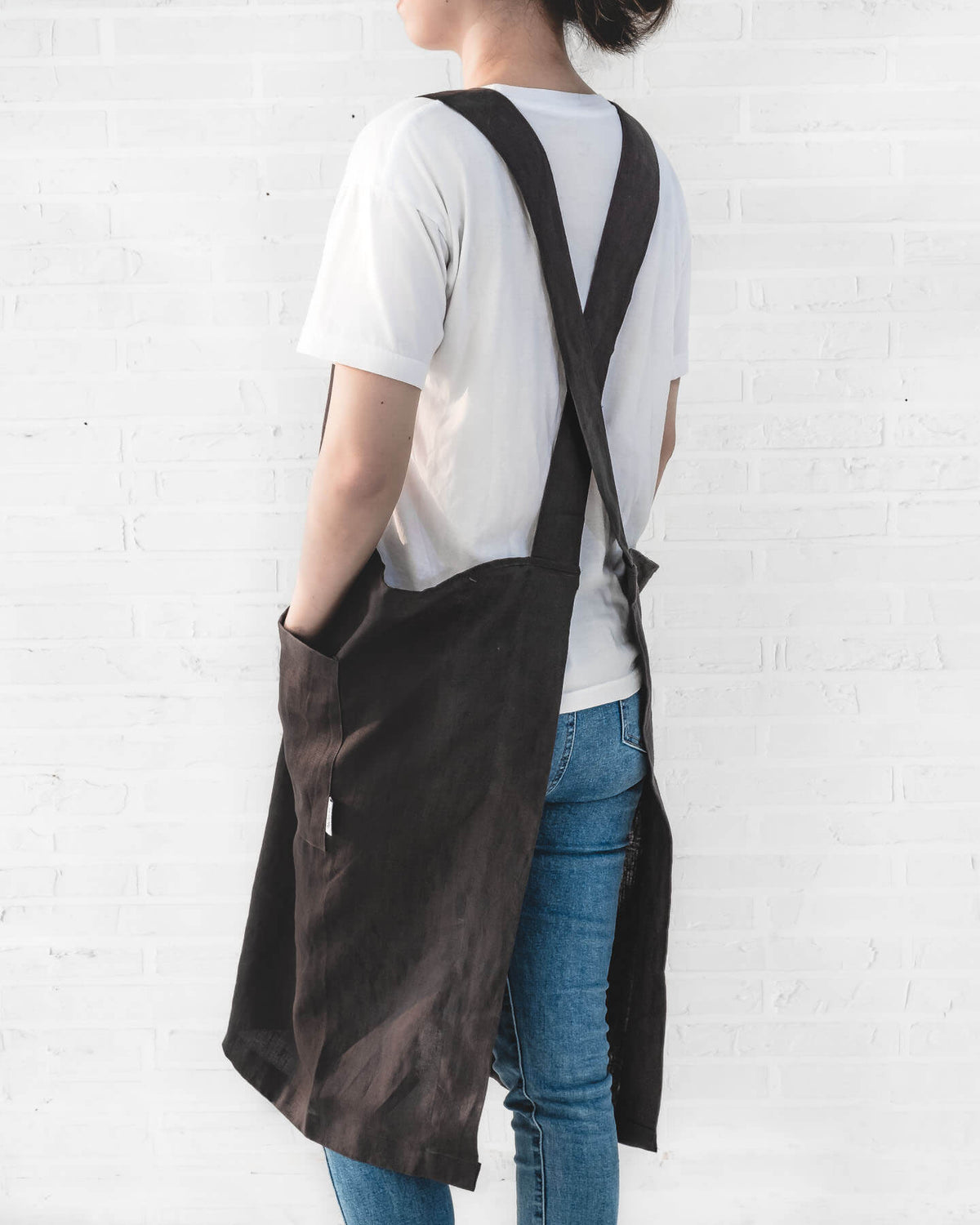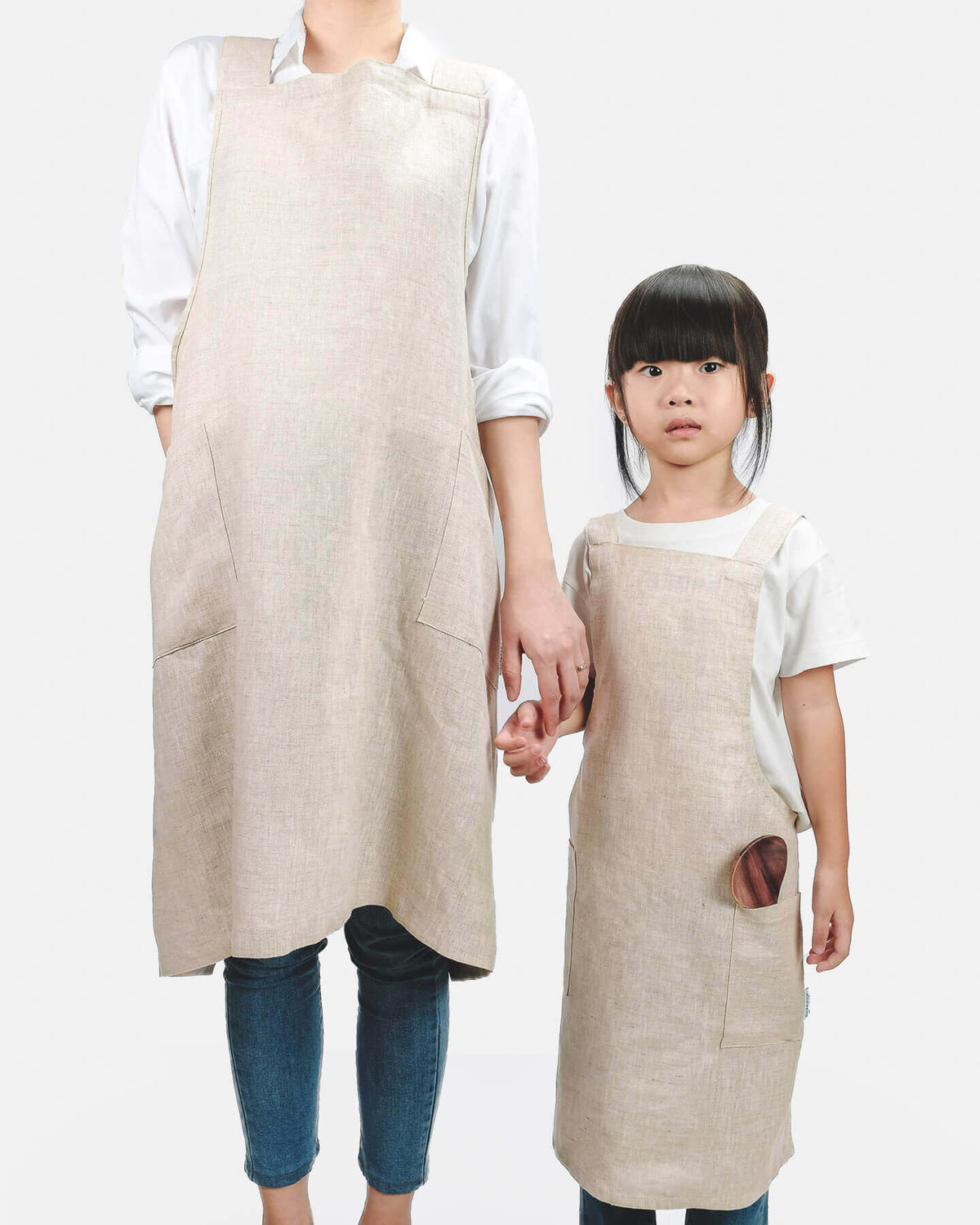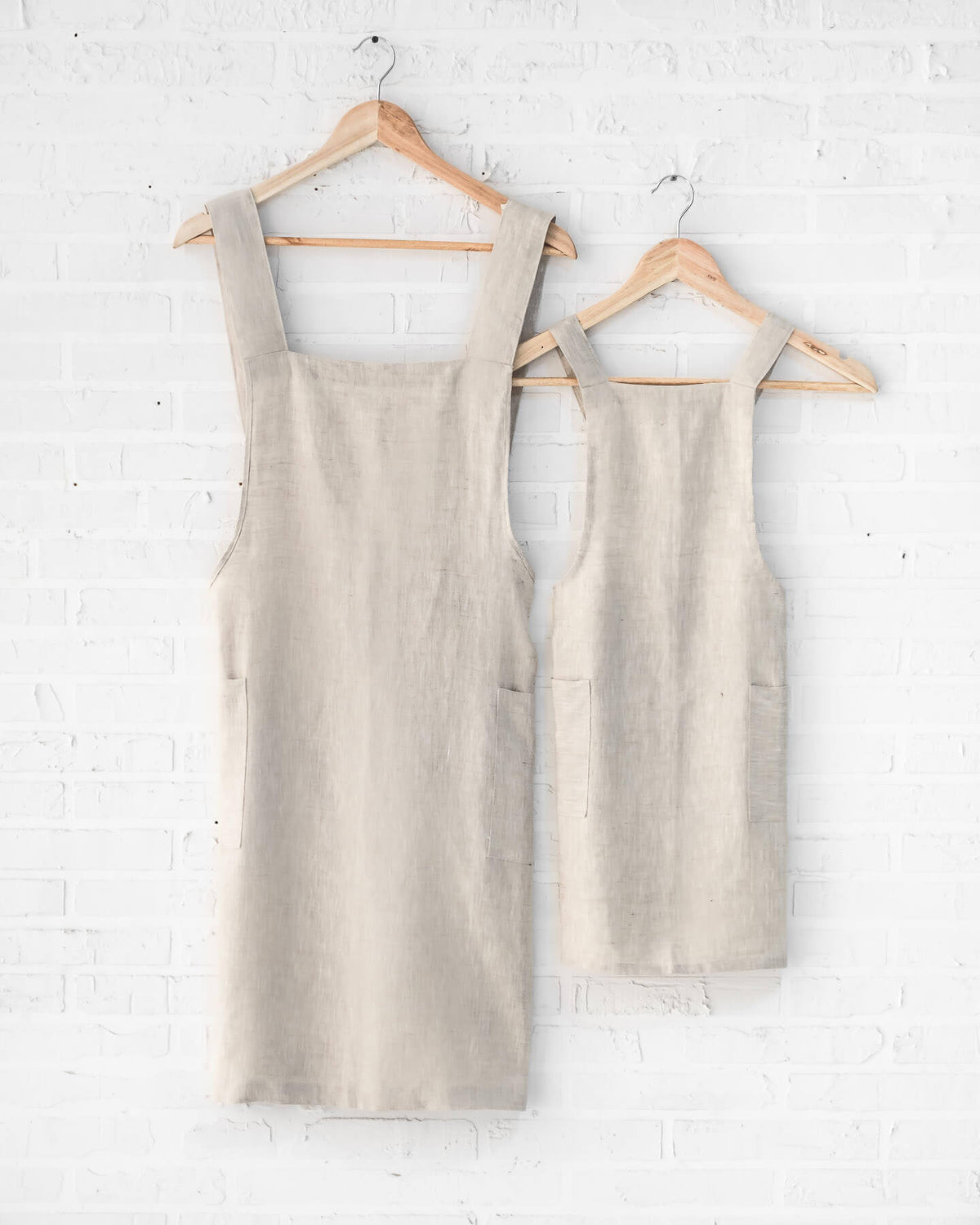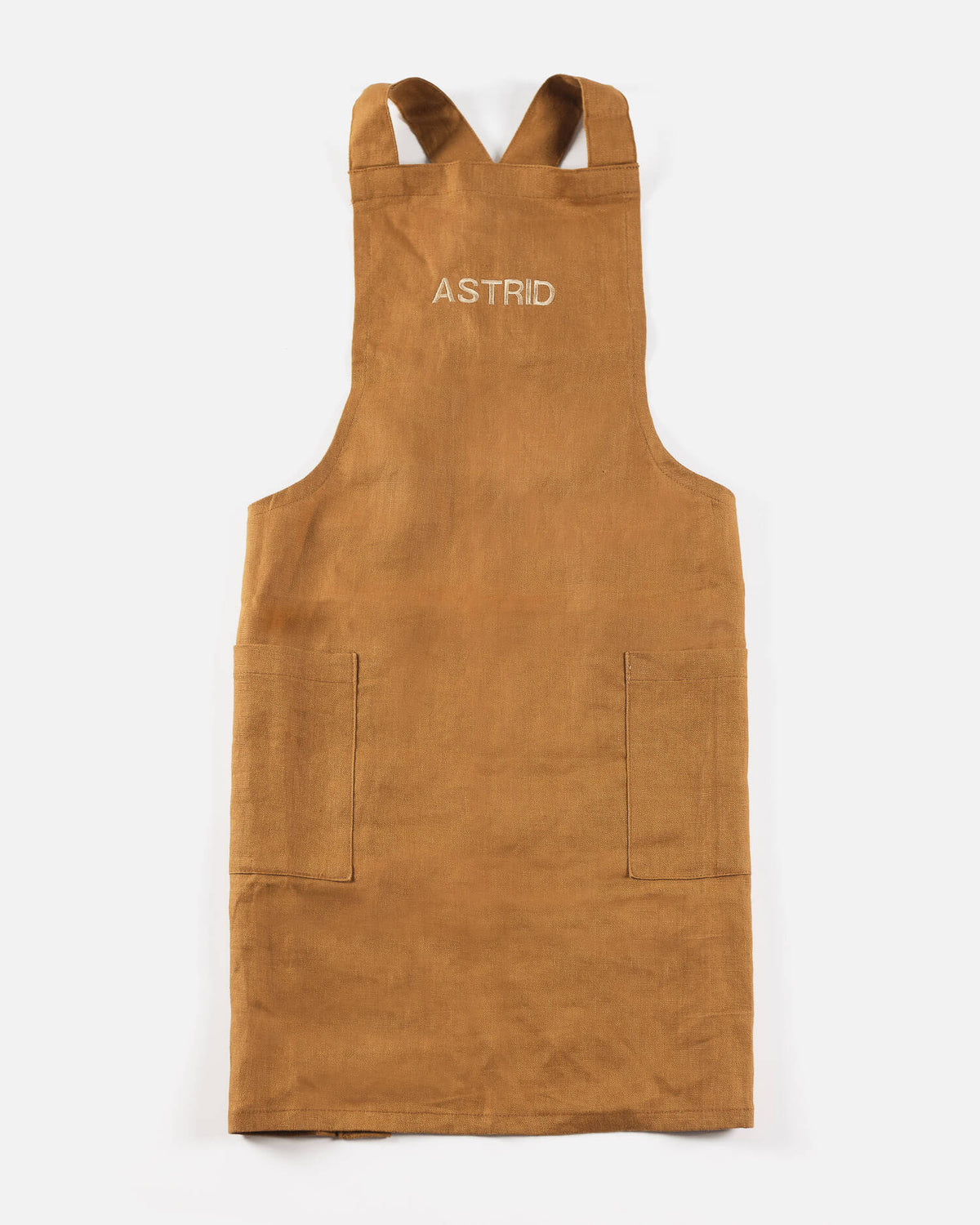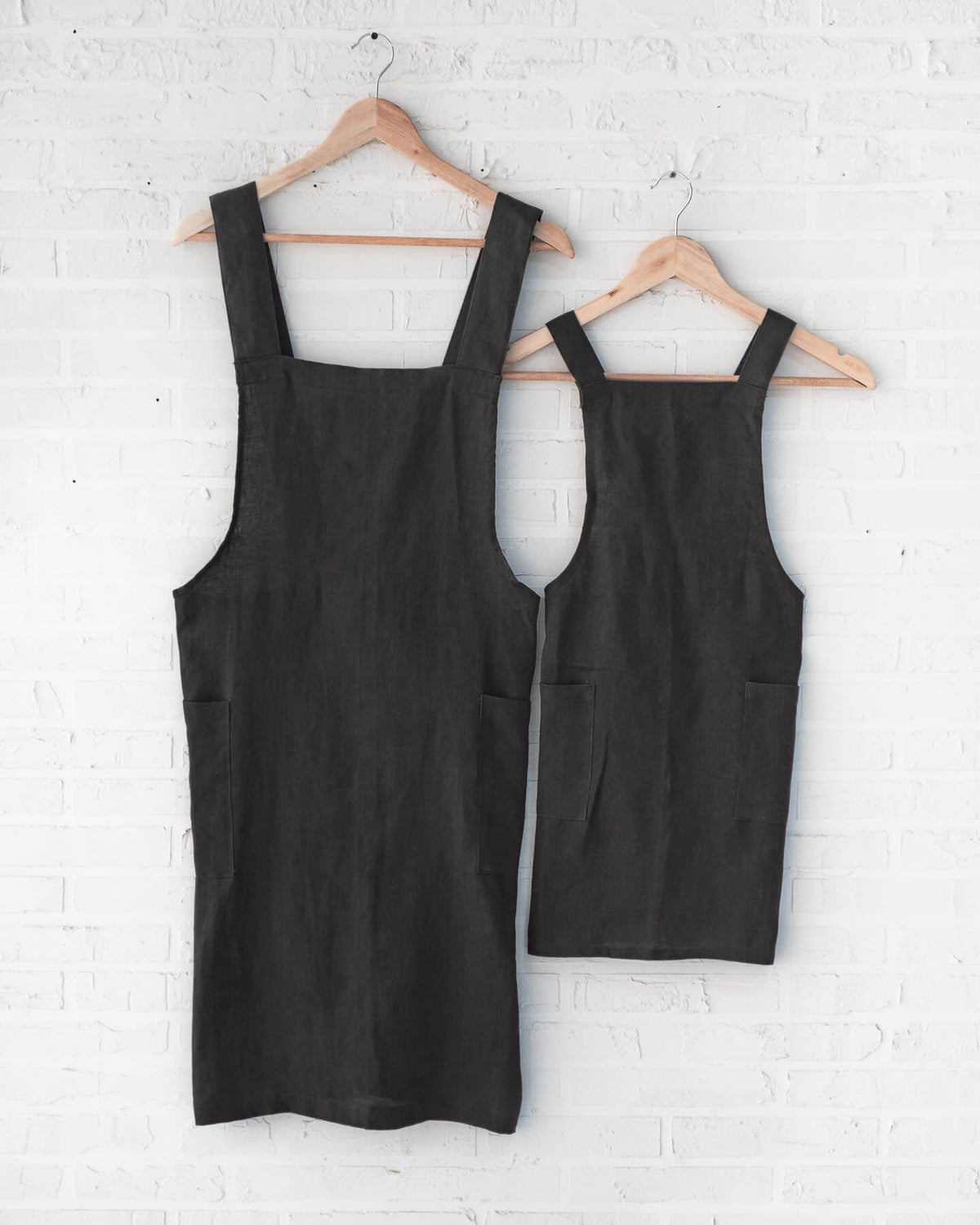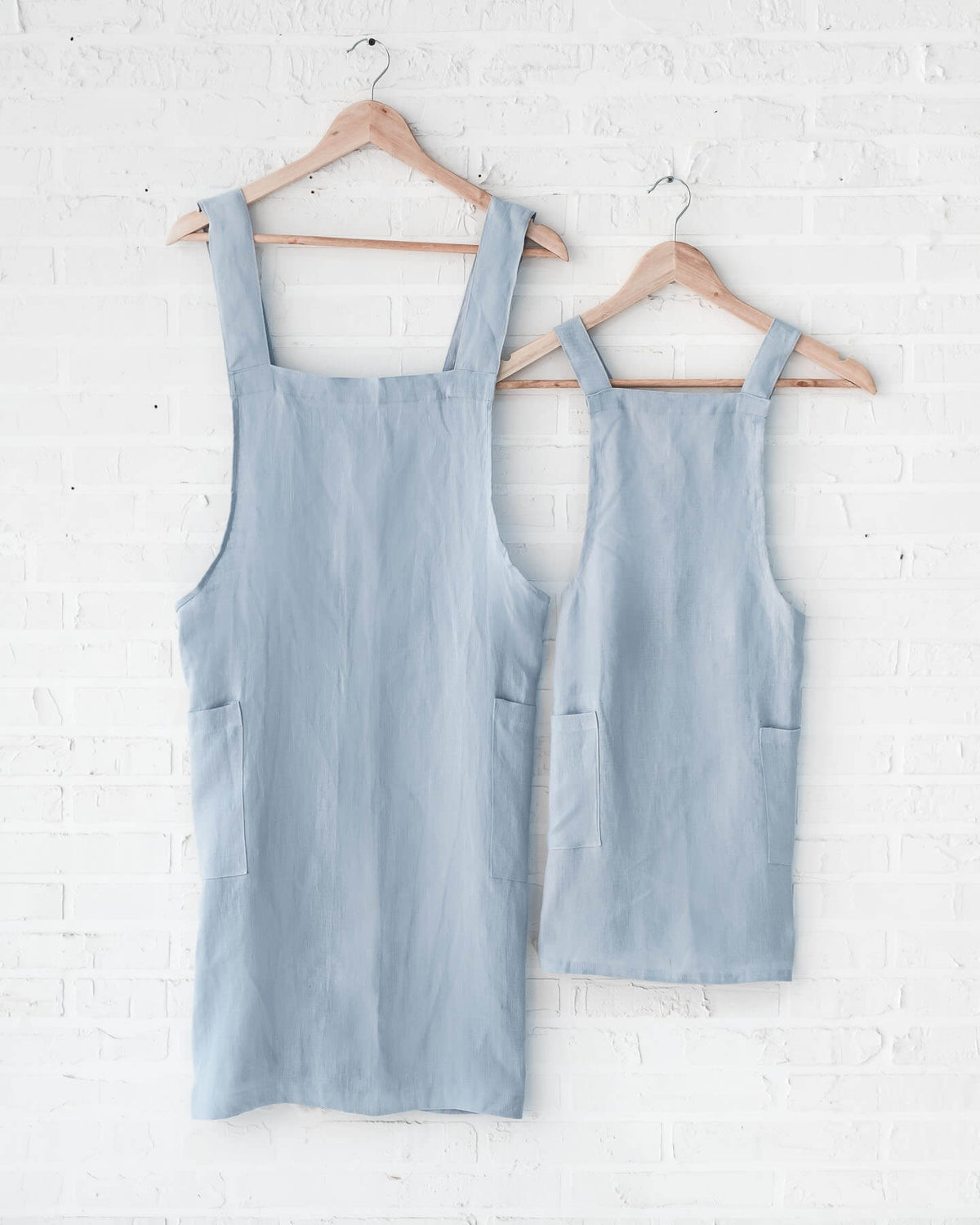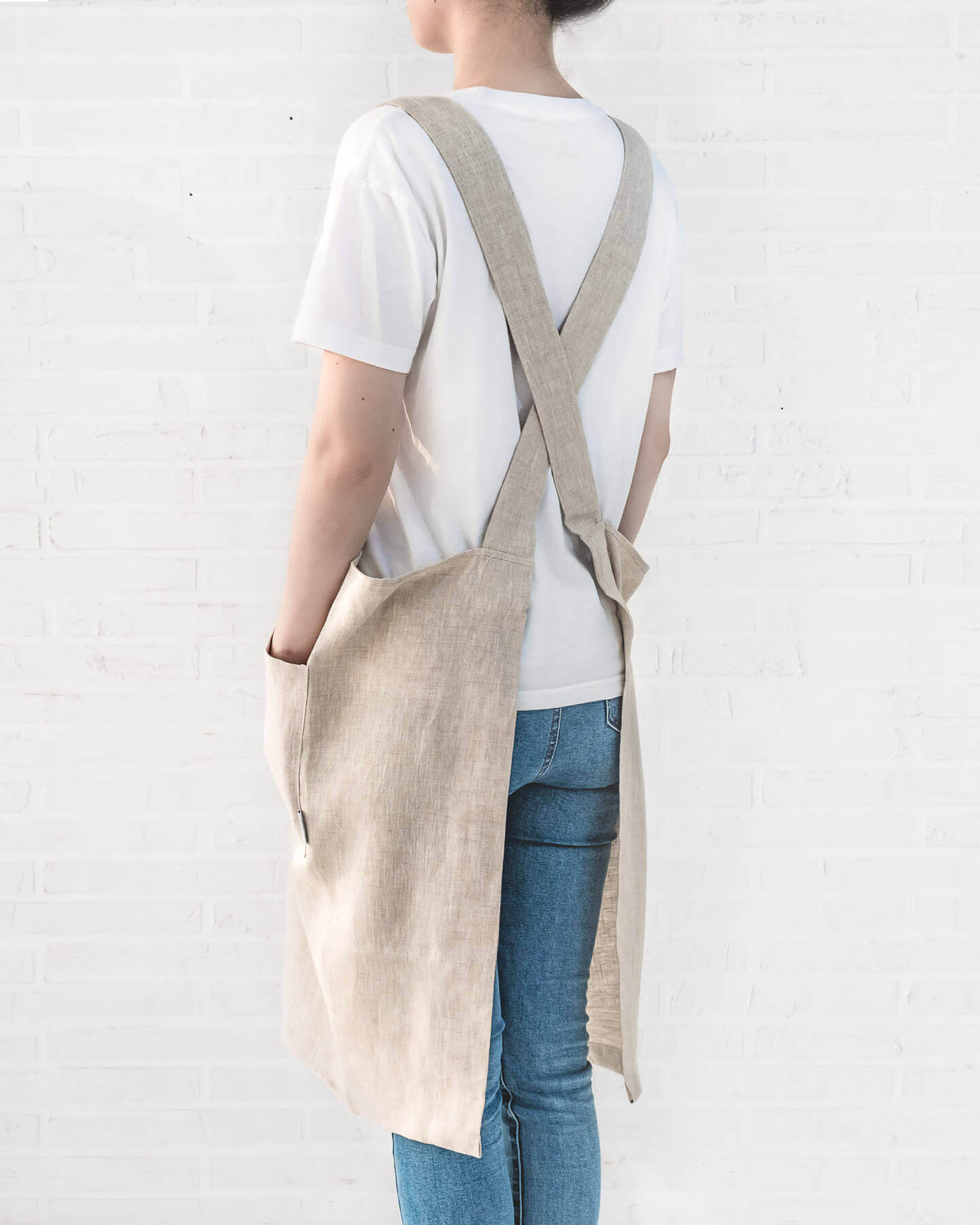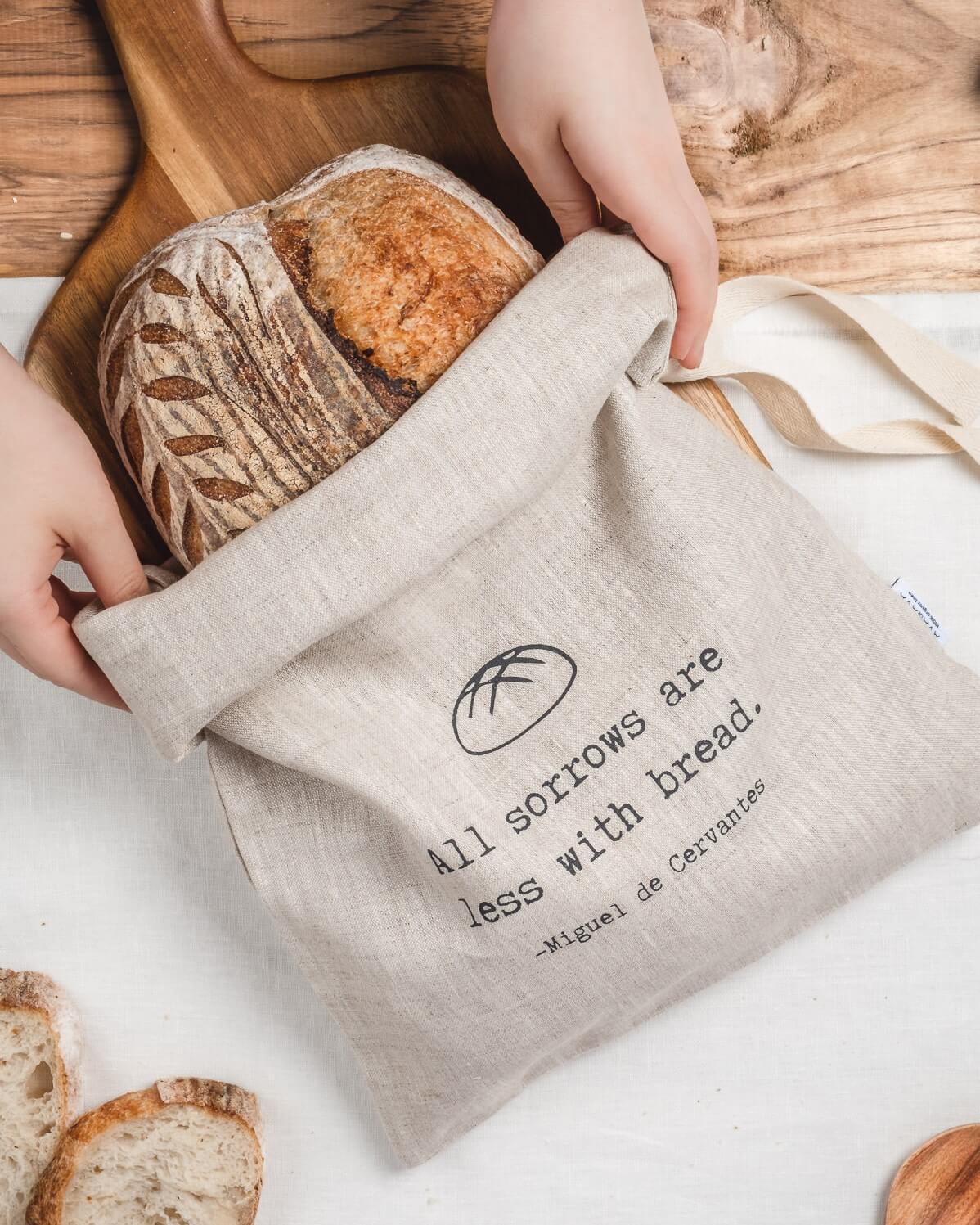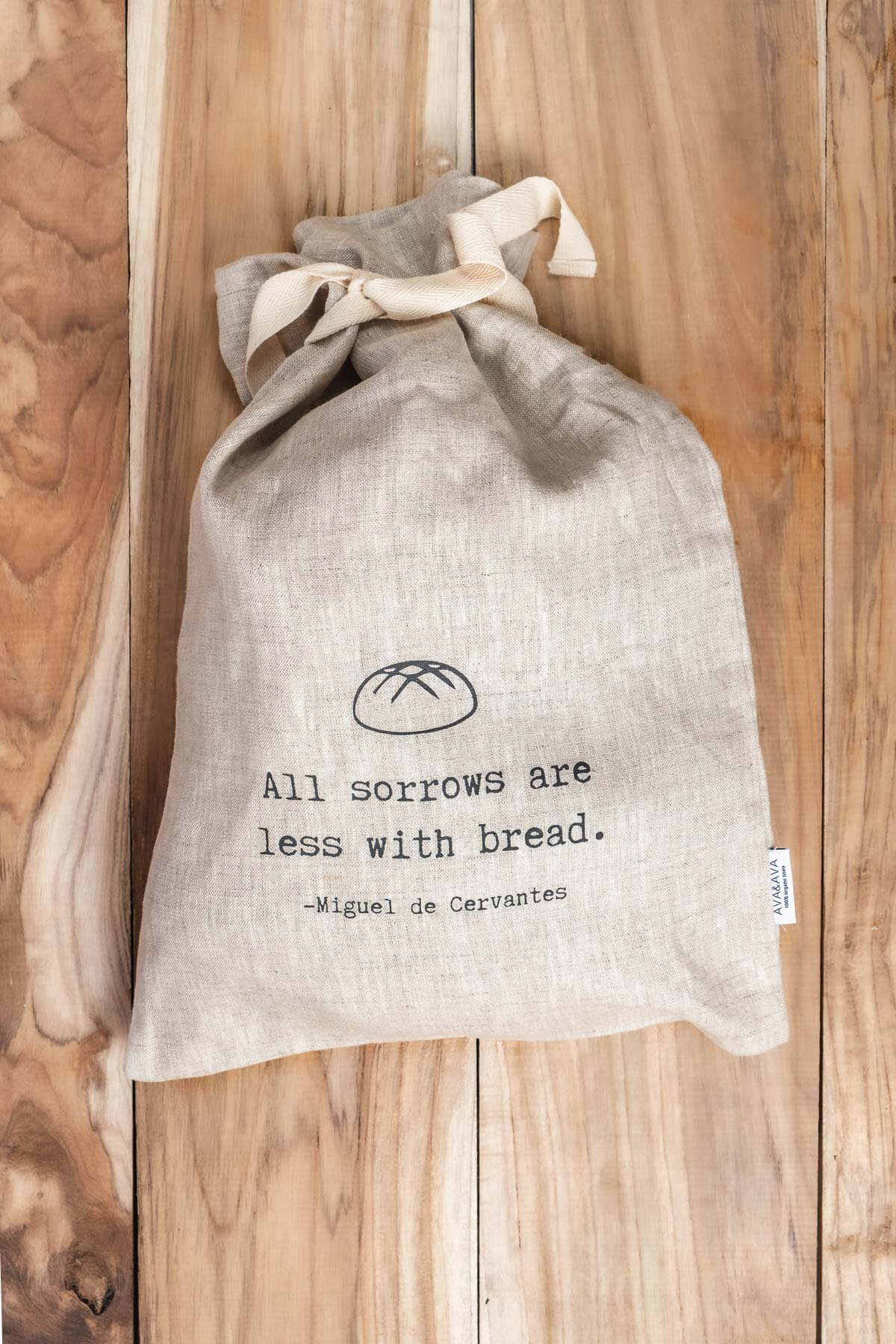Starting with the plant
// one of the world's most sustainable resource
-
Bamboo is one of the fastest growing plant on Earth
Being a grass, it grows fast (~3ft per day) and can easily grow back chutes after being cut down. It is essentially a self-regenerating plant—a big advantage for mass harvesting and production as there is no deforestation risk.
Bamboo plays a major role in the Philippine Department of Environment and Natural Resources (DENR)'s deforestation plan and riverbank restoration projects due to its fast growth and easy propagation.
-
Bamboo needs no chemicals to grow
Bamboo can thrive with just rainfall sans insecticides nor pesticides, thanks to its inherent resistance to pests and fungi. -
Bamboo cleans the air
It absorbs 5x more carbon dioxide and produces 35% more oxygen than average hardwood trees. -
Bamboo improves the soil
Growing bamboo helps improve soil quality and rebuild eroded soil. Its extensive root system binds top soil together, improving hydrological function of forests.
Benefits of bamboo bed sheets
// more restful sleep & fresher wakeups

Organic Bamboo Lyocell is naturally hypoallergenic and doesn't irritate sensitive skin, including baby skin. Featuring the organic Bamboo Lyocell baby comforter set in Daydream Blush.
-
Luxuriously buttery soft and smooth
Bamboo feels exceptionally soft and buttery, making them an absolute dream to sleep on. The texture is more of buttery instead of slippery as silk. This feels more natural against the skin (akin to smooth baby's skin) and doesn't cause sheets to slide off easily. With its silky smooth texture, Bamboo also helps prevent frizzy hair and wrinkles. Beauty sleep, yes! -
Breathable and thermoregulating
Unlike synthetics (like polyester and microfiber) and heavy high thread-count cotton bedding which trap heat, Bamboo Lyocell is light, breathable, and constantly adjusts to your body temperature—perfect for the hot humid climate in the Philippines. It never feels too hot nor too cold. This is important for babies and older adults, as they often have a hard time acclimating their body temperatures, causing hot flashes, night sweats, or chills. This is also ideal for sleep partners who have different temperature preferences. -
Moisture-wicking and anti-odor
Unlike cotton, moisture or sweat does not linger in bamboo due to its micrograps. It wicks moisture away fast so you always wake up feeling fresh and dry, never sticky. This quick-drying feature also comes in handy on laundry day. -
Hypoallergenic, antibacterial and antimicrobial
Bye allergens and bacteria! Bamboo is non-irritating and perfect for people who suffer allergies, eczema (skin asthma), acne, dermatitis, those with sensitive skin, and babies. Bacteria, bed bugs, and dust mites are deterred by the abovementioned breathability and moisture-wicking properties, having been unable to find a warm, humid environment to thrive. Enjoy clean sheets, clearer skin, and fresher wake ups every morning.
Why Bamboo Lyocell is better
// not all bamboo bed sheets are created equal

The closed-loop production process of Bamboo Lyocell reuses 99% of the water and solvents used.
Now that you've read the benefits of the plant and finished bamboo sheets, what about what happens in between? It's worth noting that not all bamboo is produced as sustainably as you might think. The most common bamboo is Viscose (or Rayon), which uses harsh chemicals in its production and disposes toxic waste to freshwater systems. The result is a fabric that is not only harmful for the Earth, but also to workers, local community, and consumers like you.
In response to this, Bamboo Lyocell was developed in 1989 to fulfill a demand for a water-absorbent and eco-friendly bamboo textile. It is a 3rd generation fabric production method that is a milestone improvement to its predecessors, Viscose (Rayon) and Modal—more efficient, produces less waste, and results in a non-toxic fabric.
It transforms organic bamboo pulp into Lyocell through a closed-loop process, using a non-toxic solvent called amine oxide to break down bamboo pulp. It then recovers 99% of the solvent and water to be used over and over again, so no chemicals will contaminate local communities and ecosystems.
As it's primarily made from organic ingredients, pure Bamboo Lyocell is biodegradable and has a decomposition rate of only 8 days. This is not the case for heavily chemically treated Viscose or other synthetic fabrics such as Polyester.
The resulting Bamboo Lyocell is lighter, stronger, and softer to the touch than other bamboo fabrics, making it exceptionally comfortable to sleep on while being genuinely sustainable for the Earth.
The Bottom Line
If you are looking to improve your sleep, you may want to try organic bamboo bed sheets with its incredibly soft handfeel and breathability. Being thermoregulating, hypoallergenic, and naturally antimicrobial, Bamboo Lyocell can be enjoyed by everyone—from babies to older adults to those with sensitive skin. When choosing bamboo sheets, try to look for 100% organic Bamboo Lyocell to ensure the fabric is made responsibly—without non-toxic solvents and polluting the surrounding communities.
